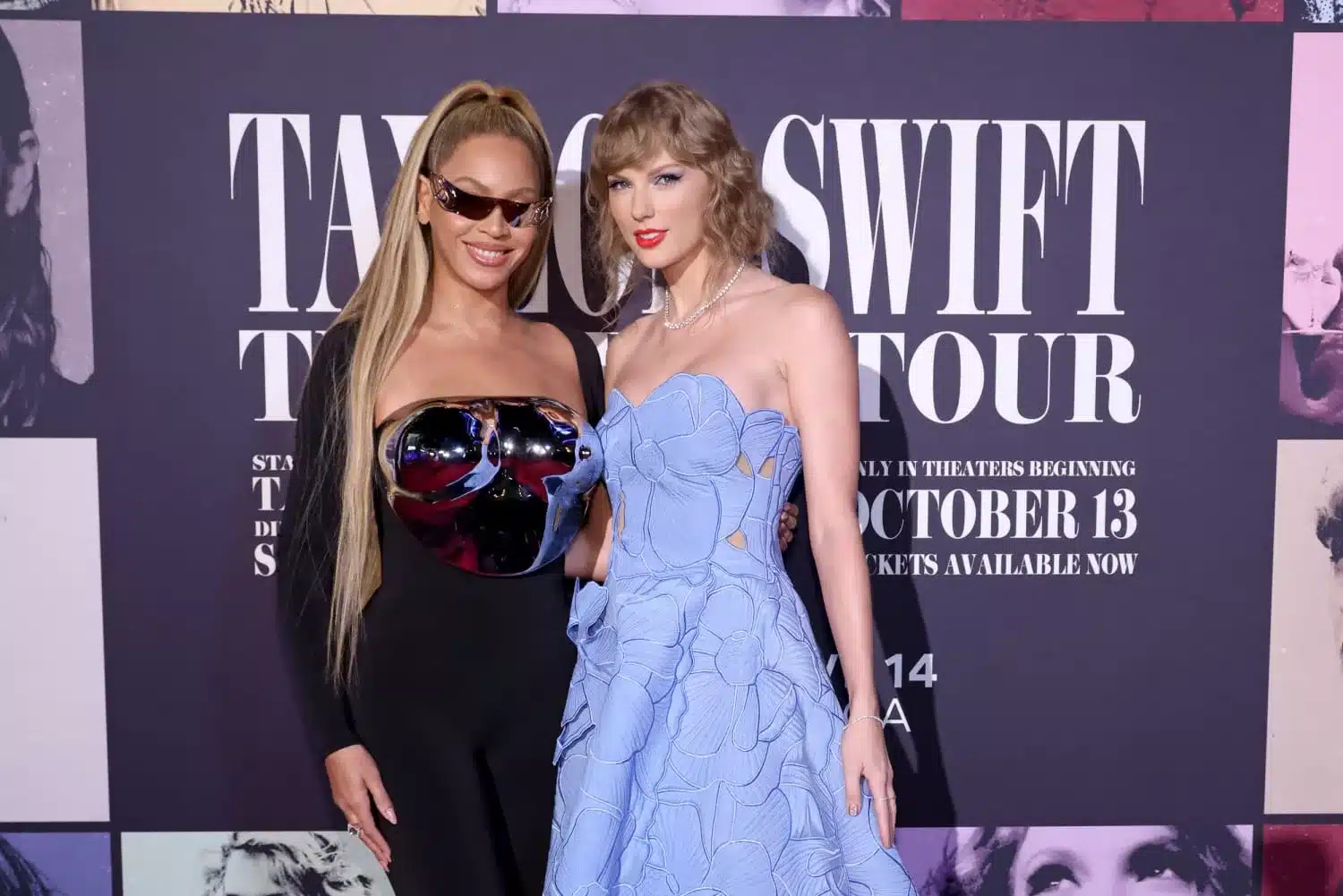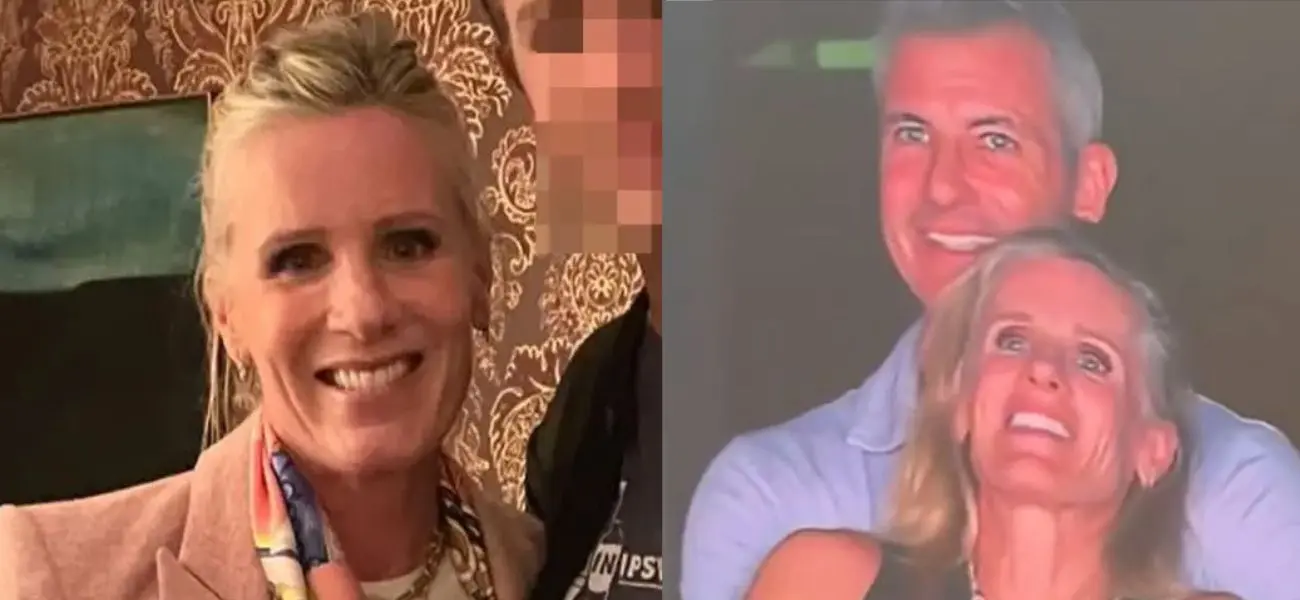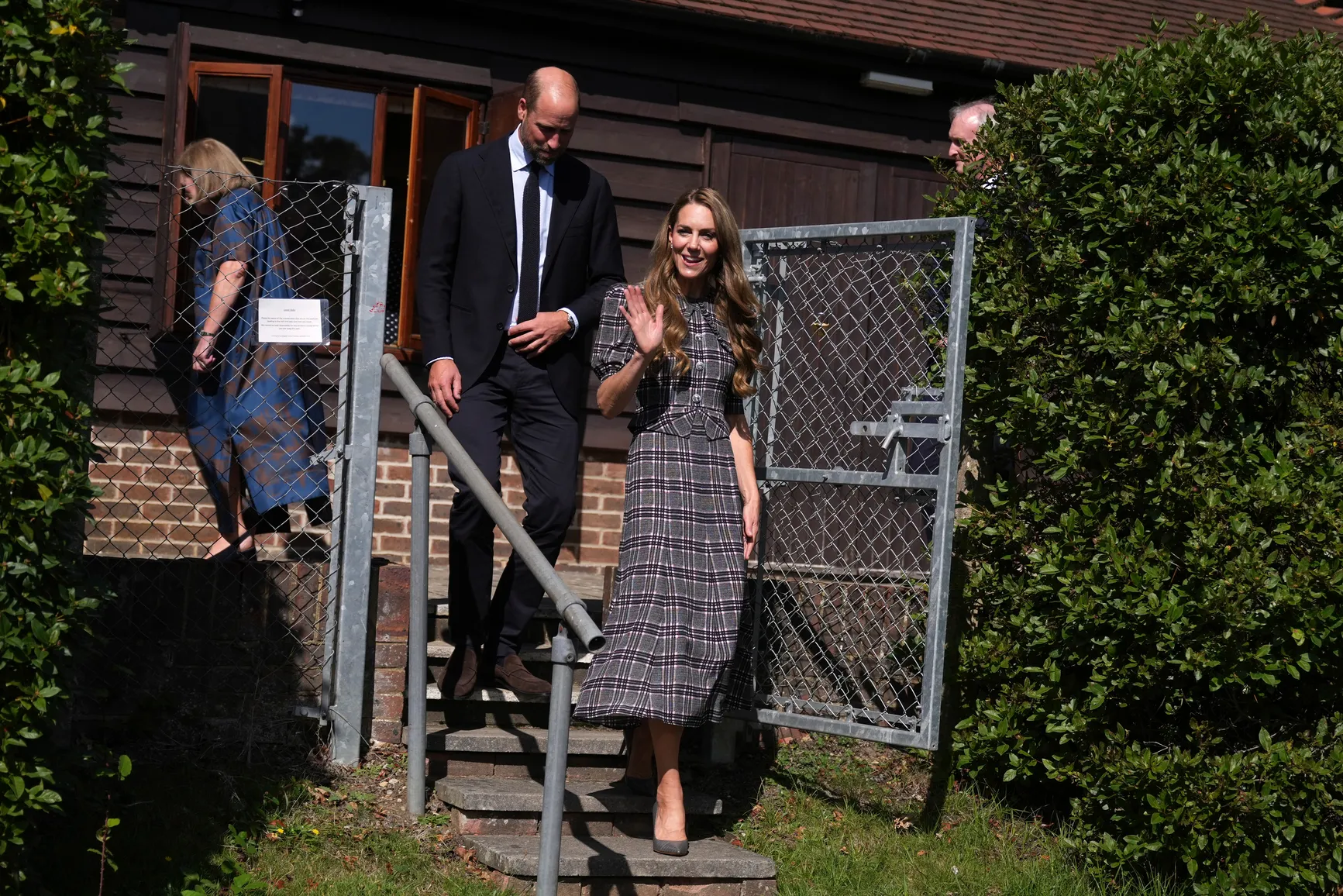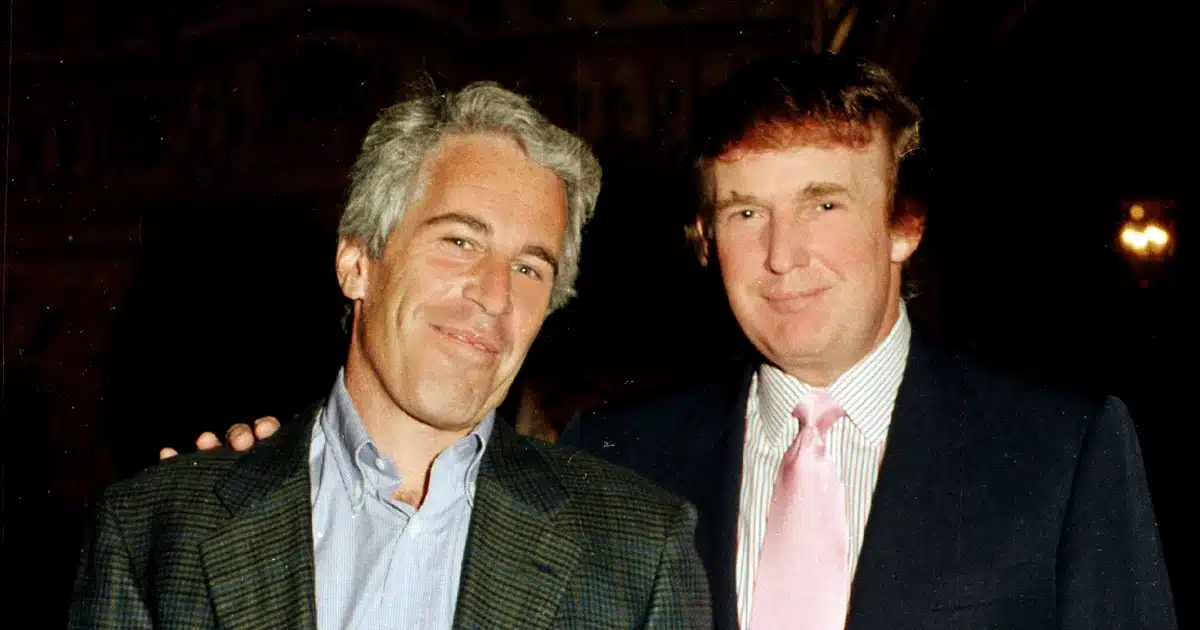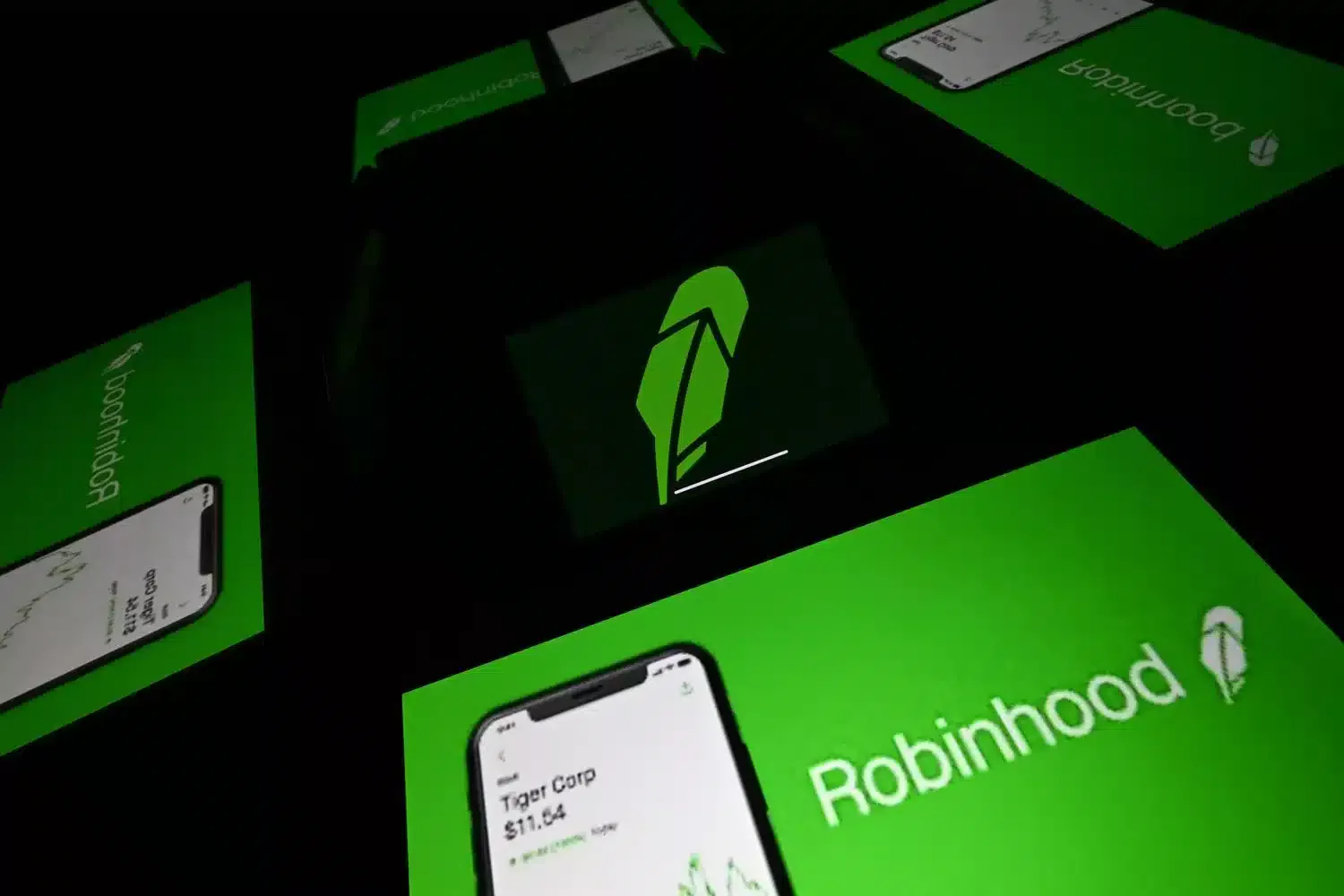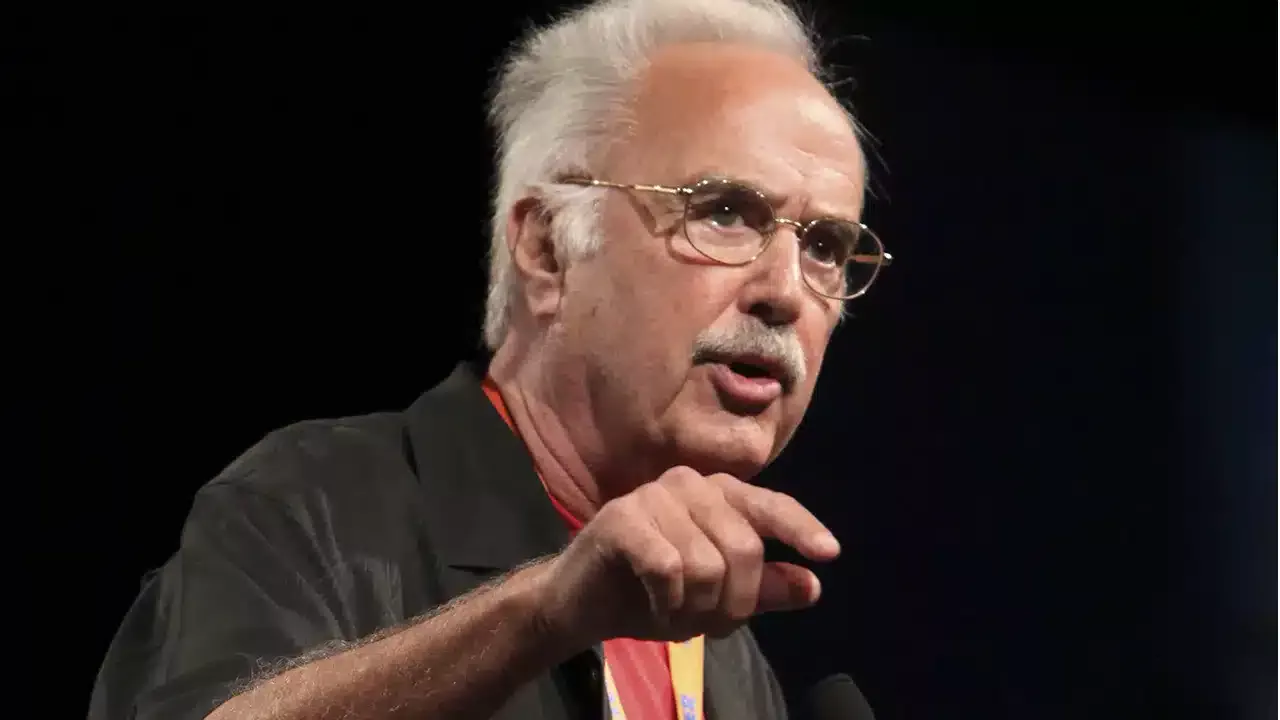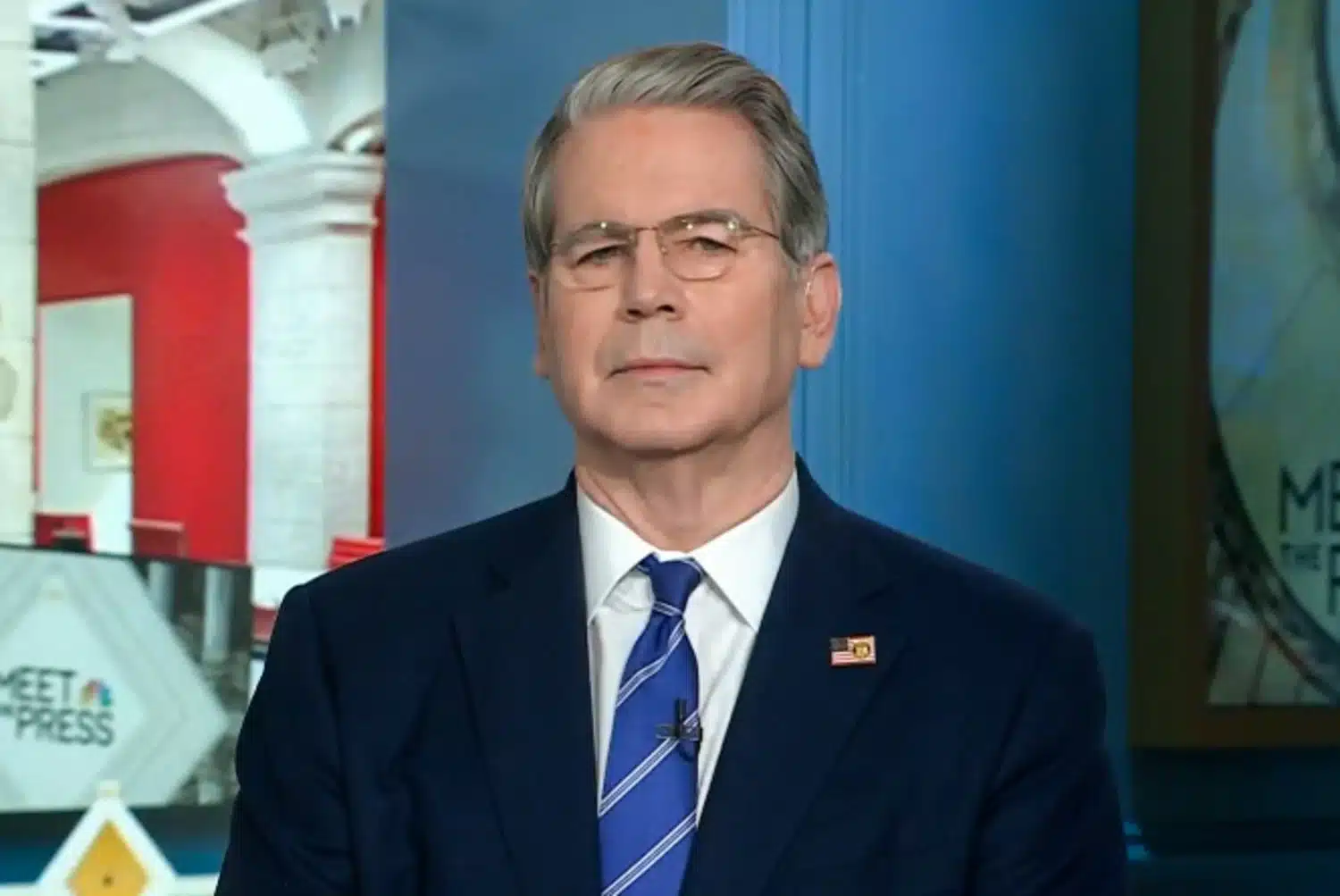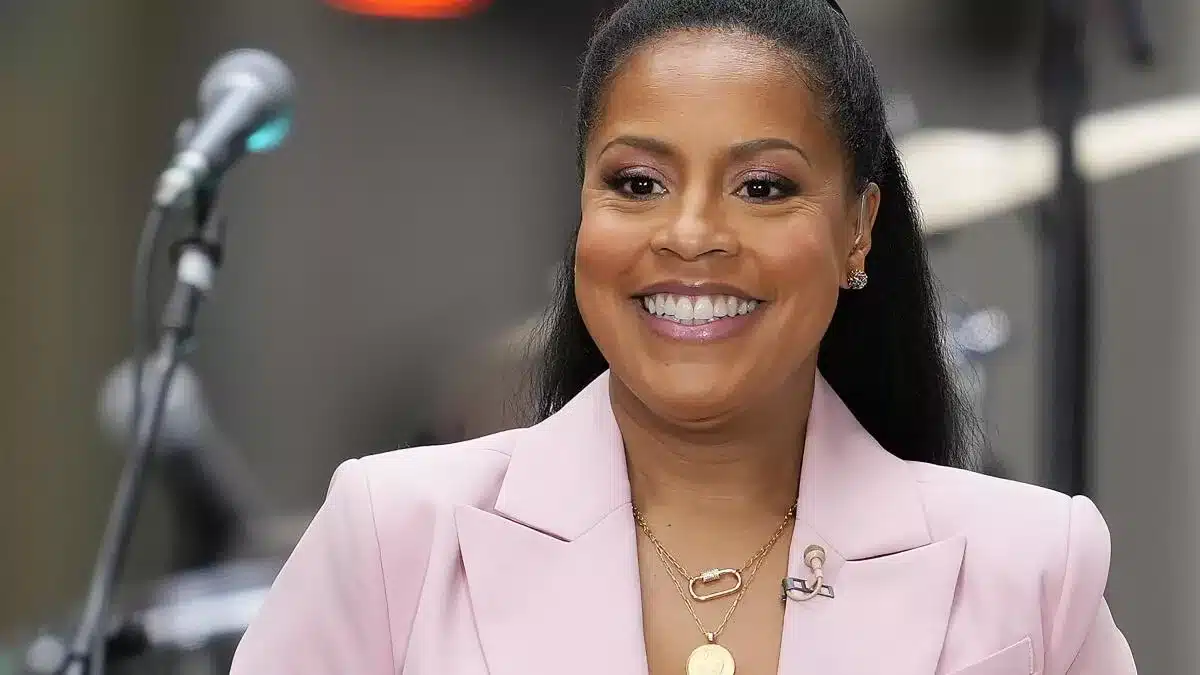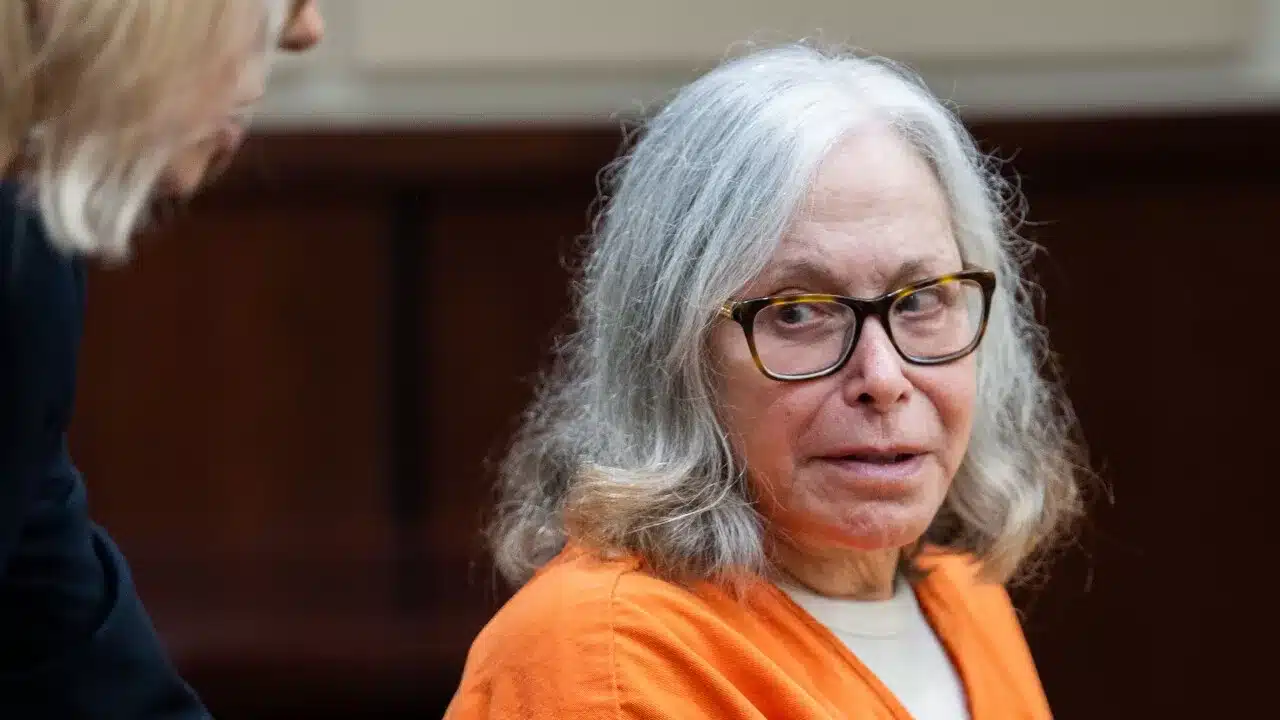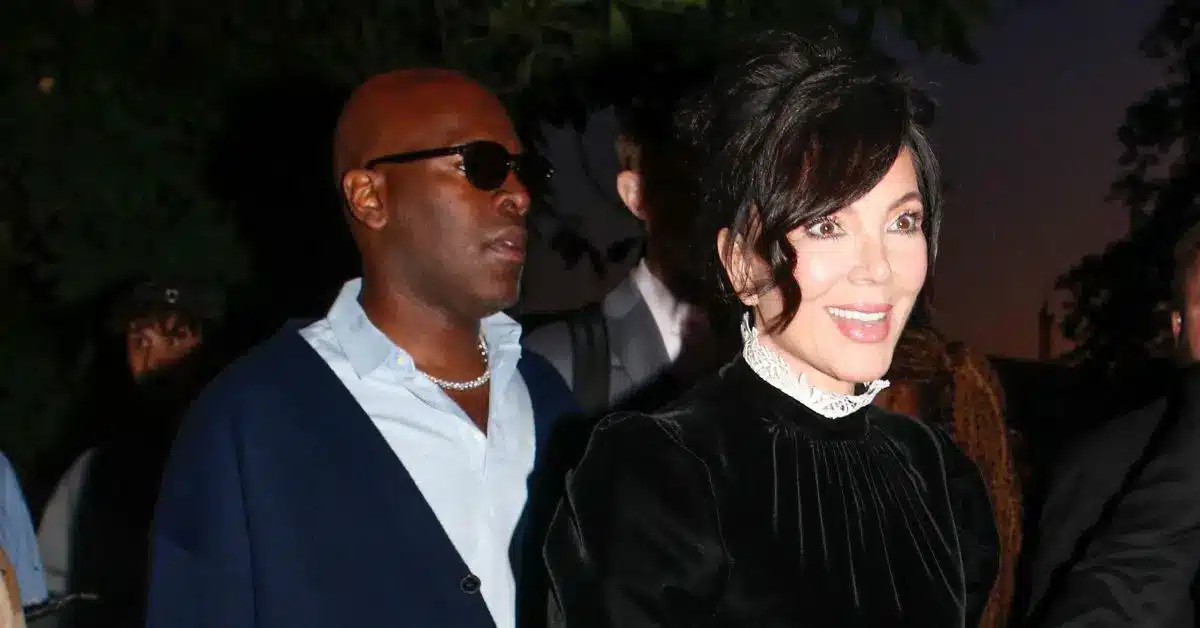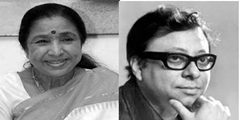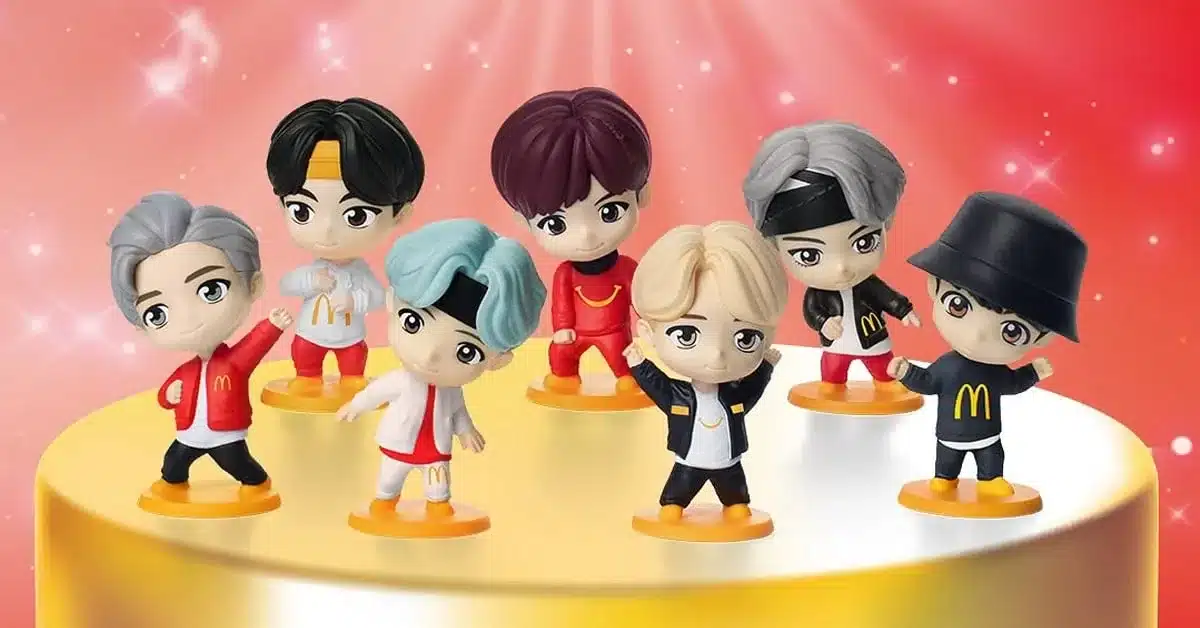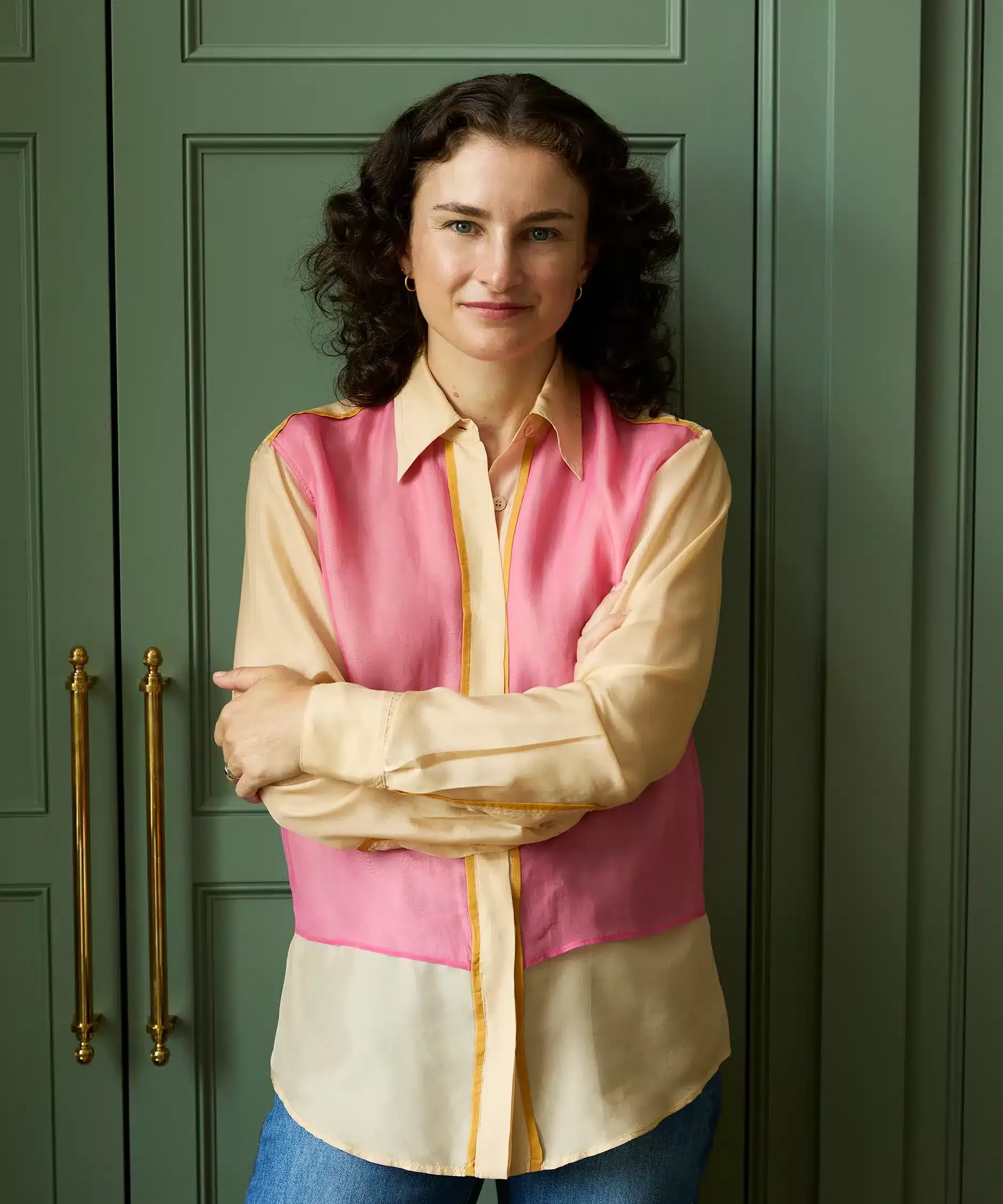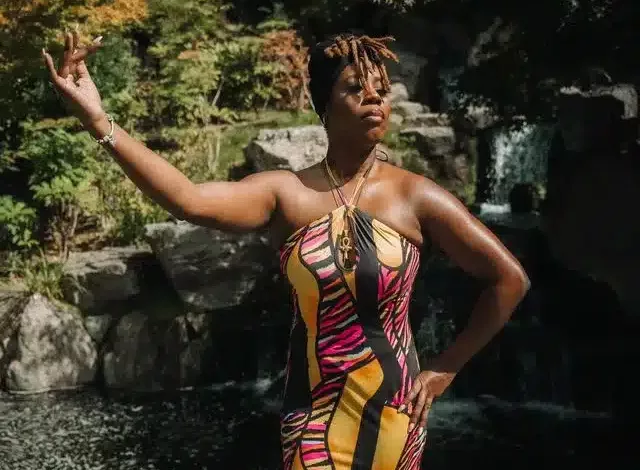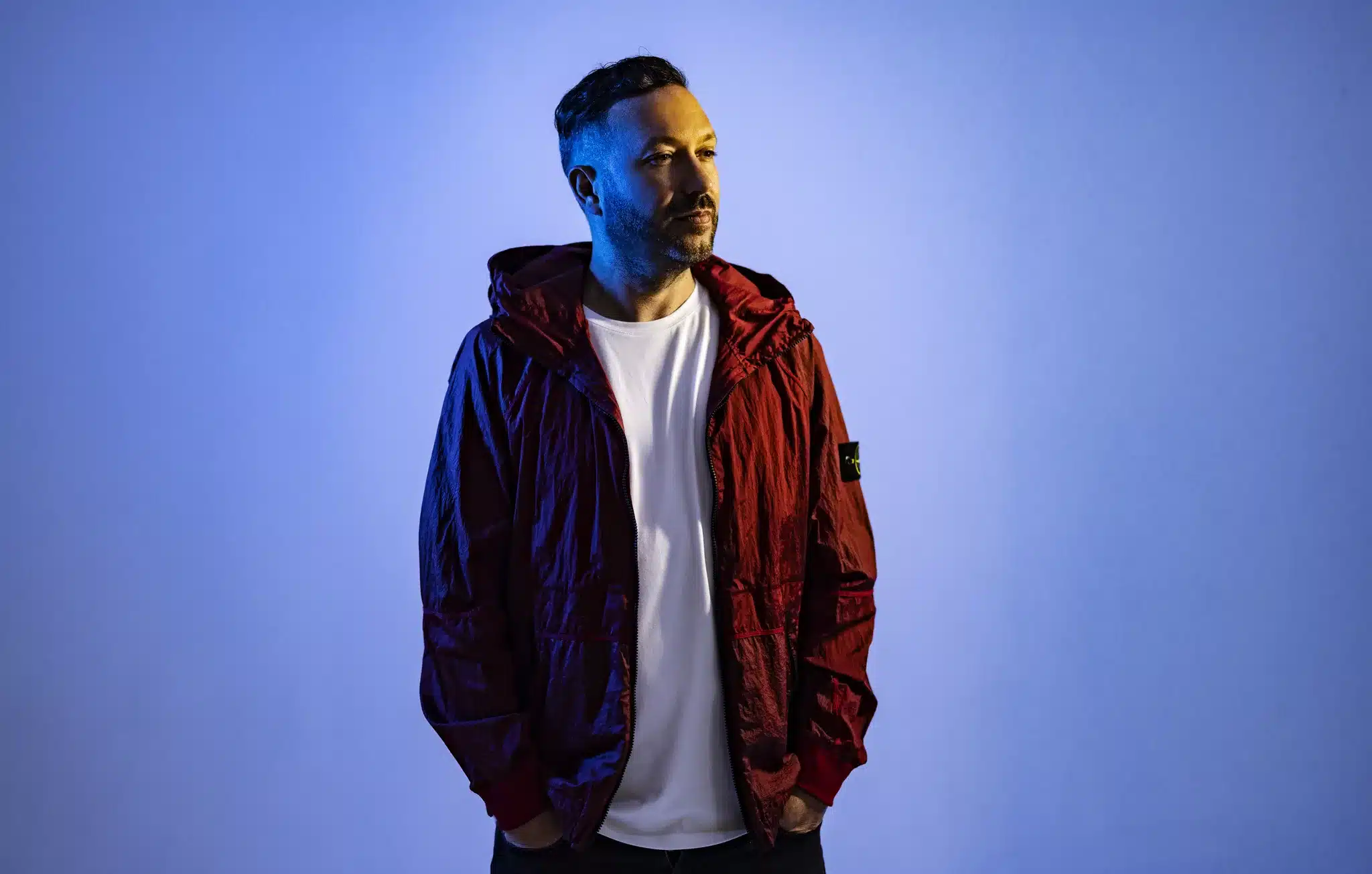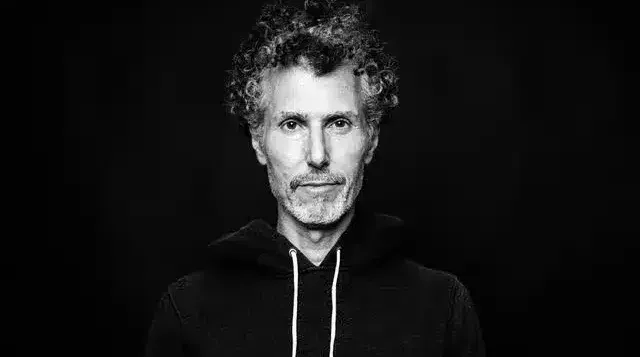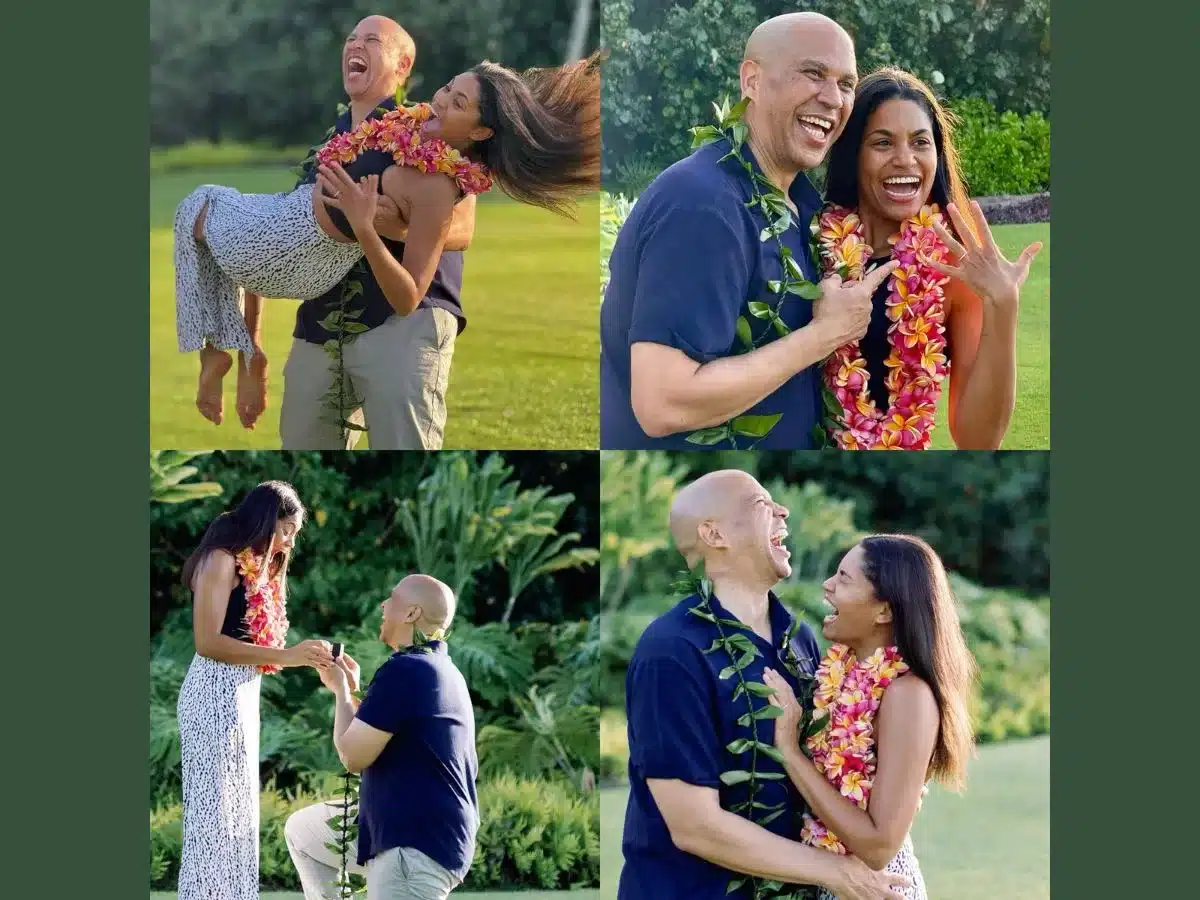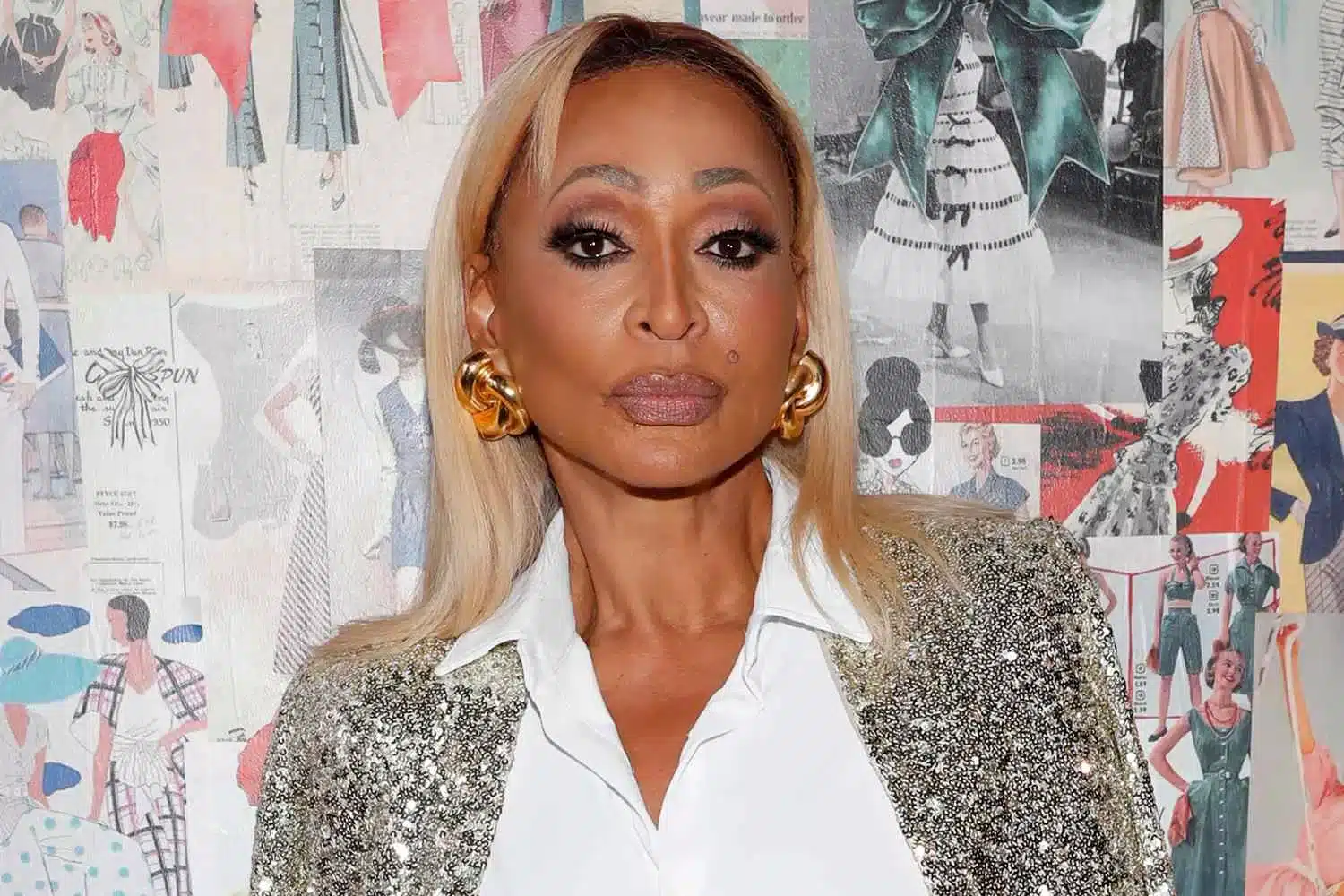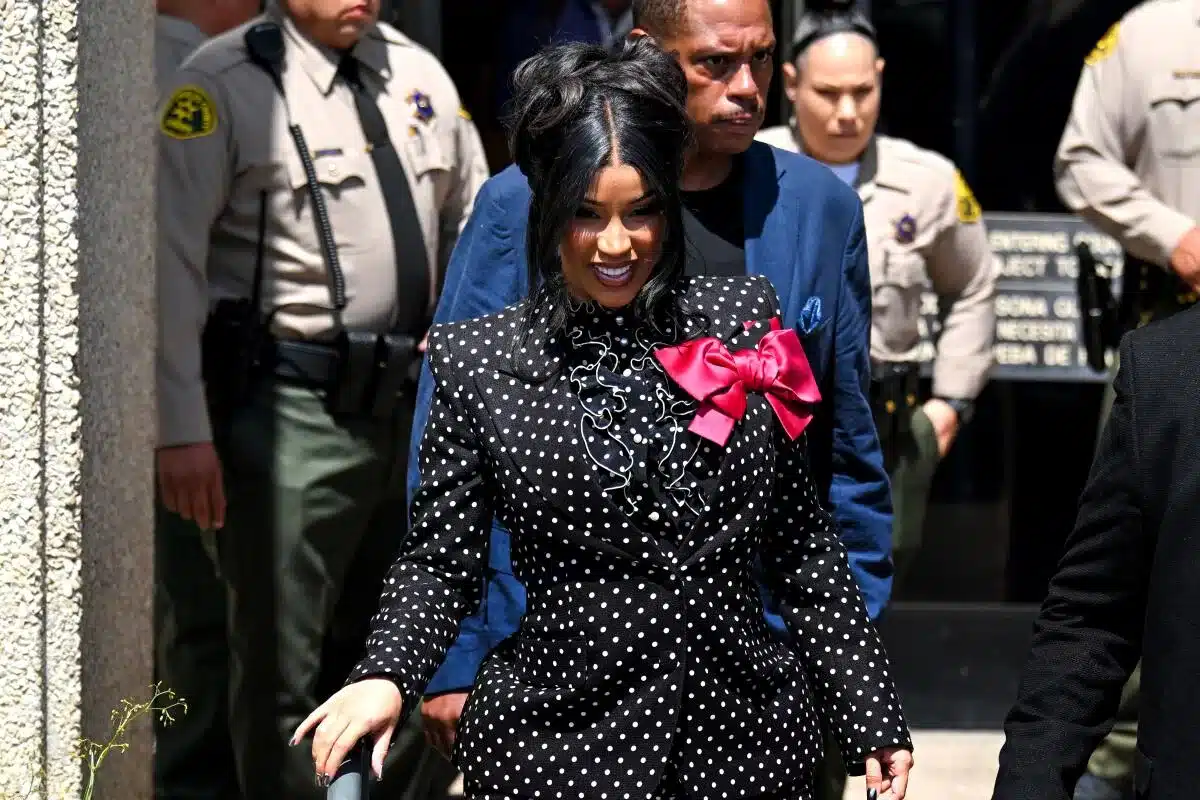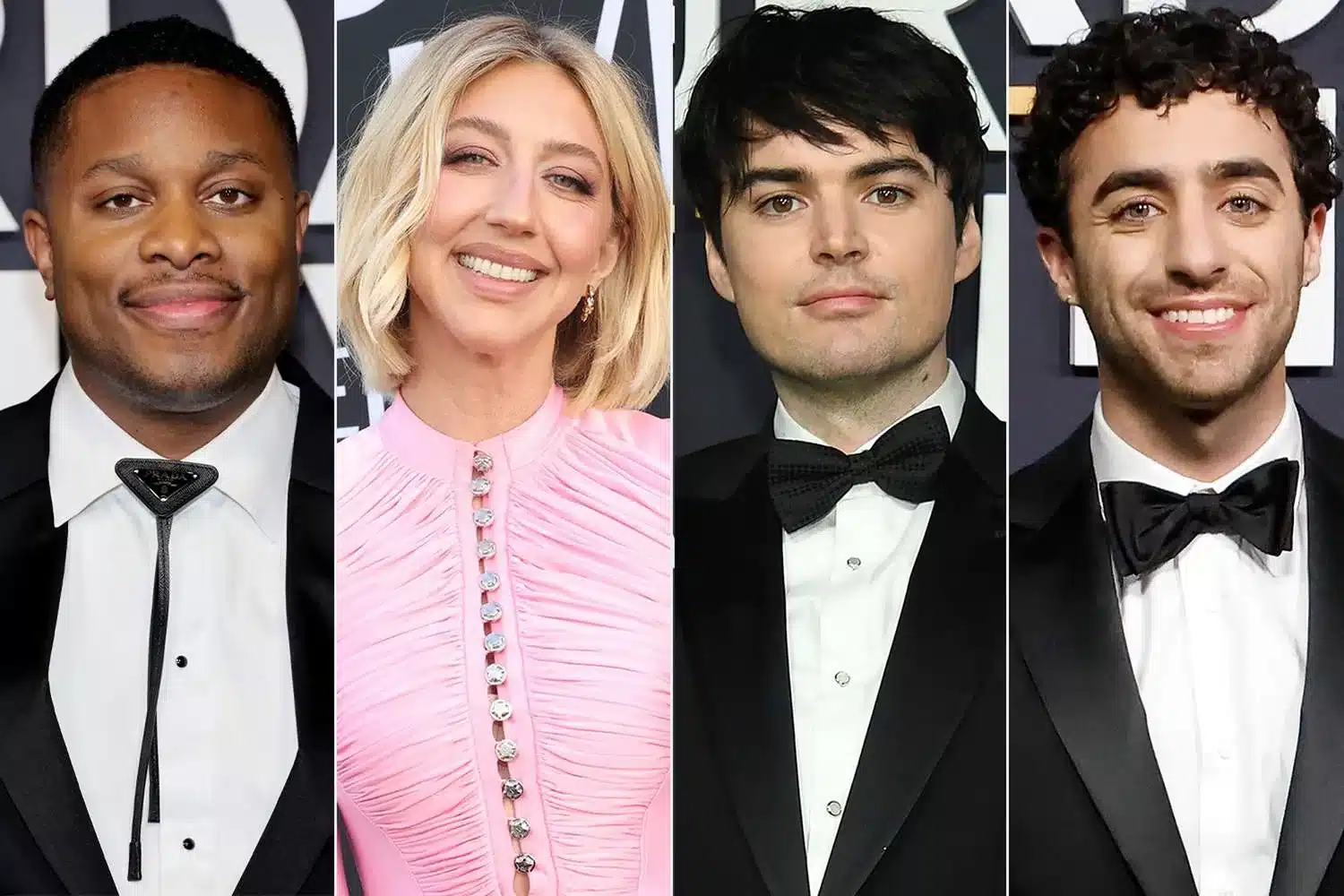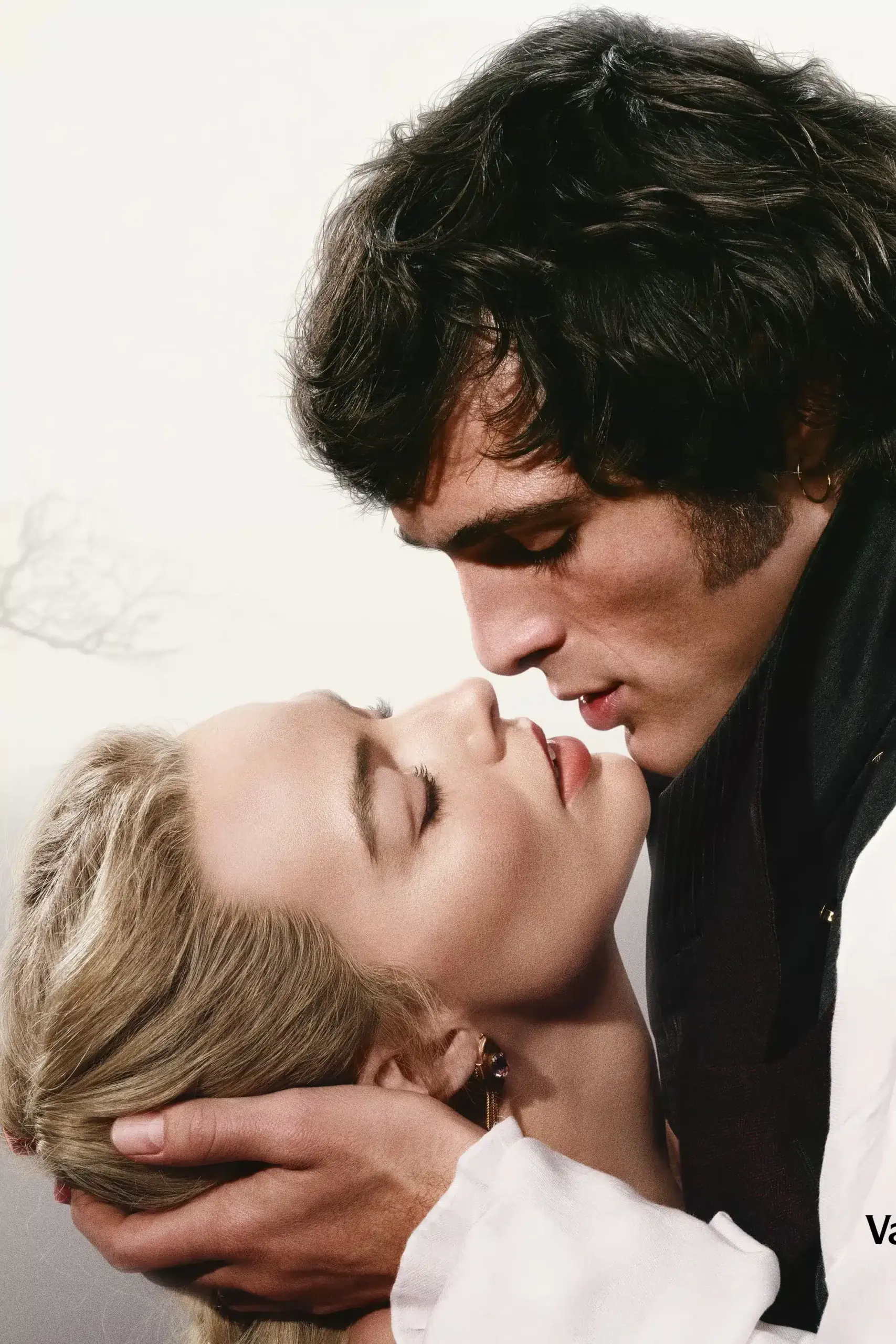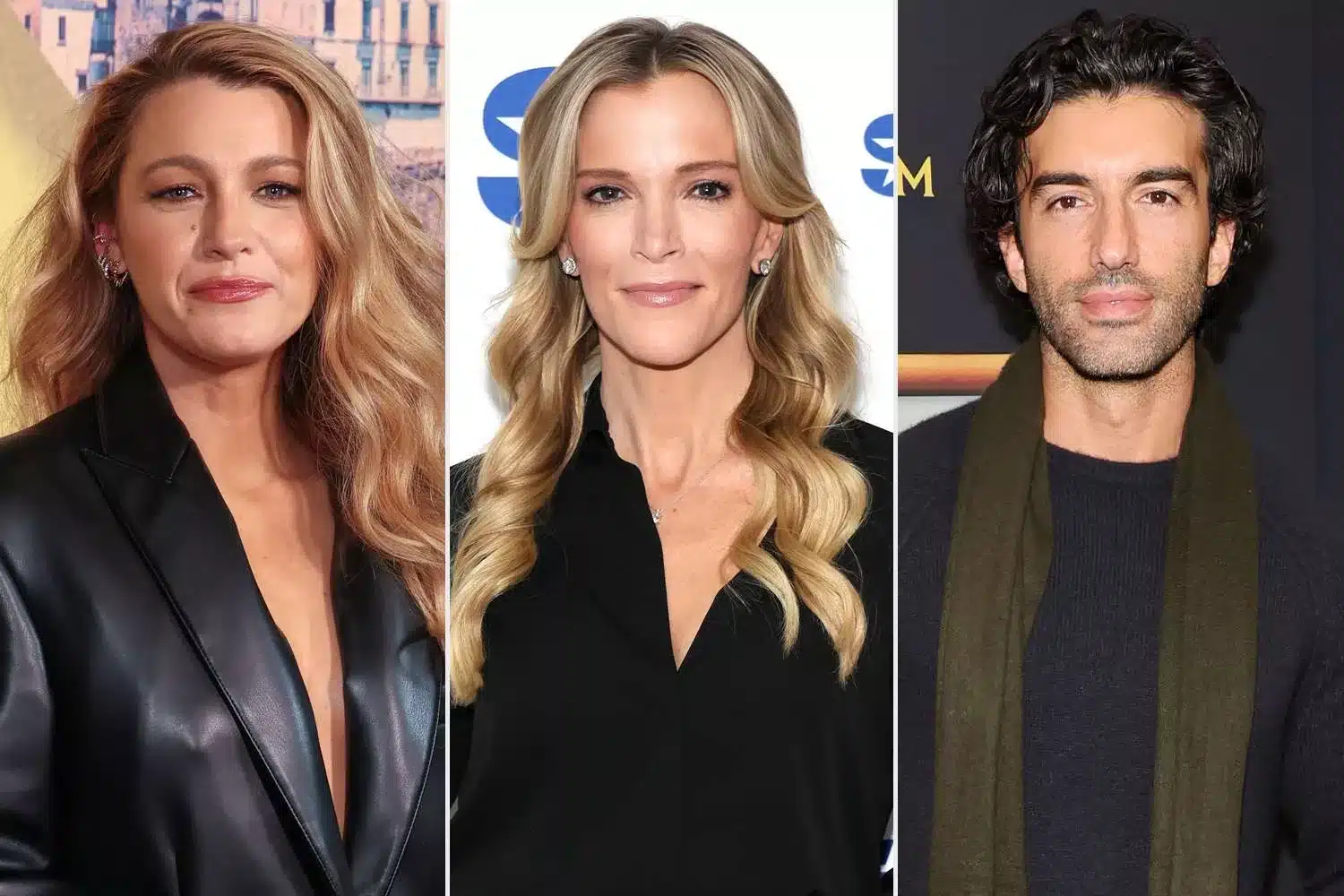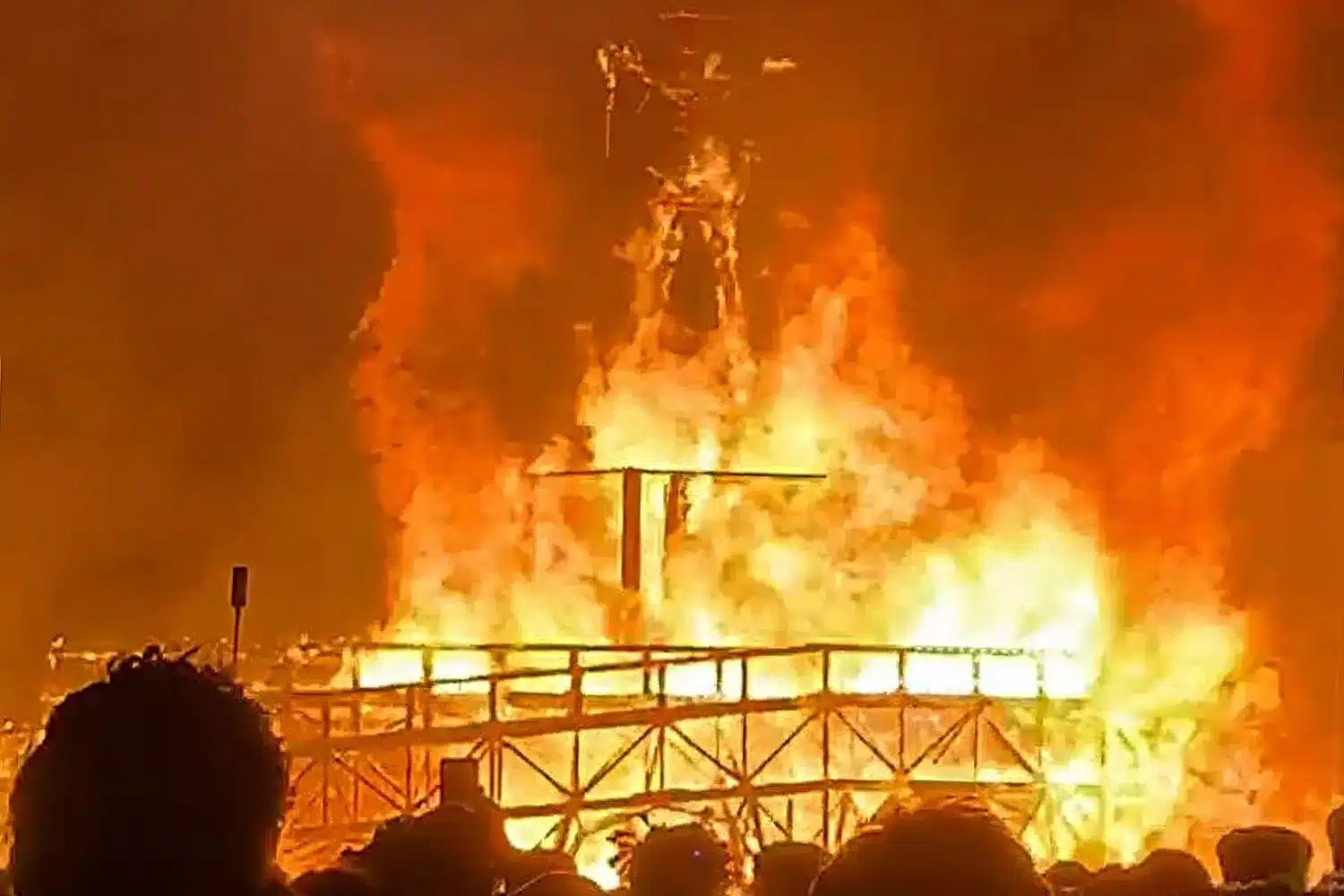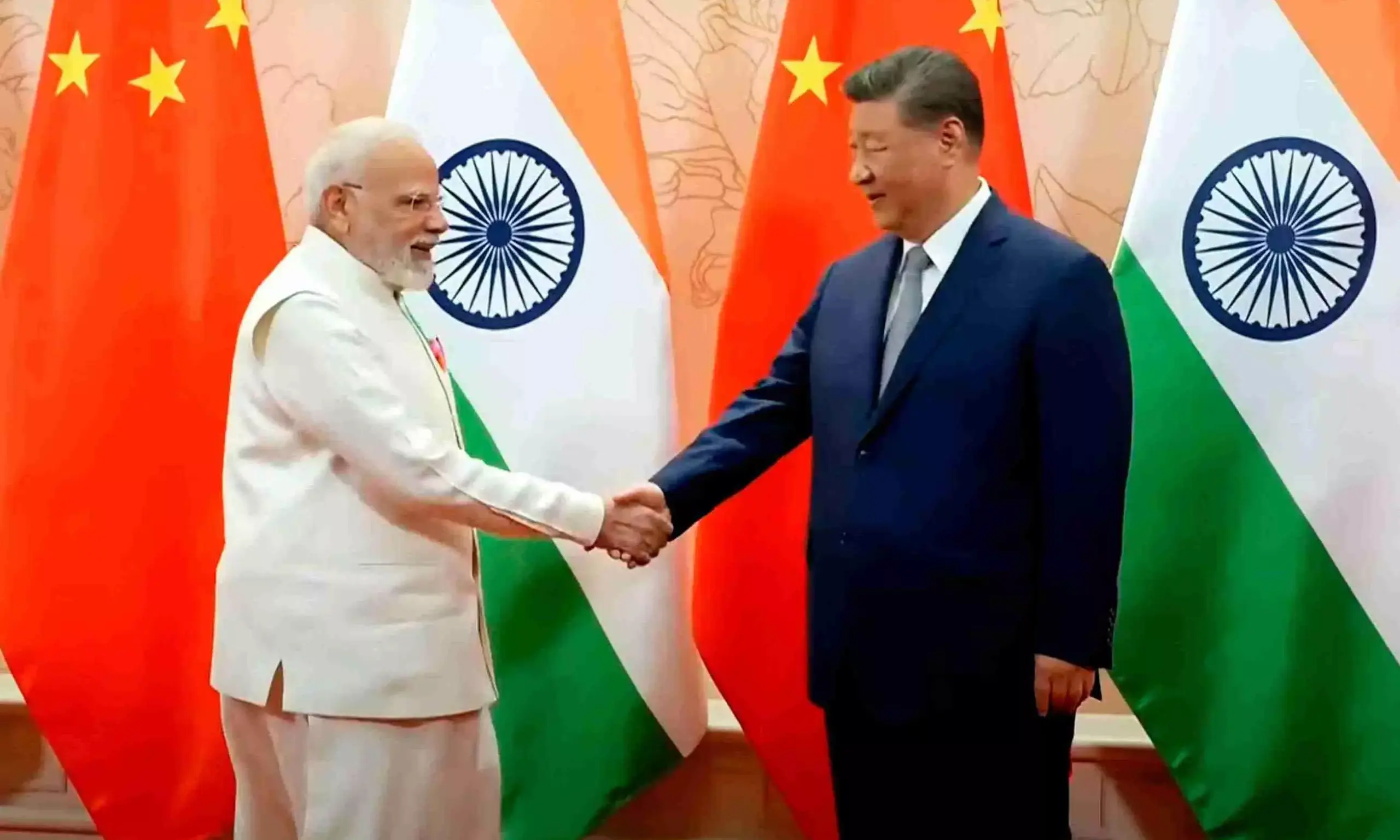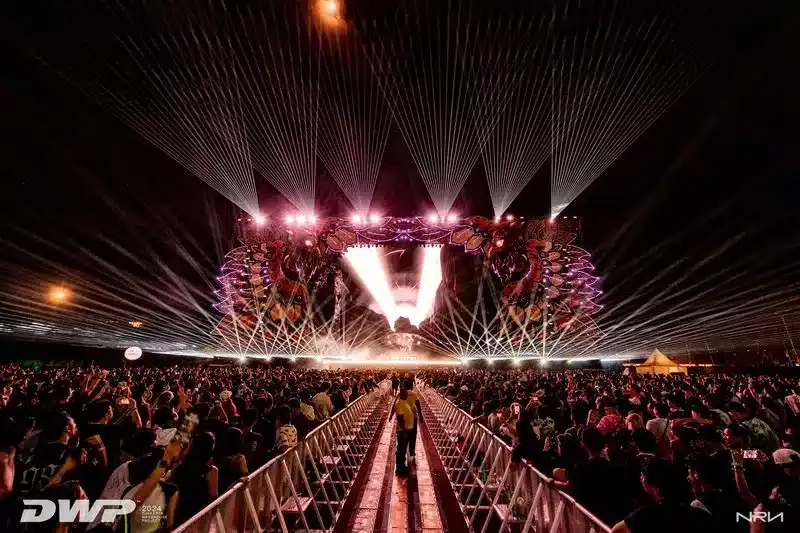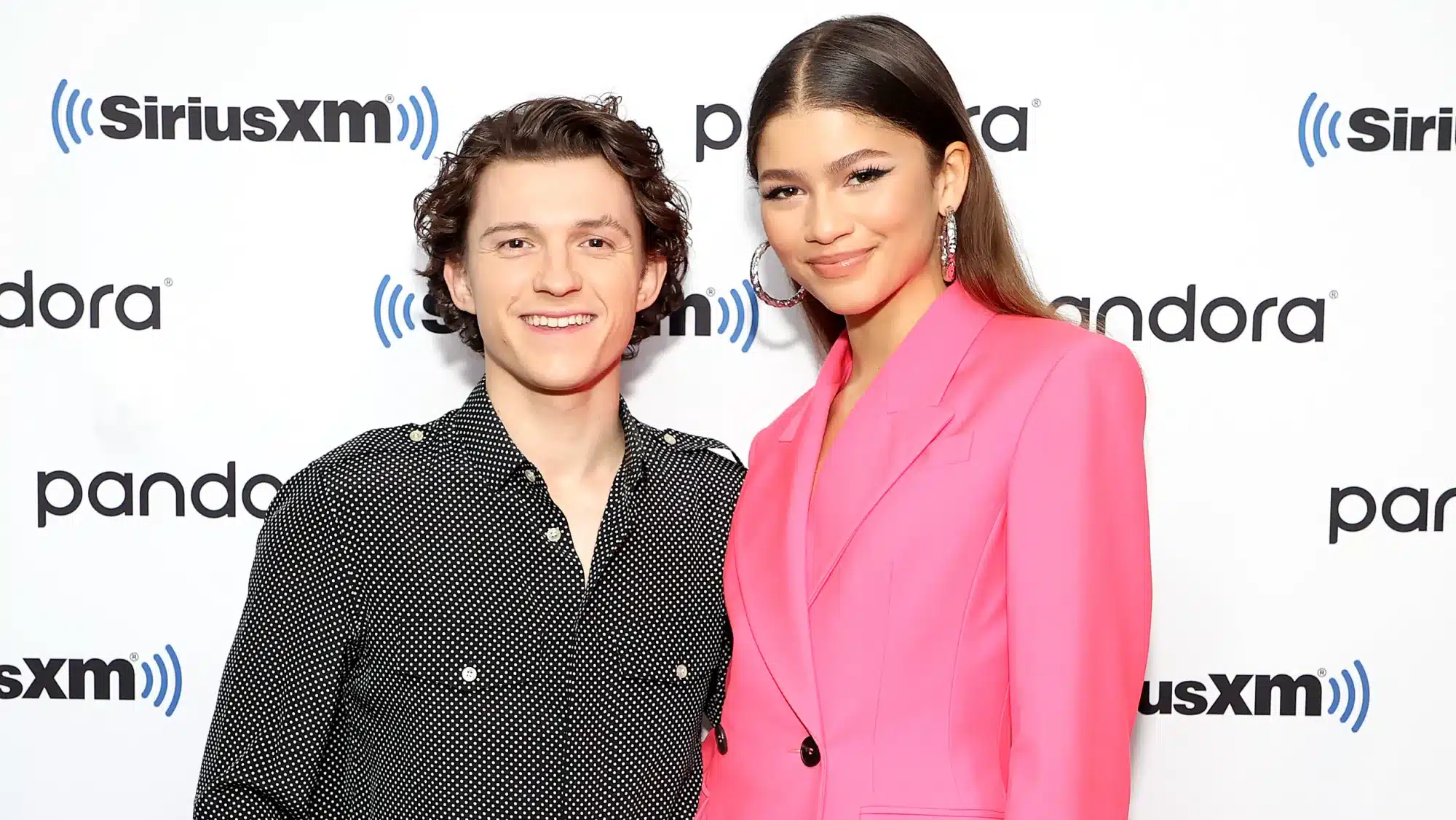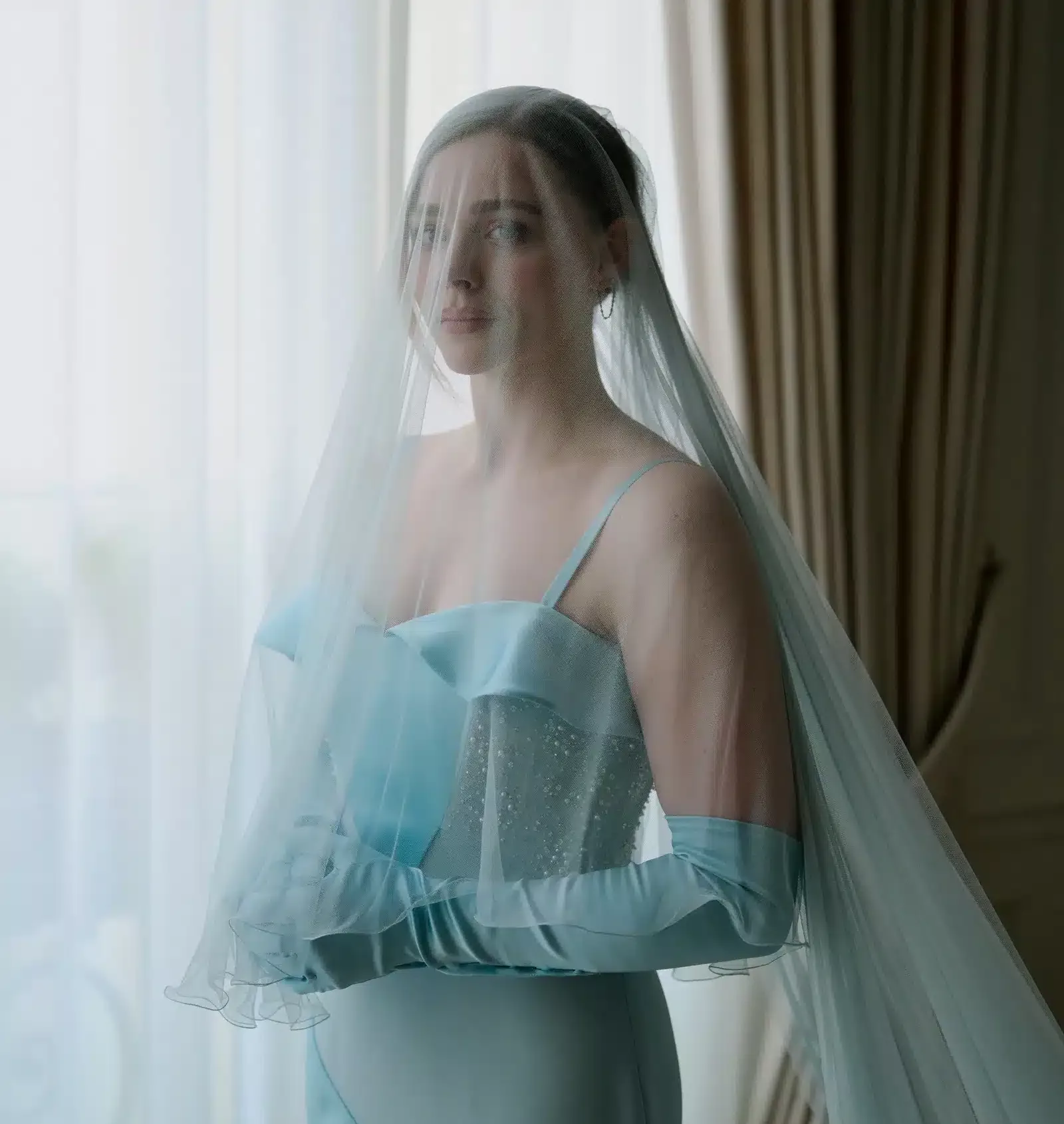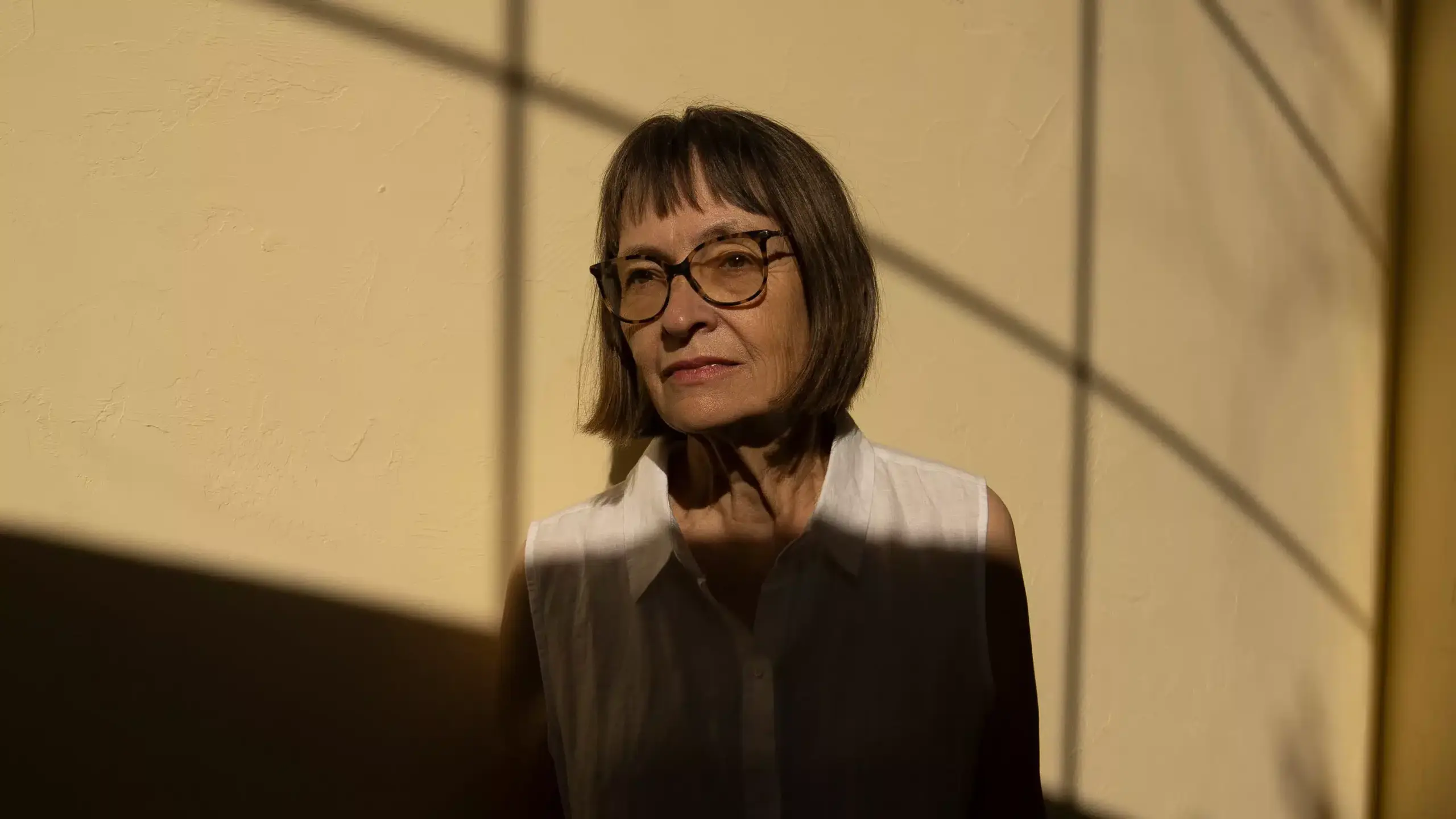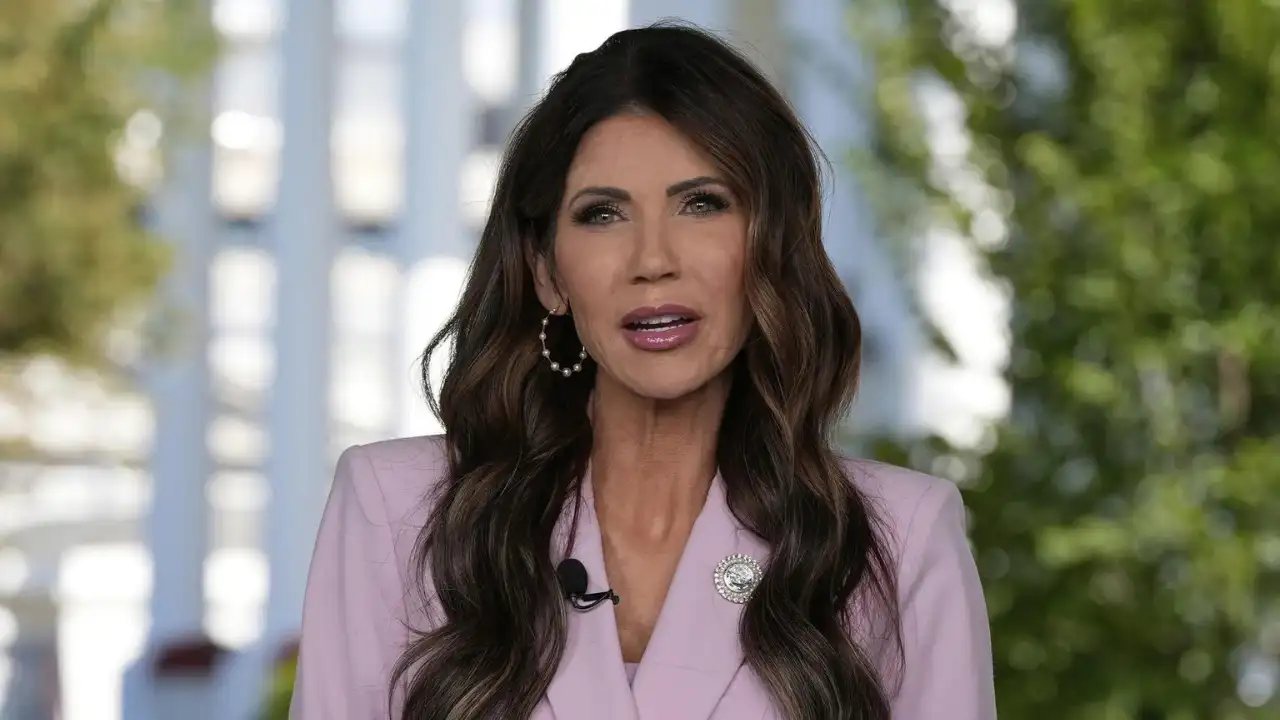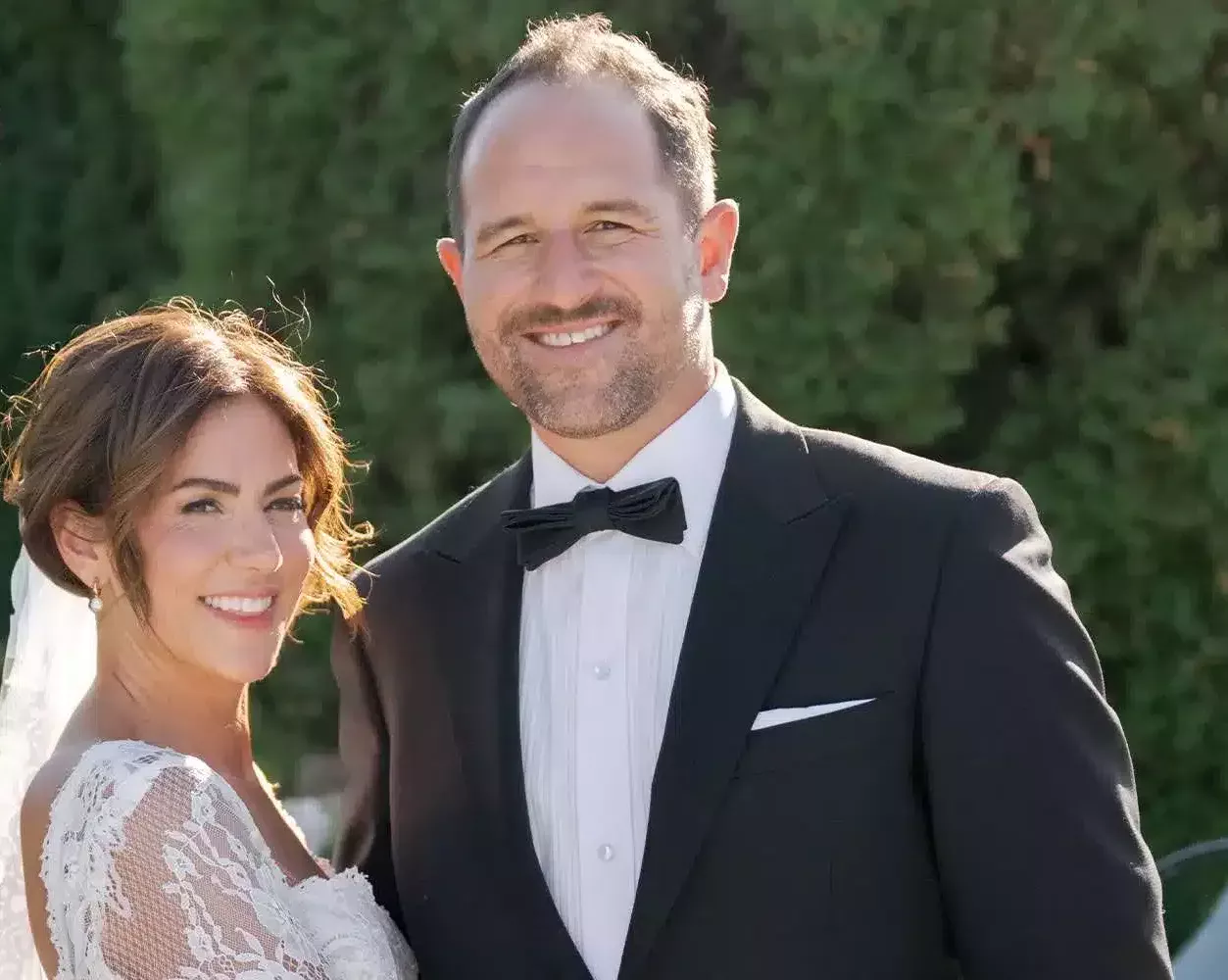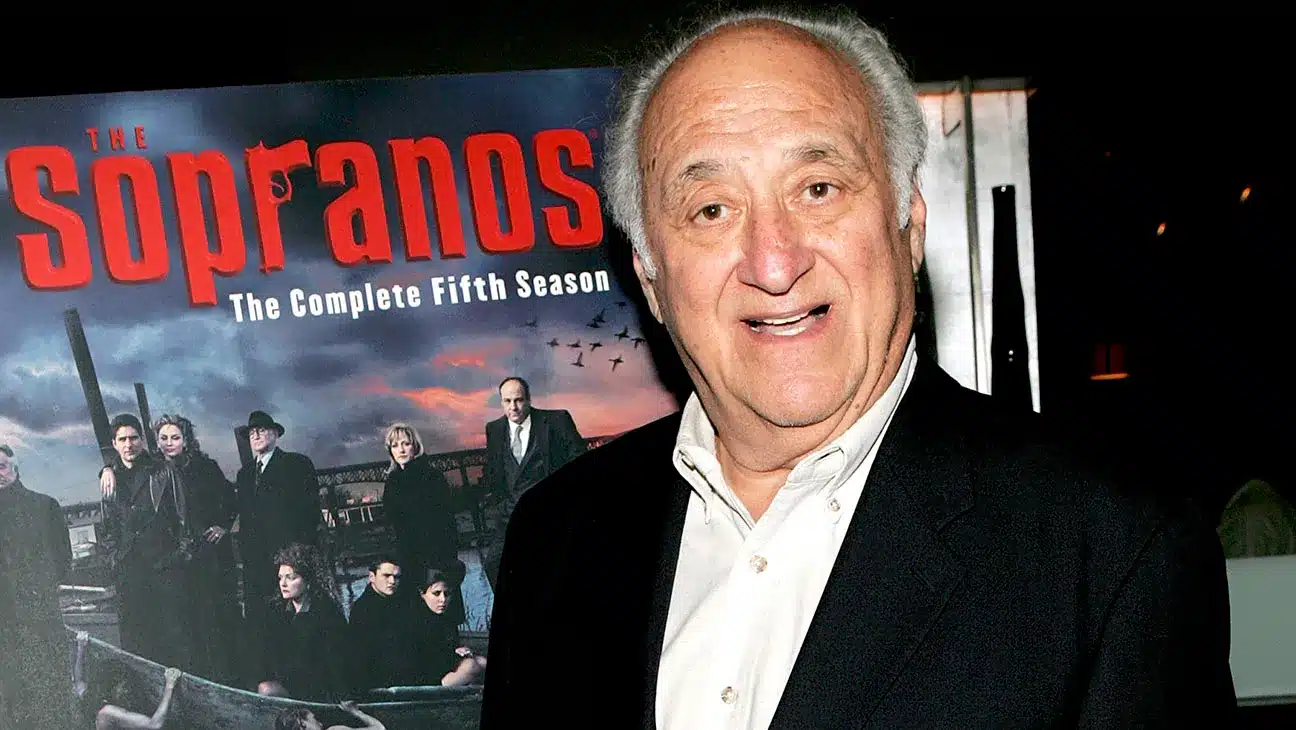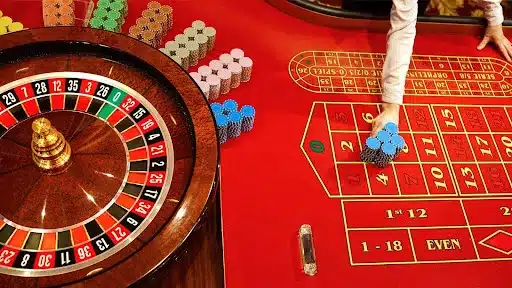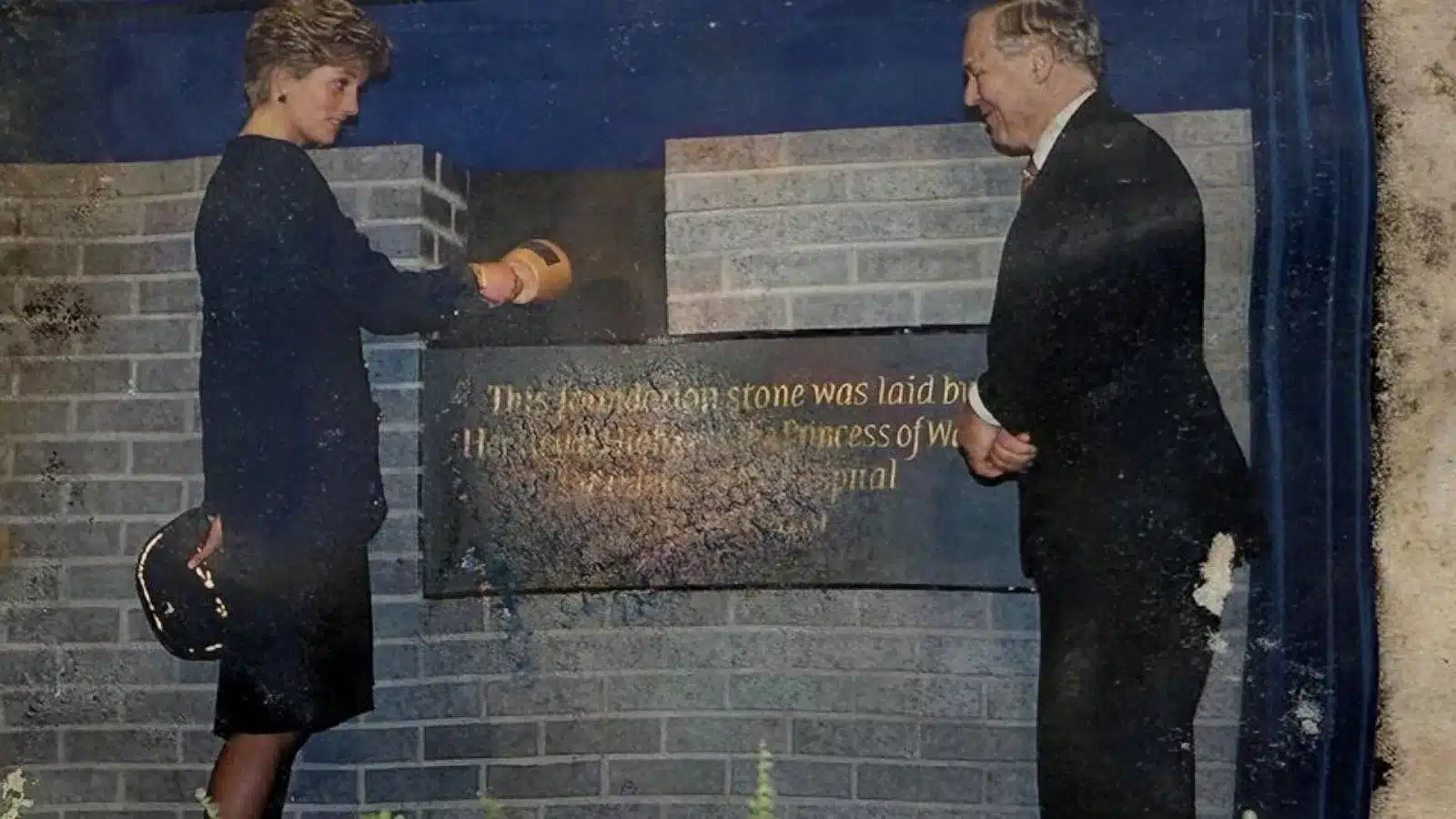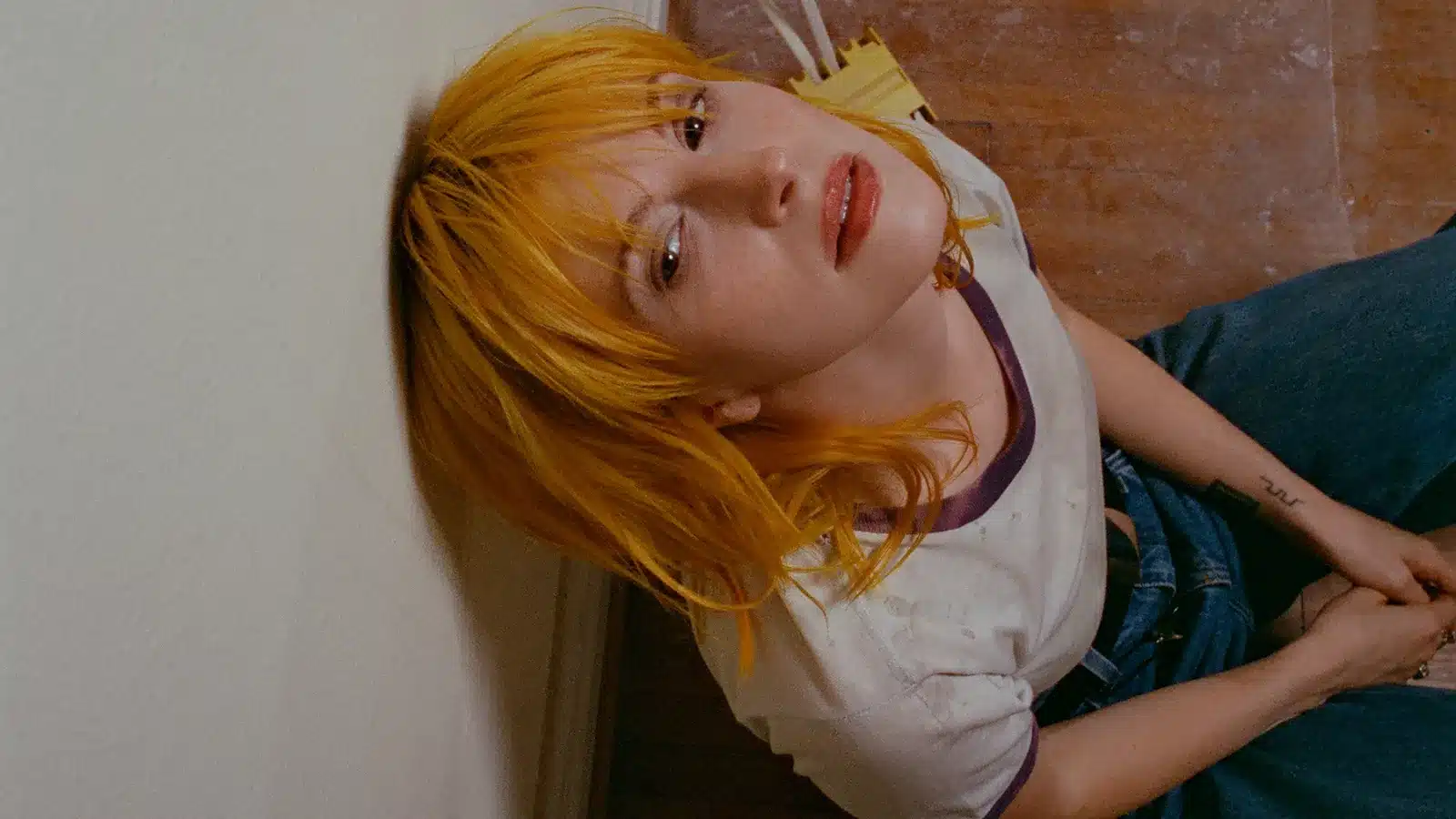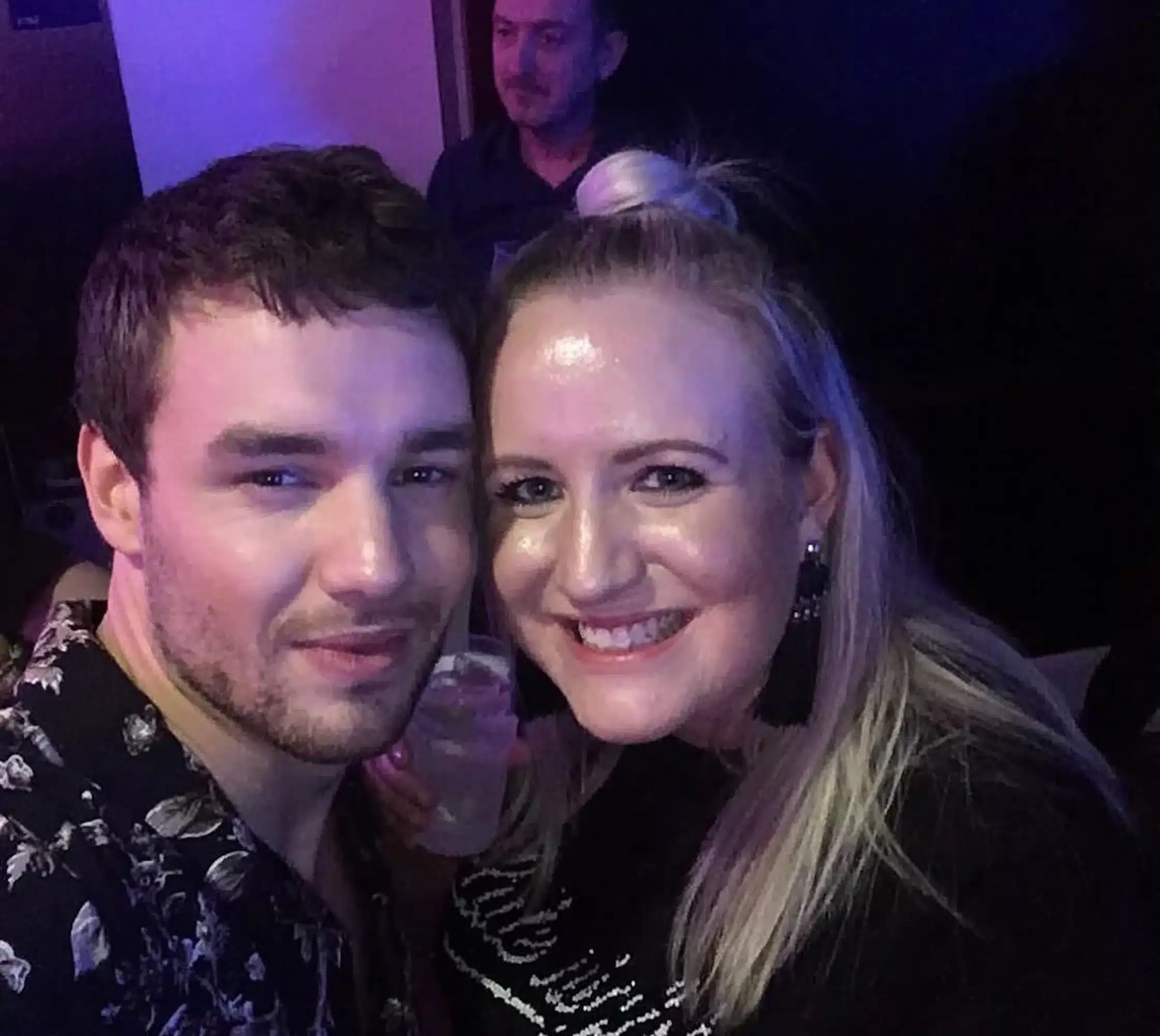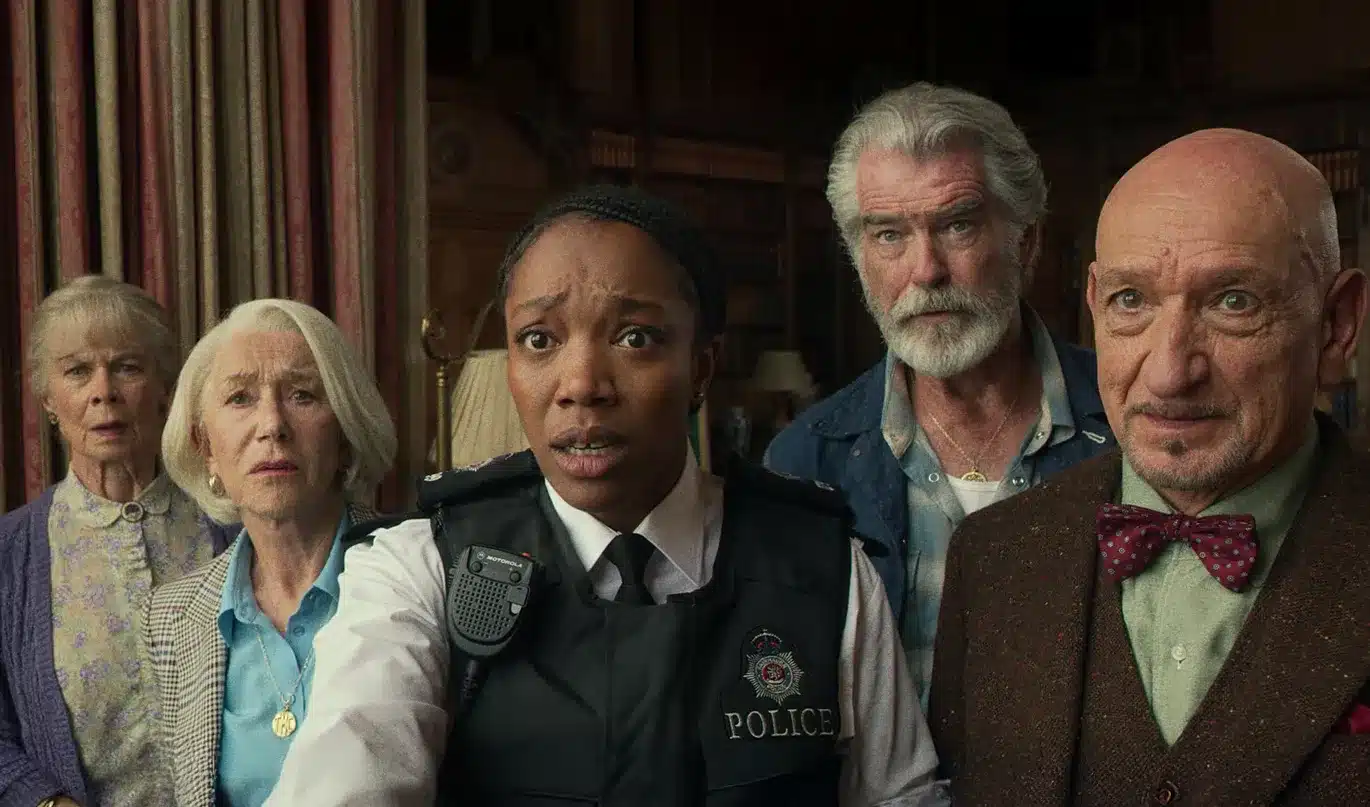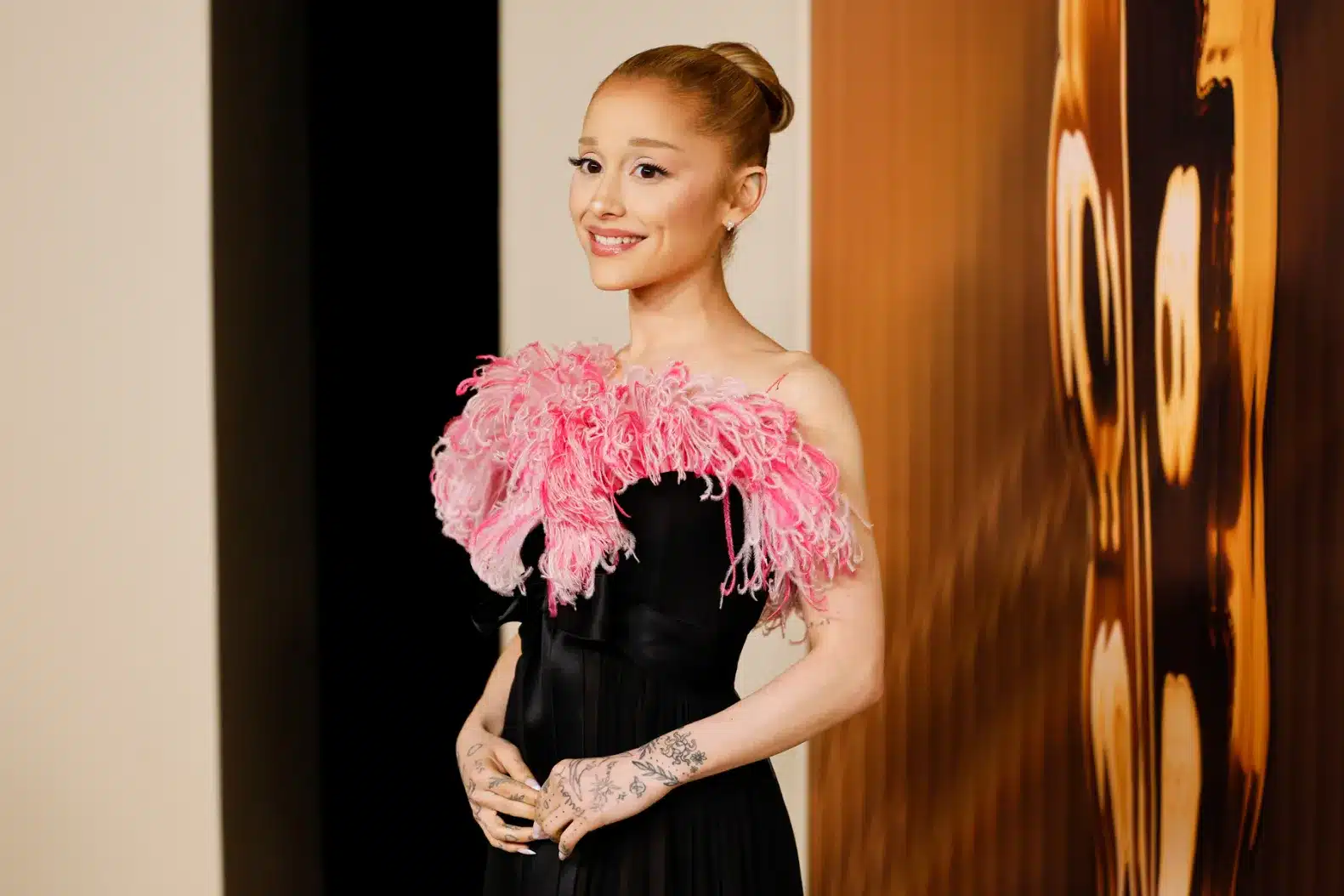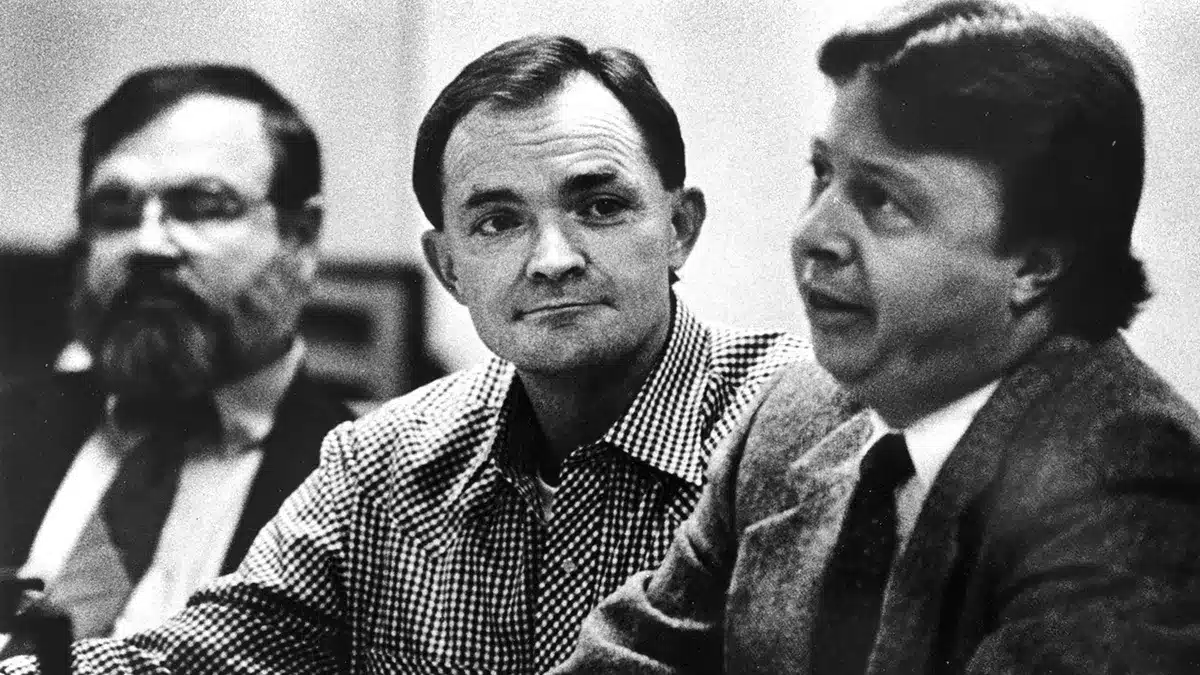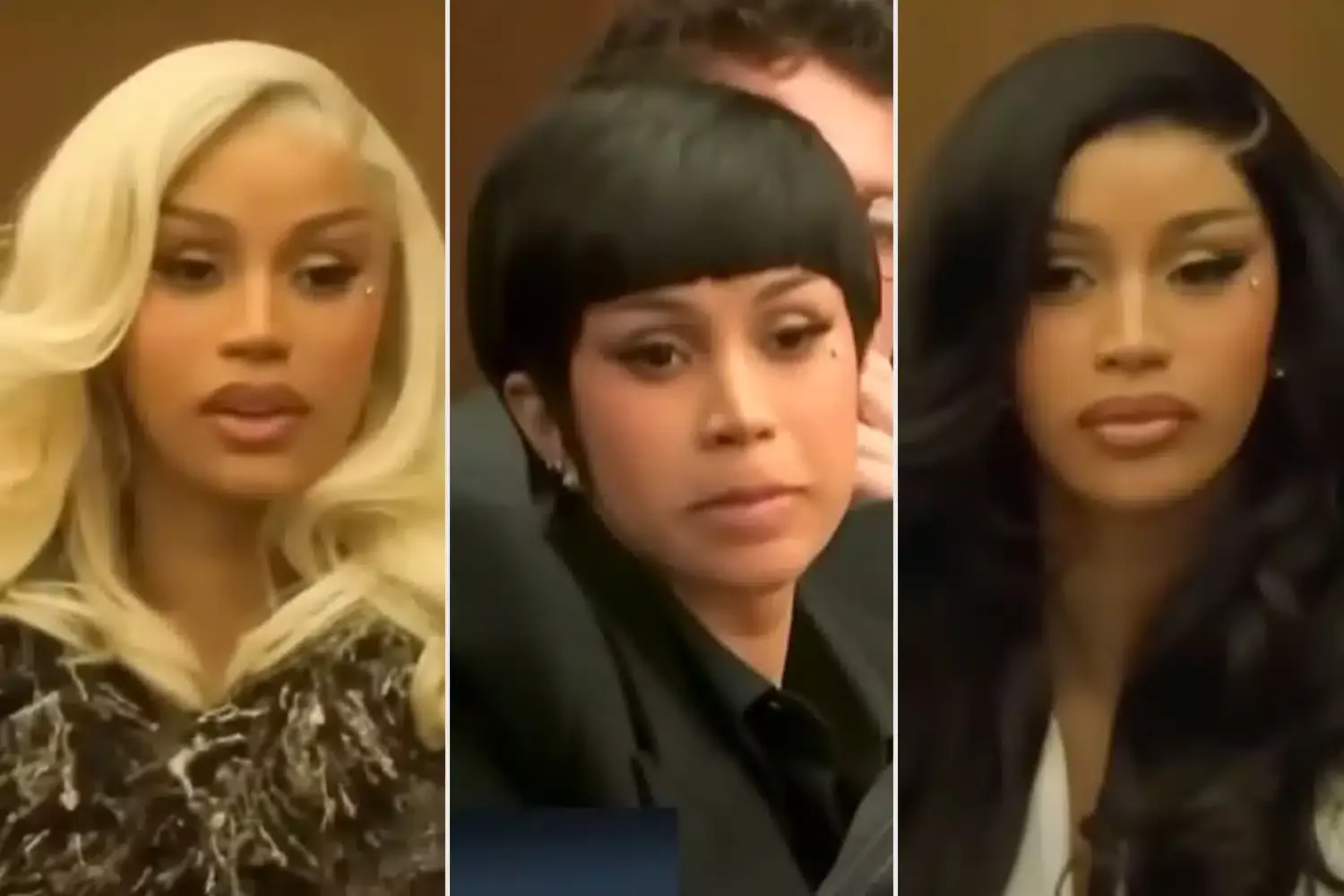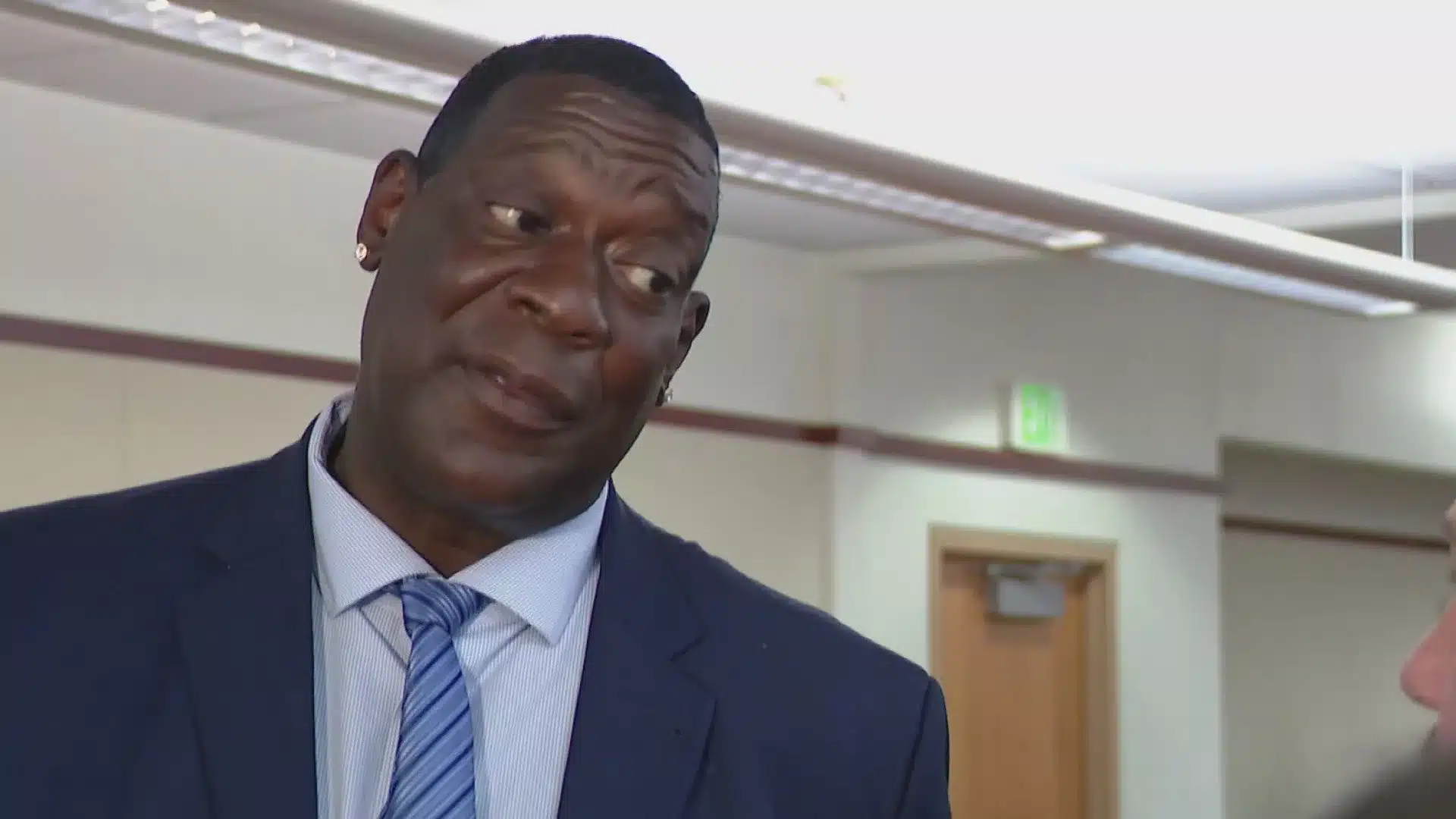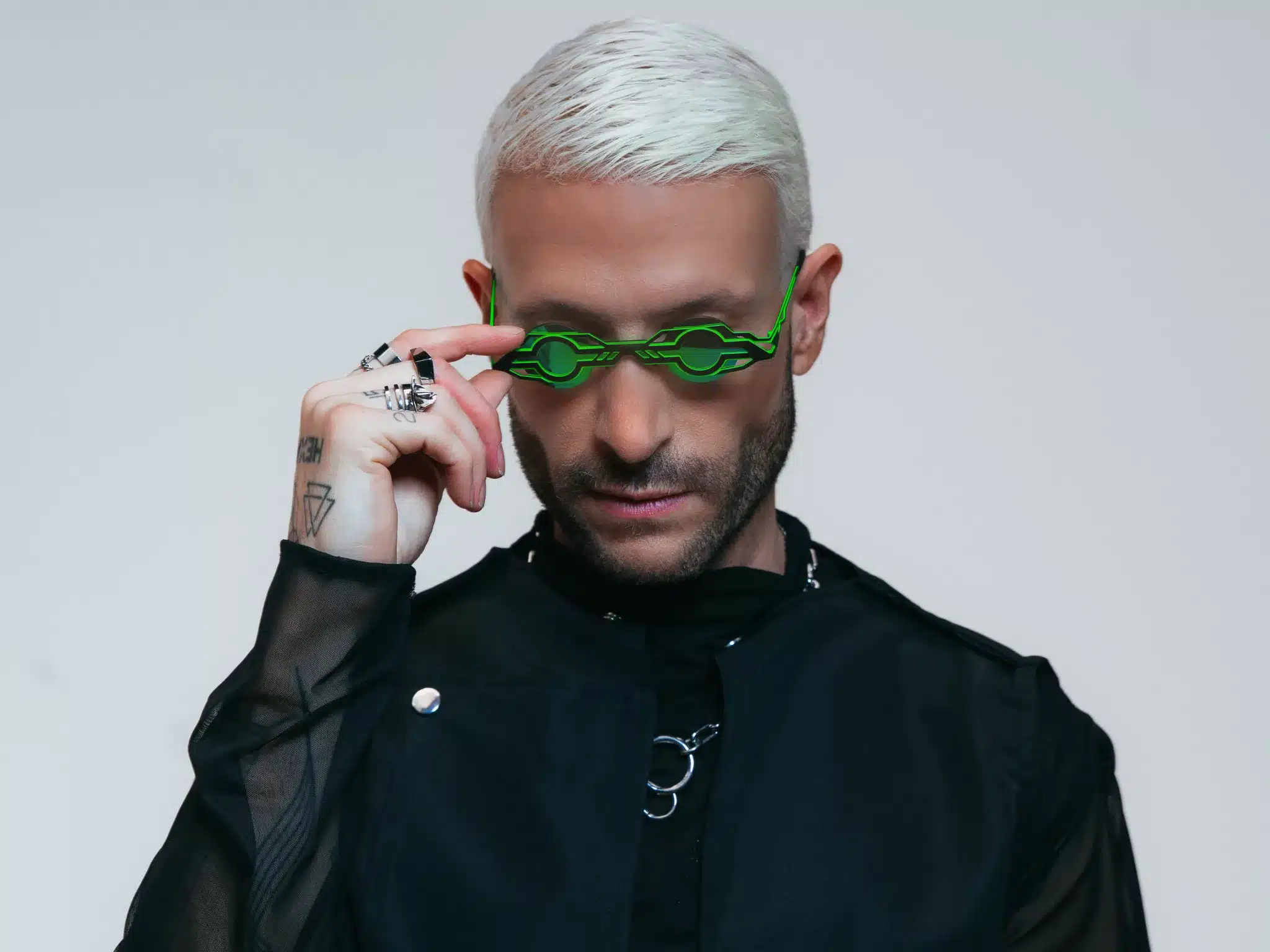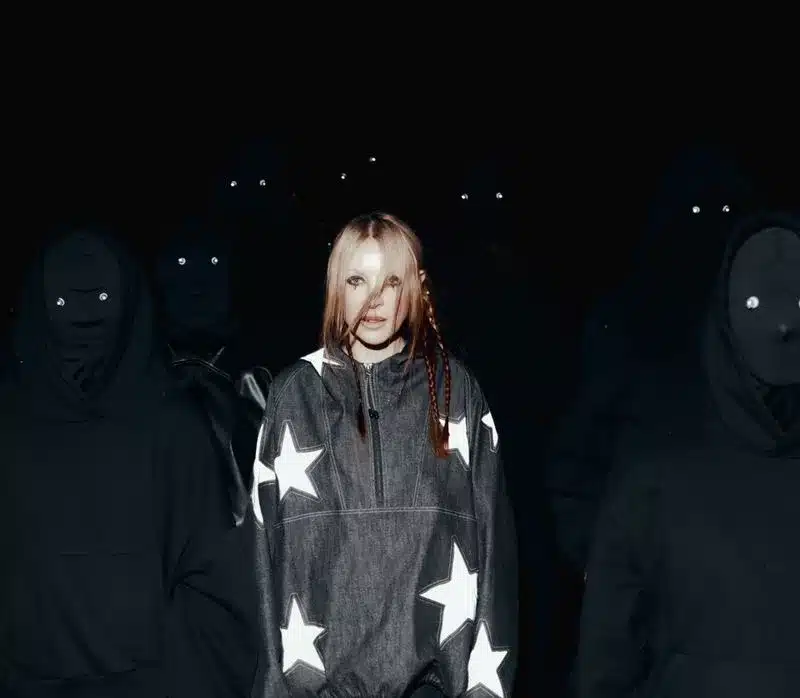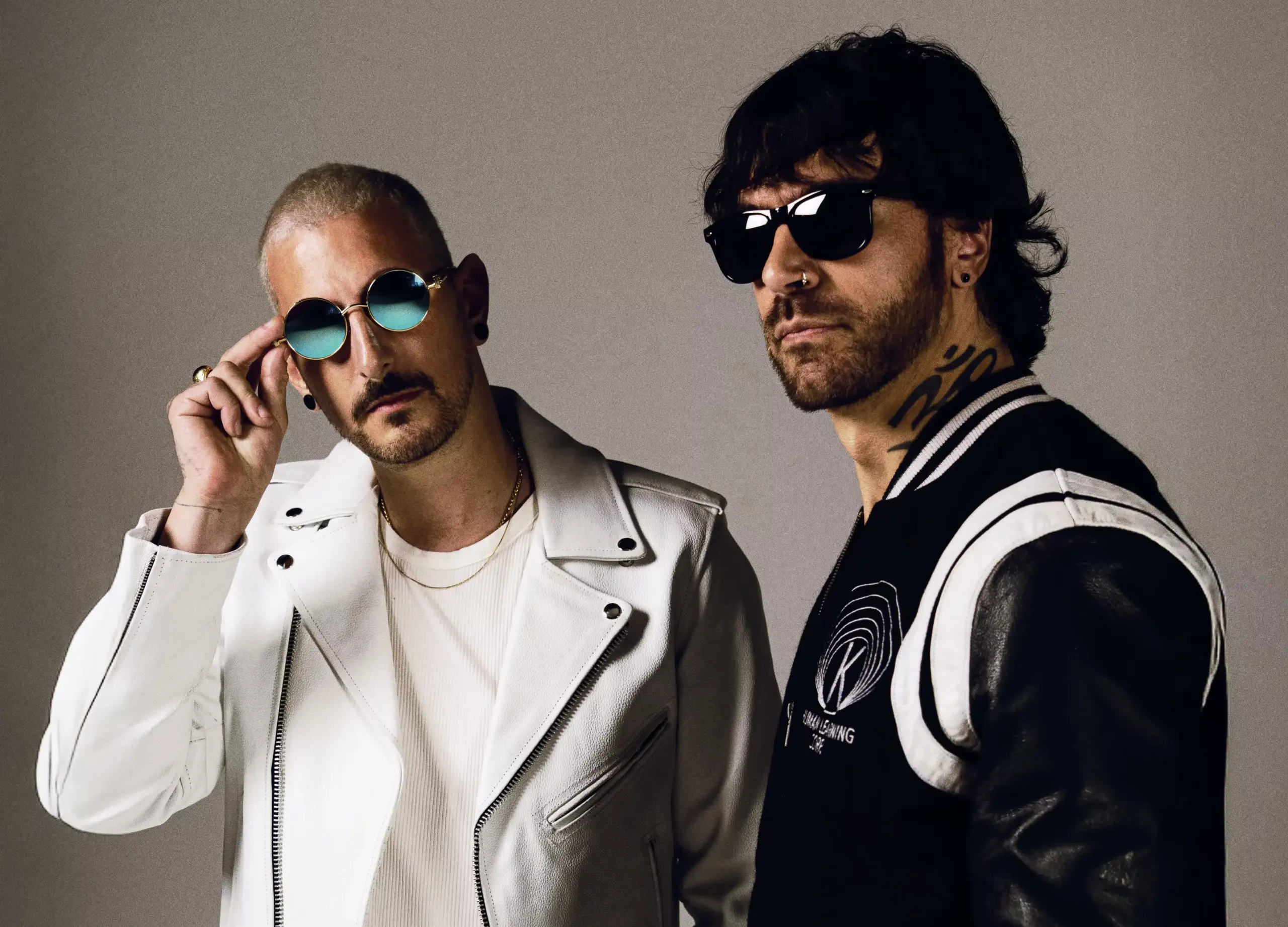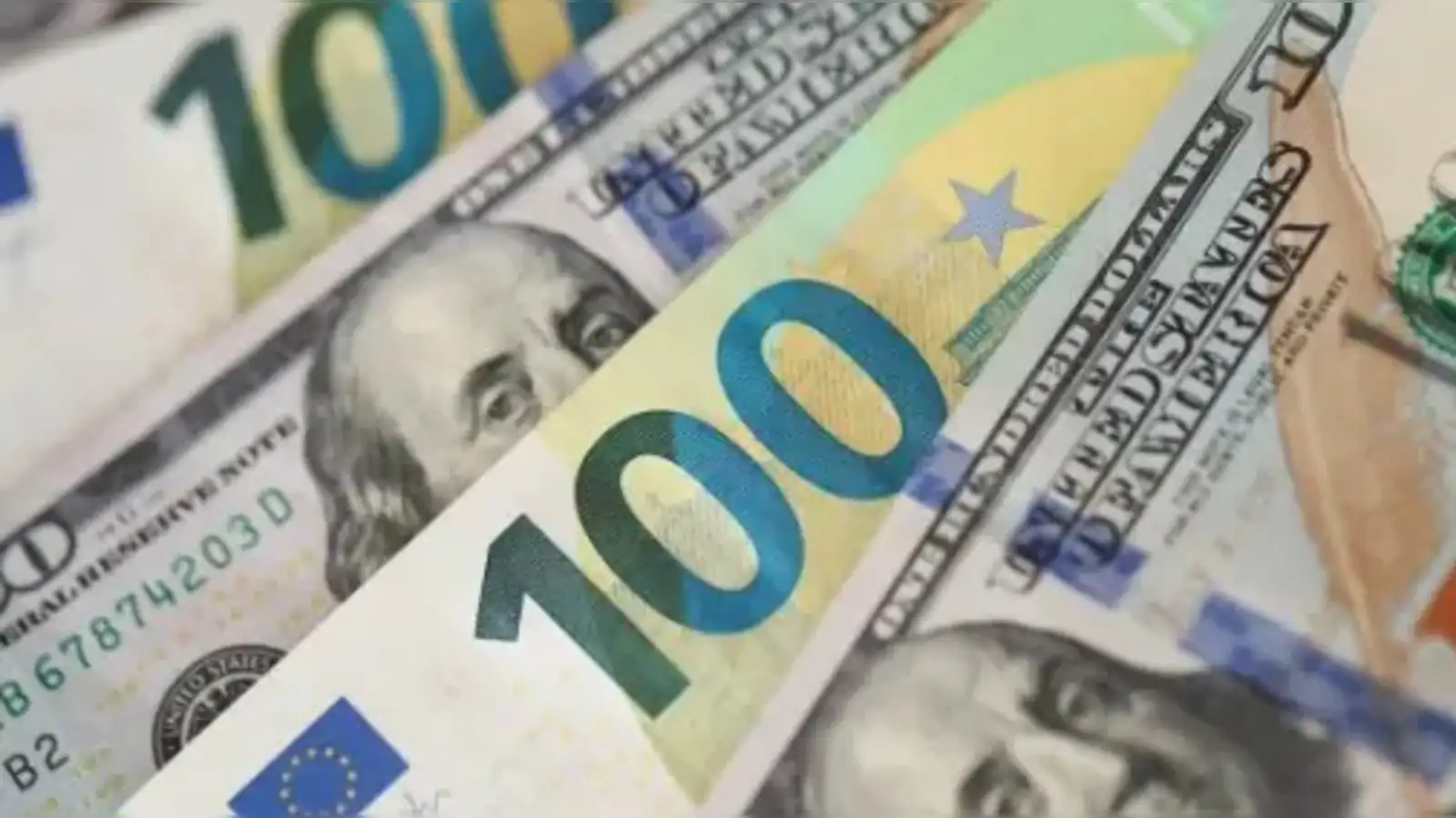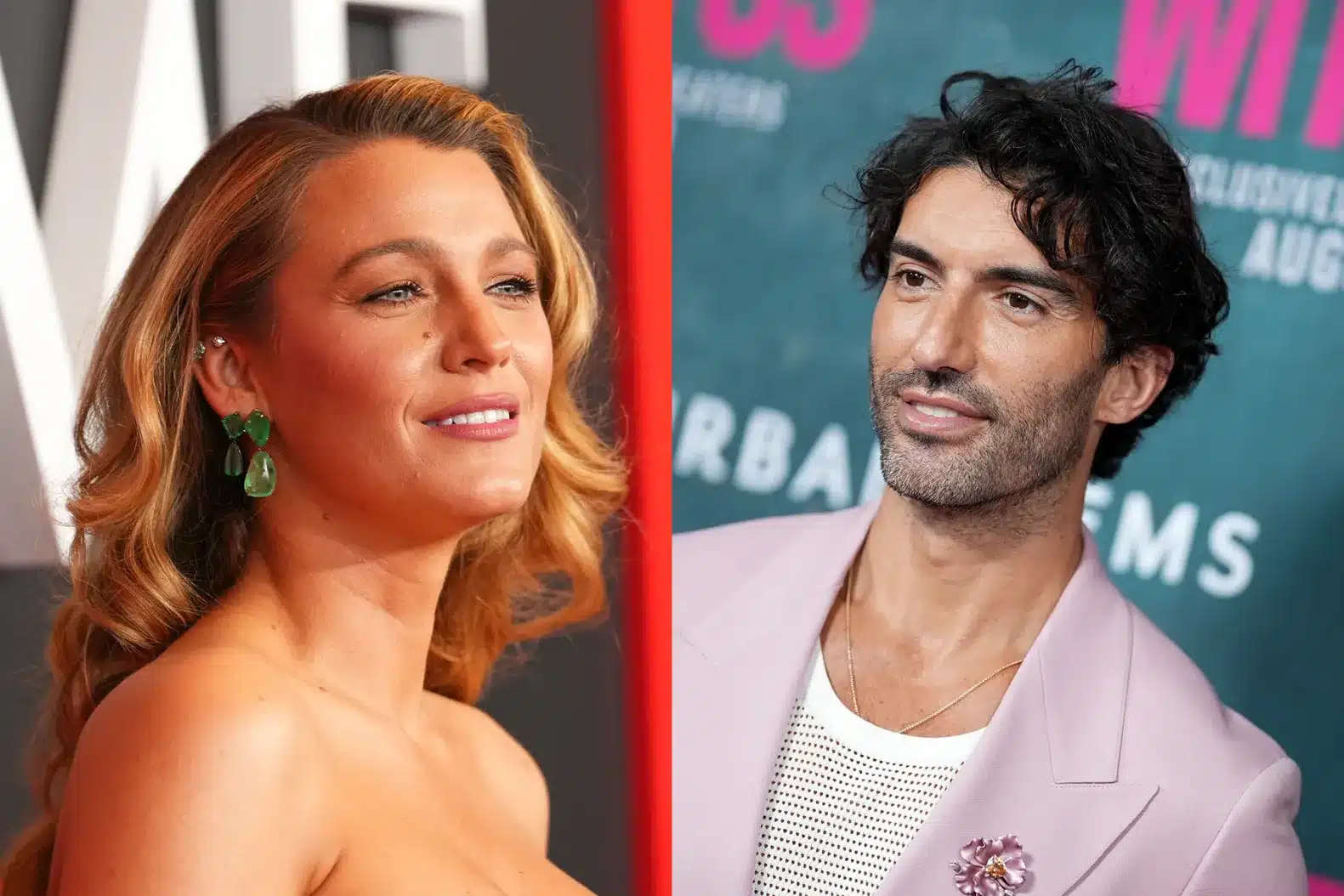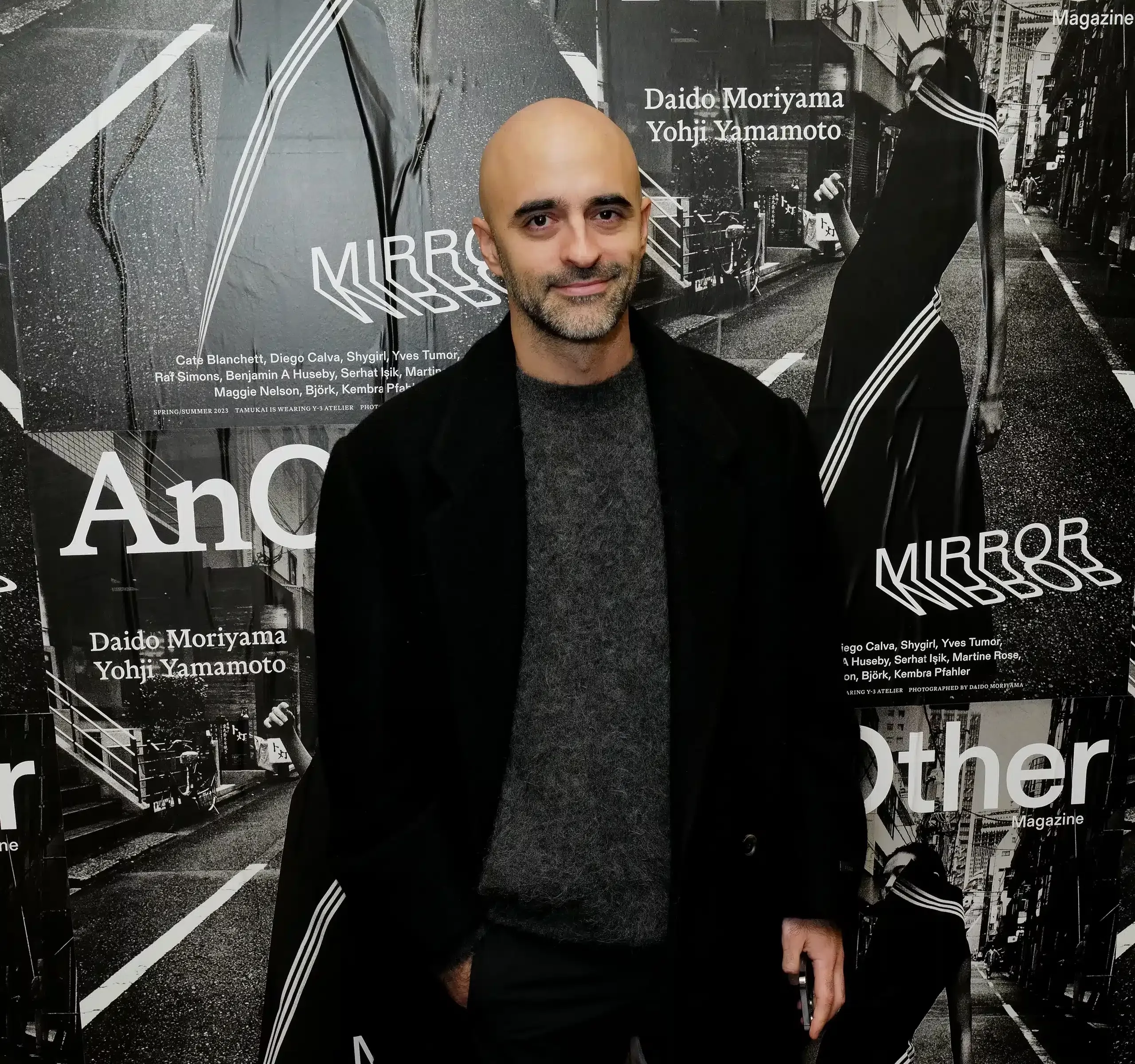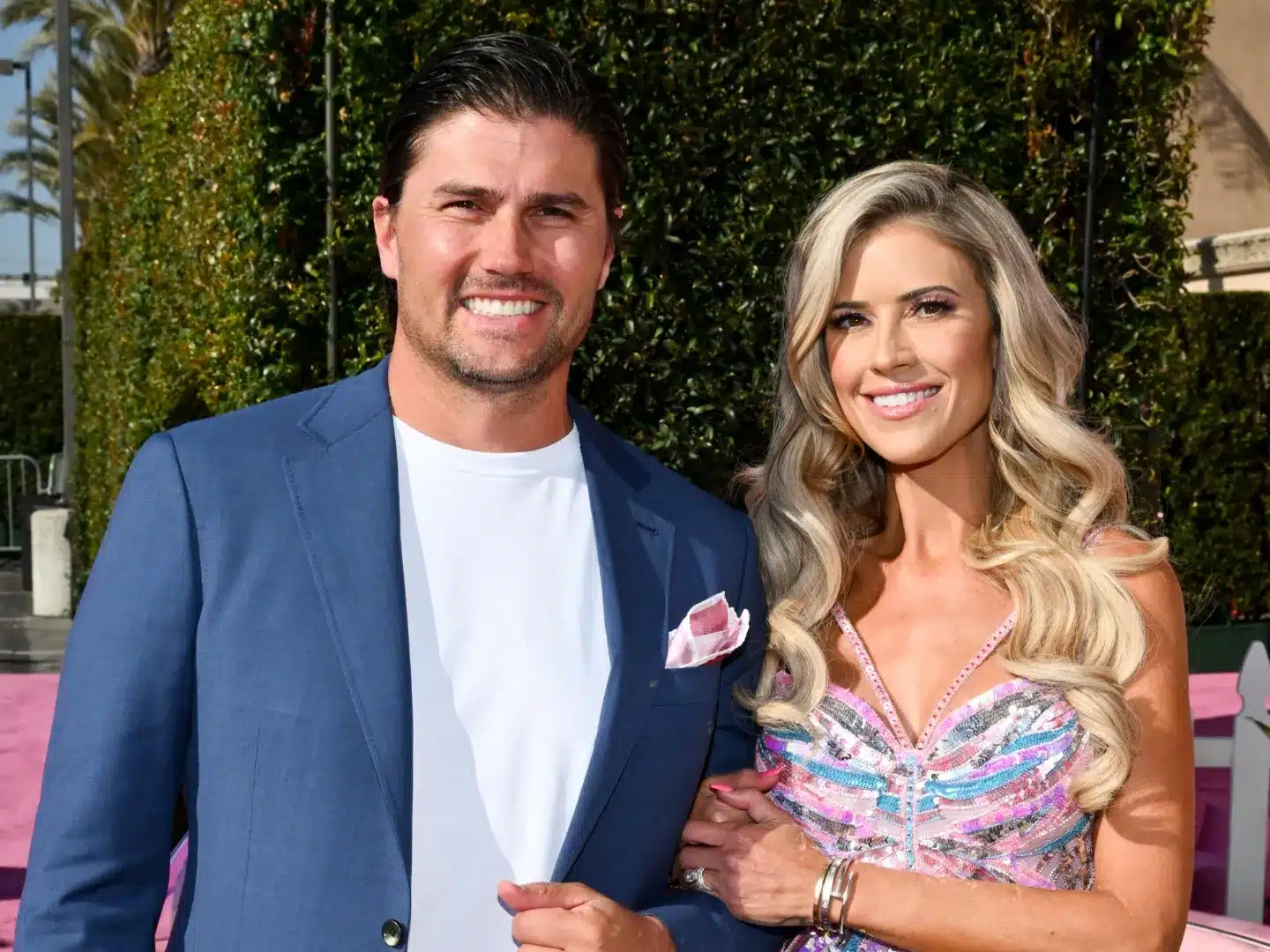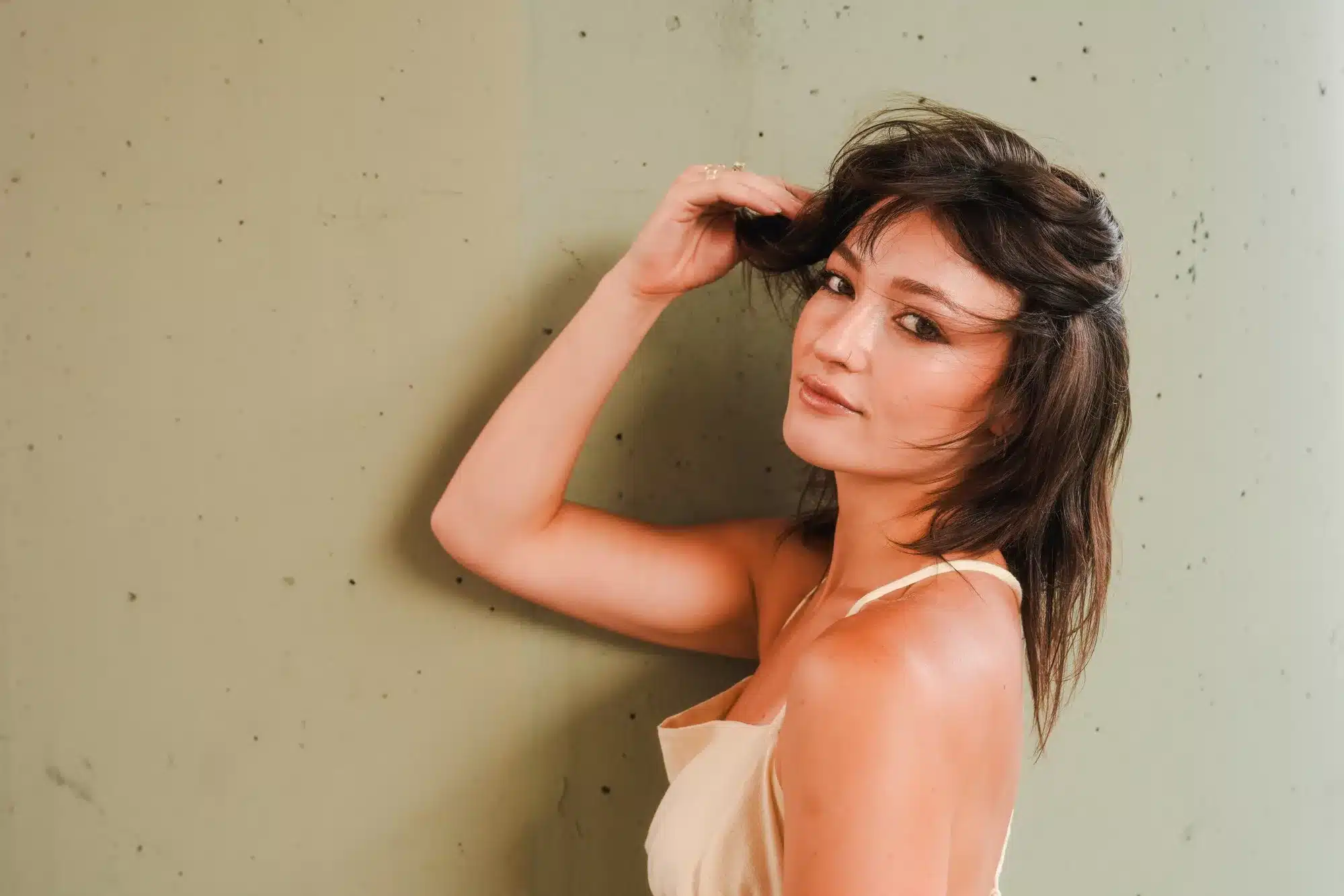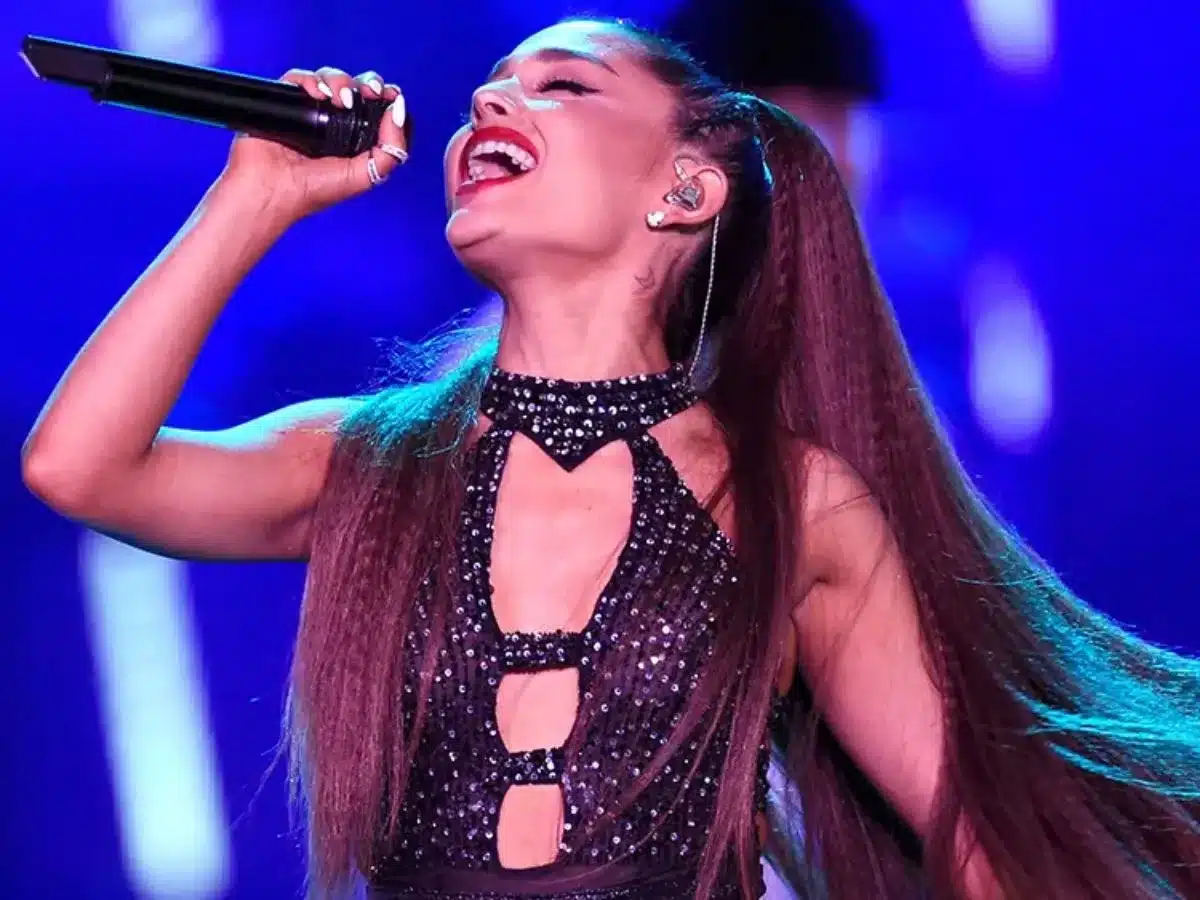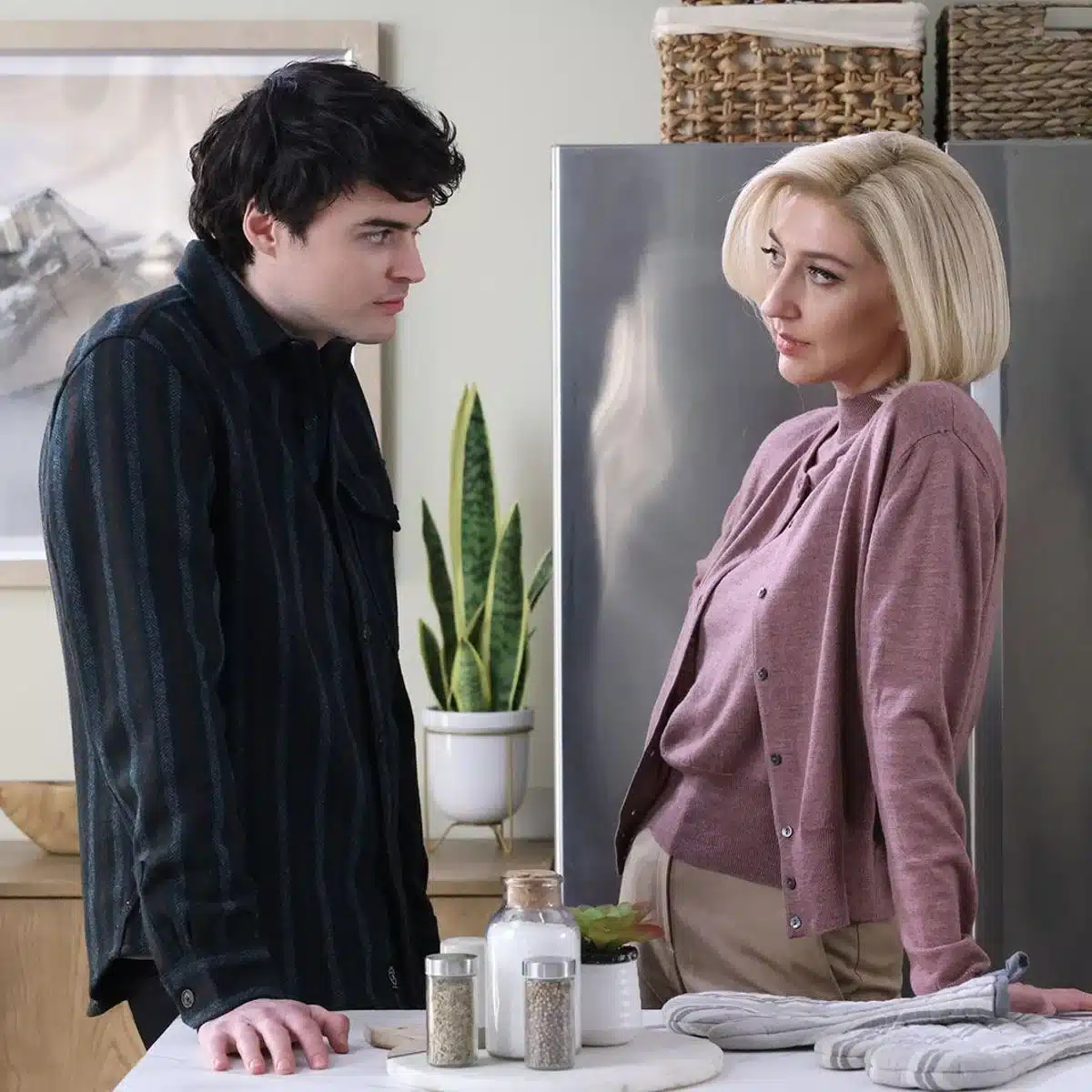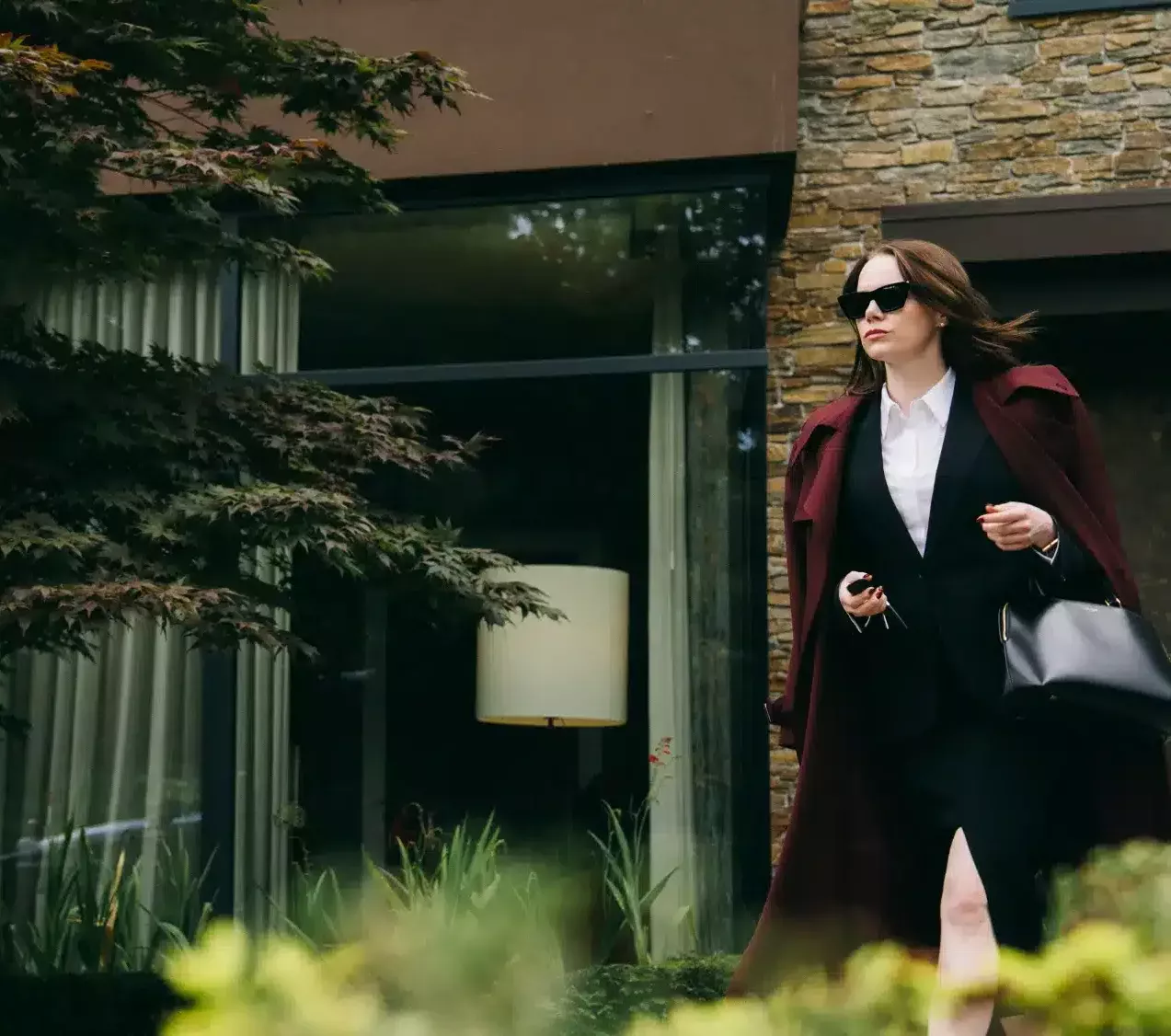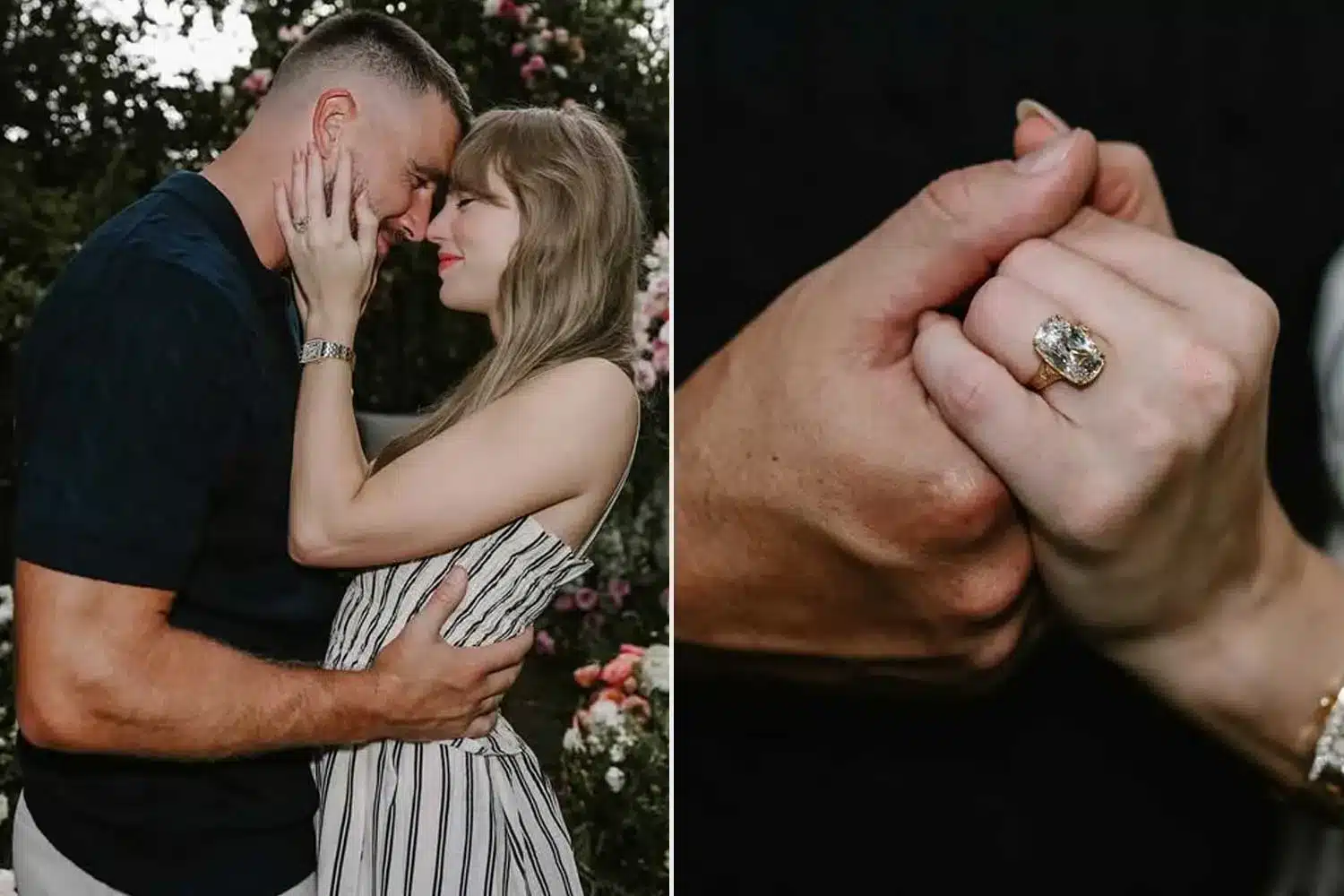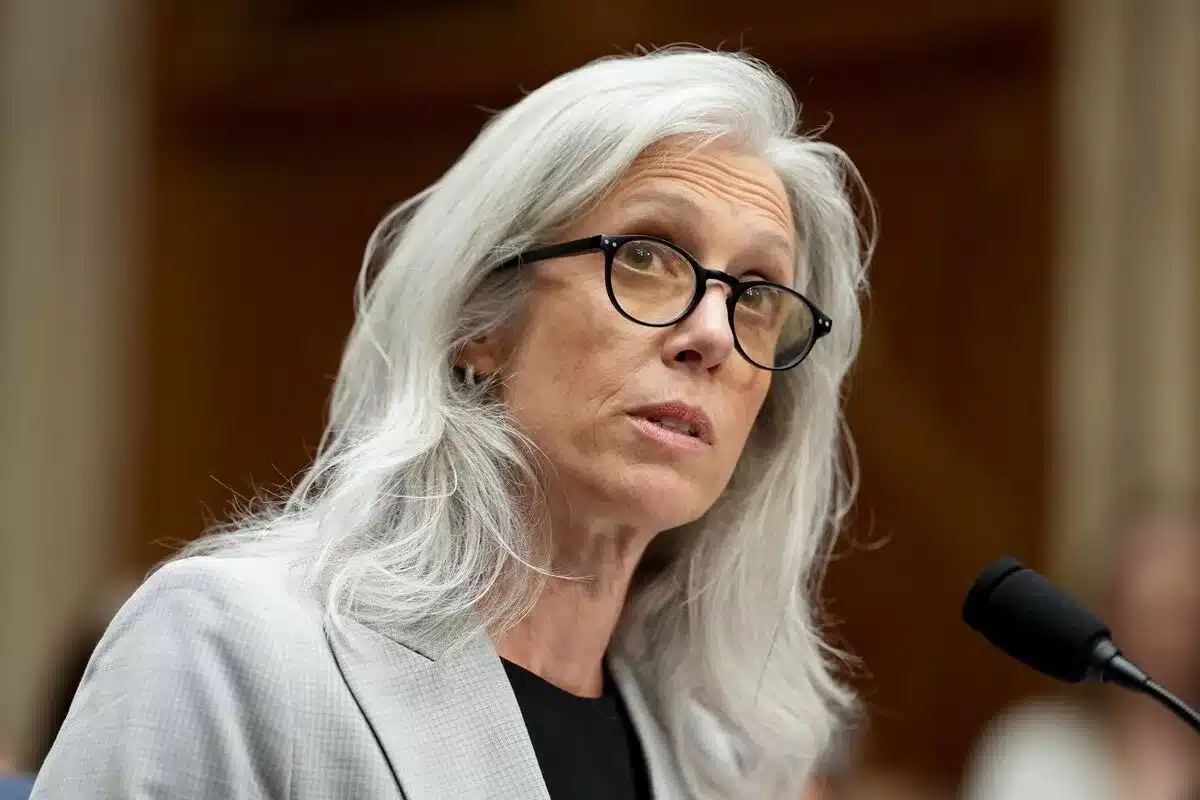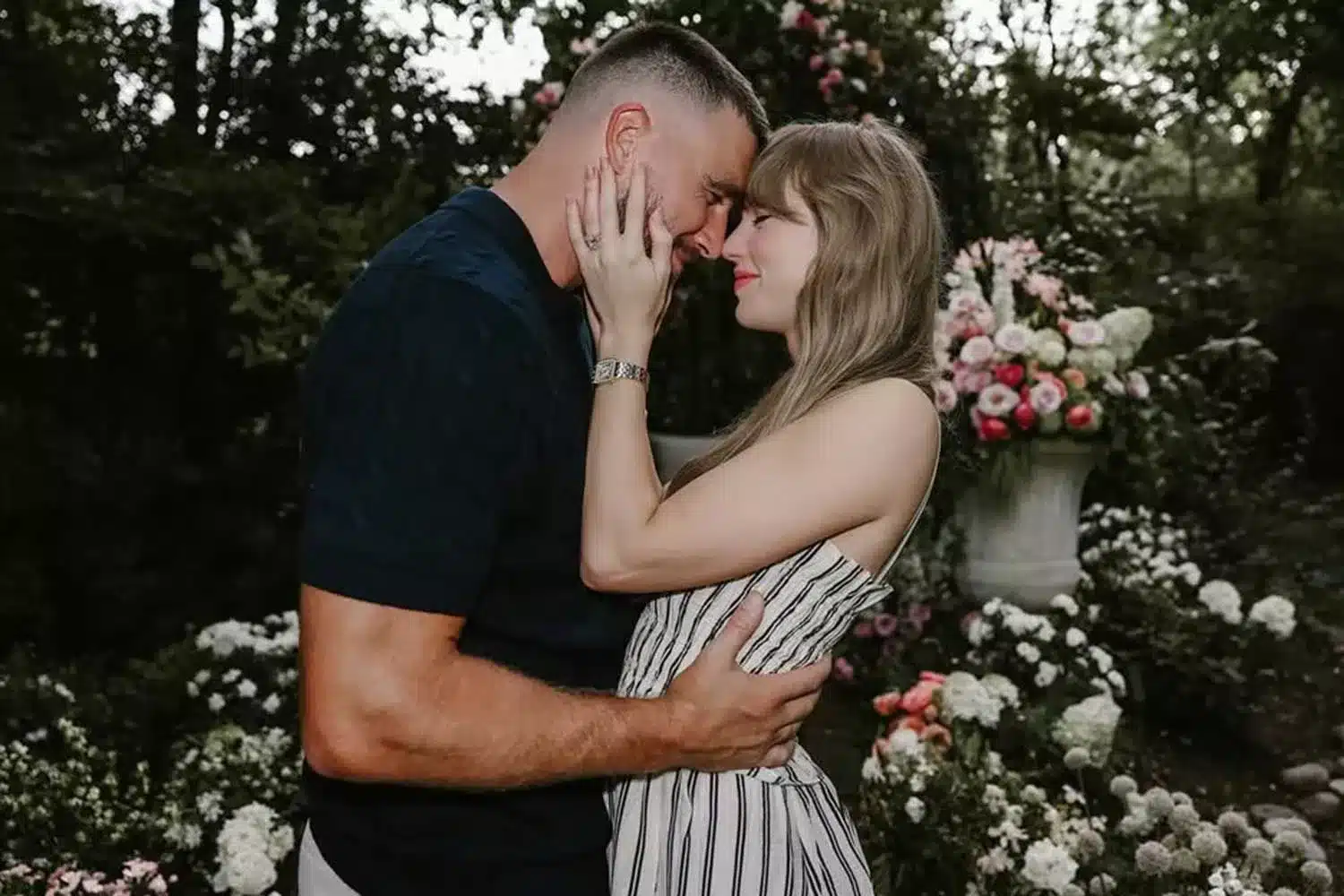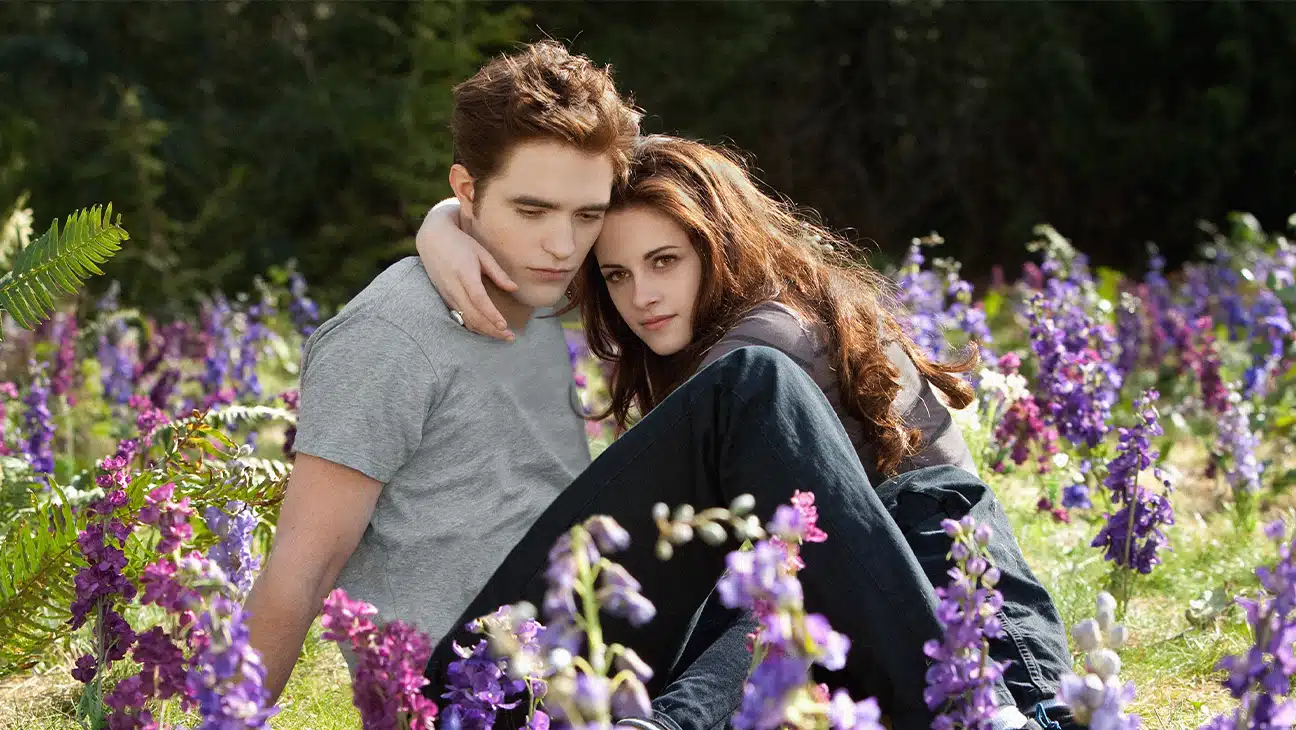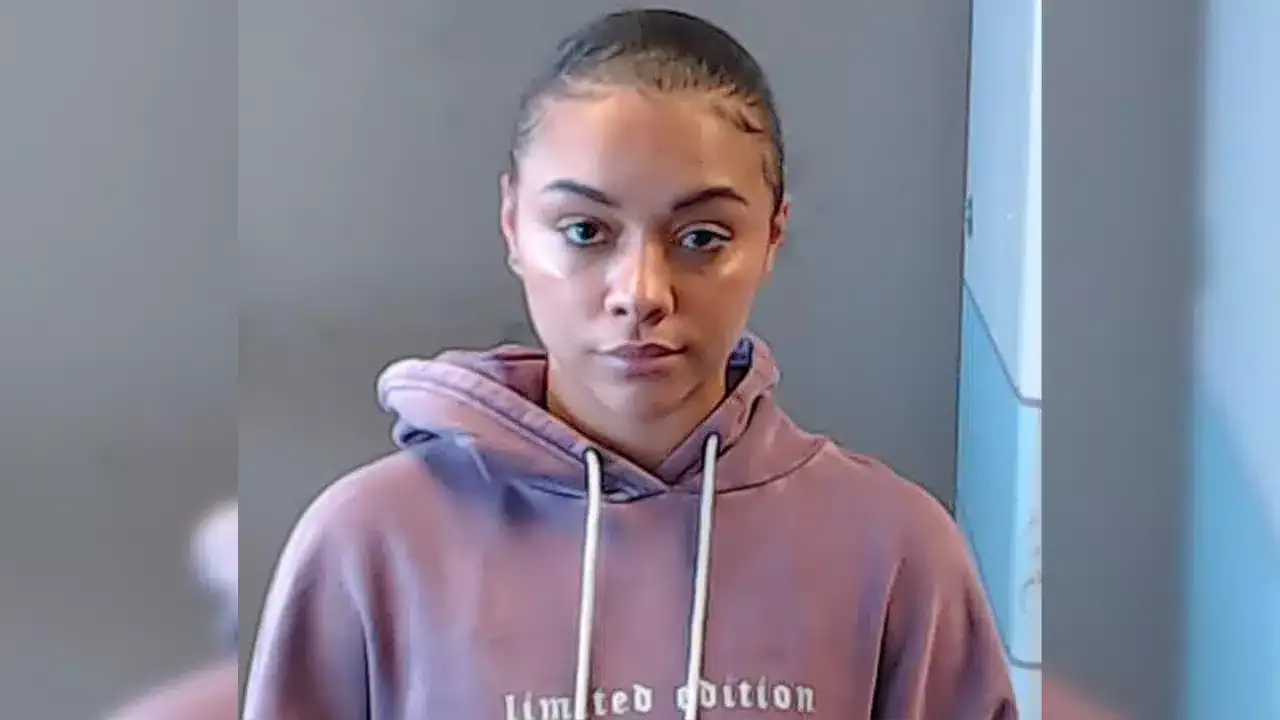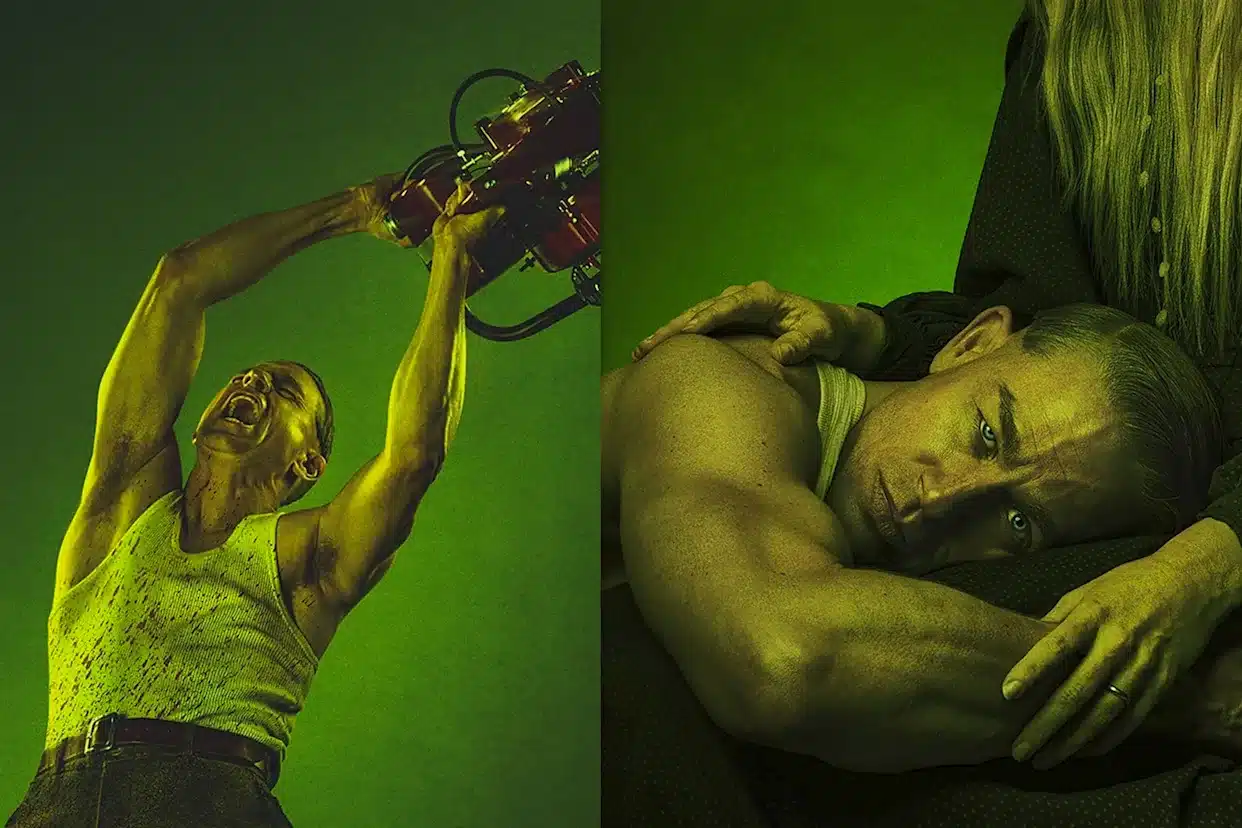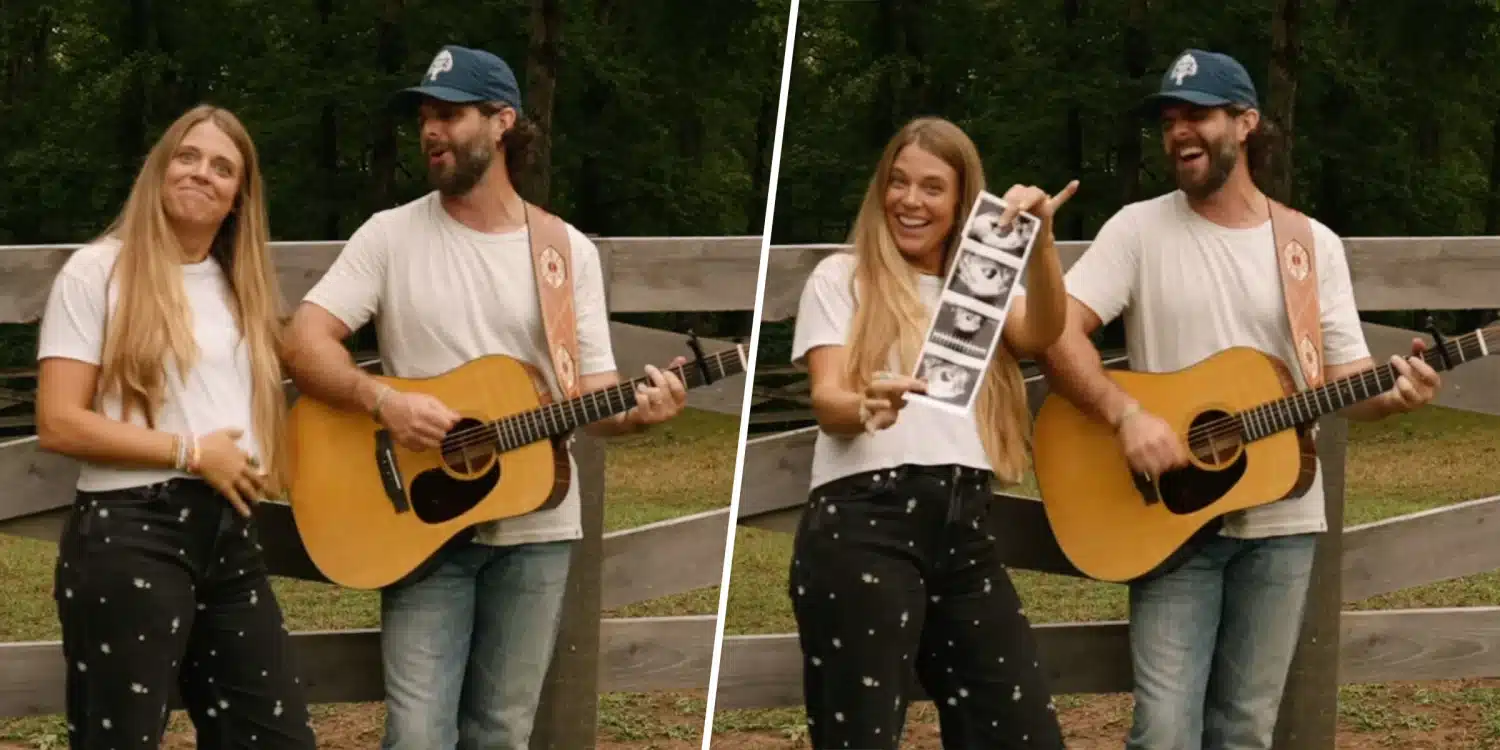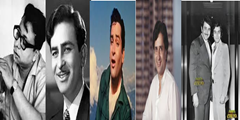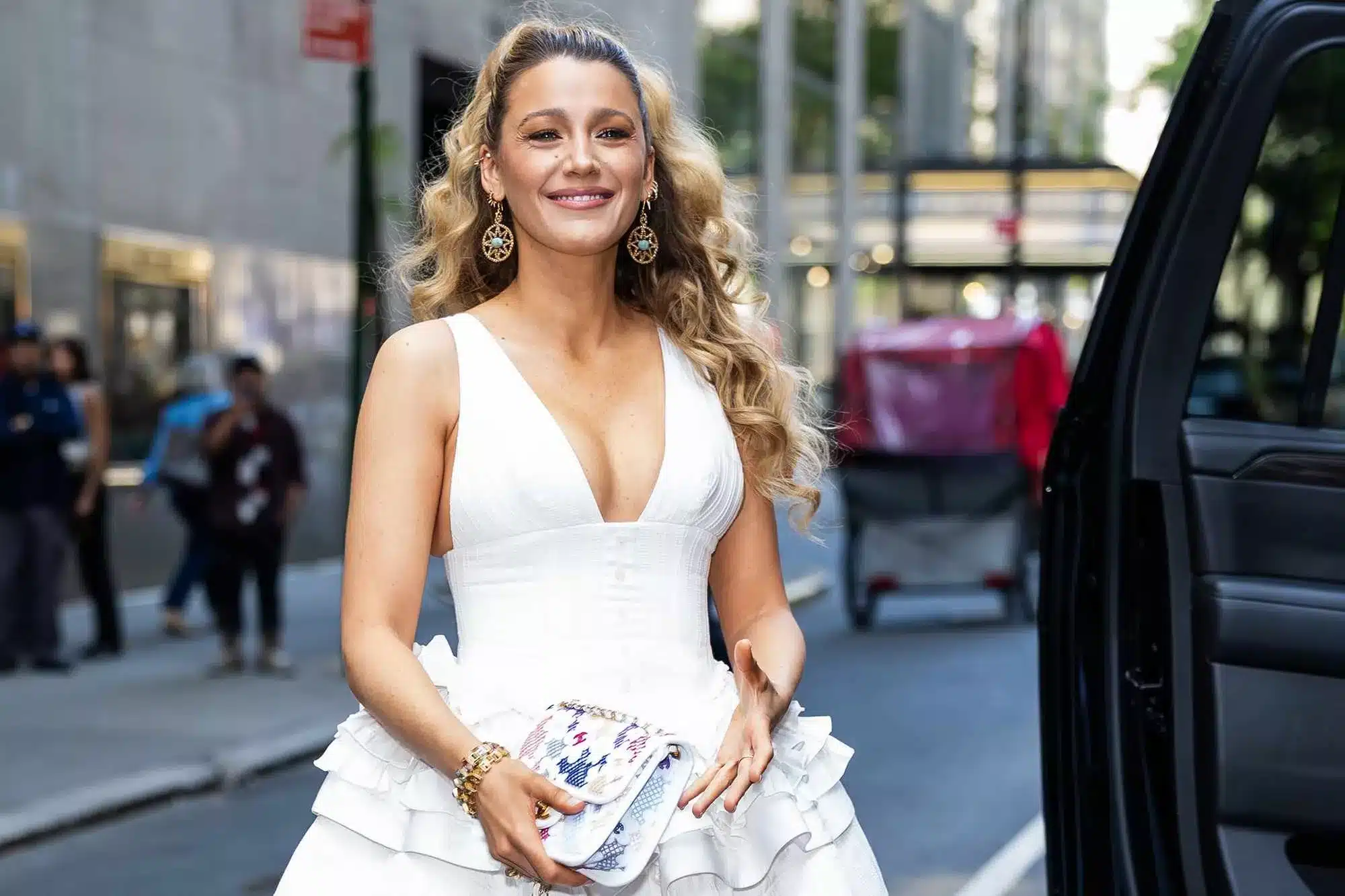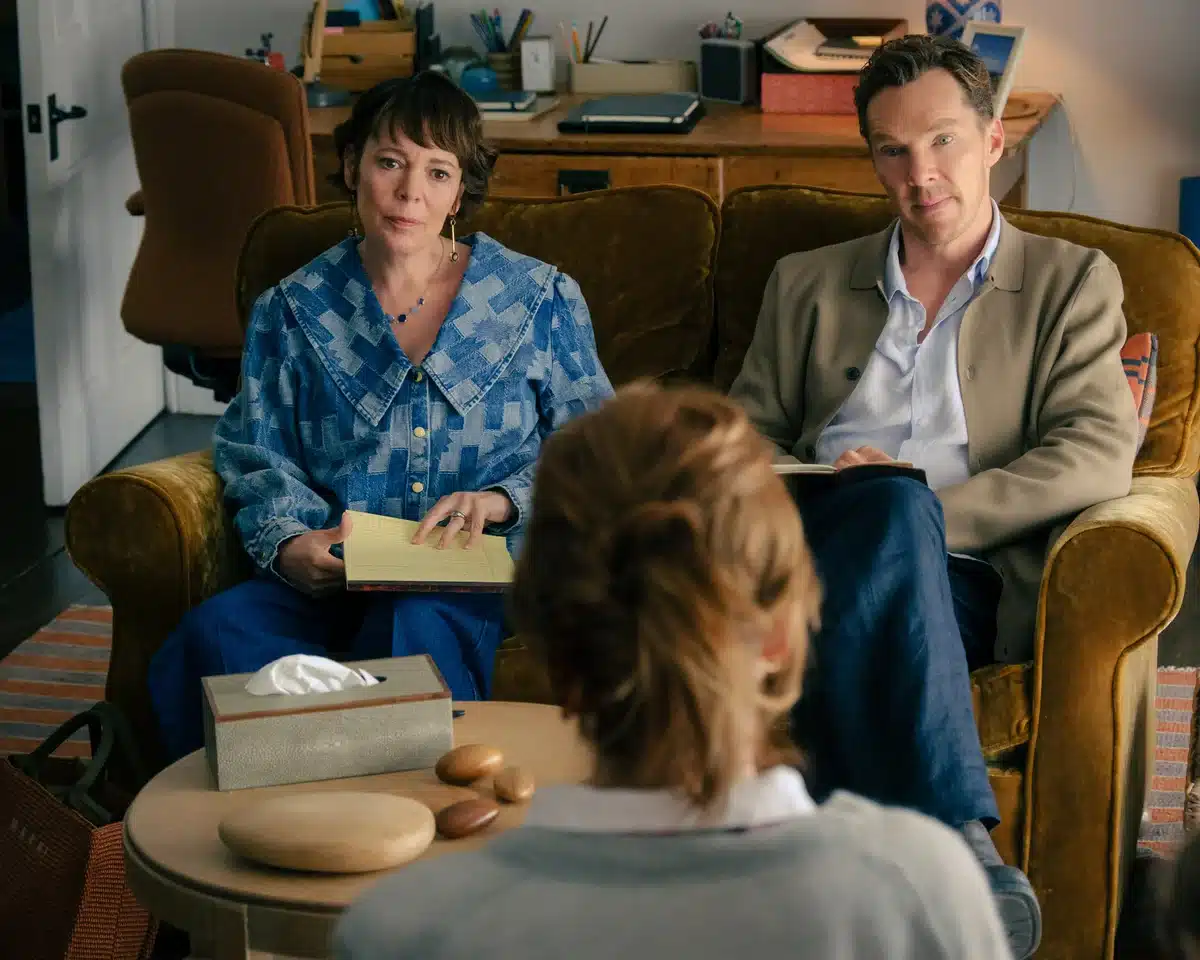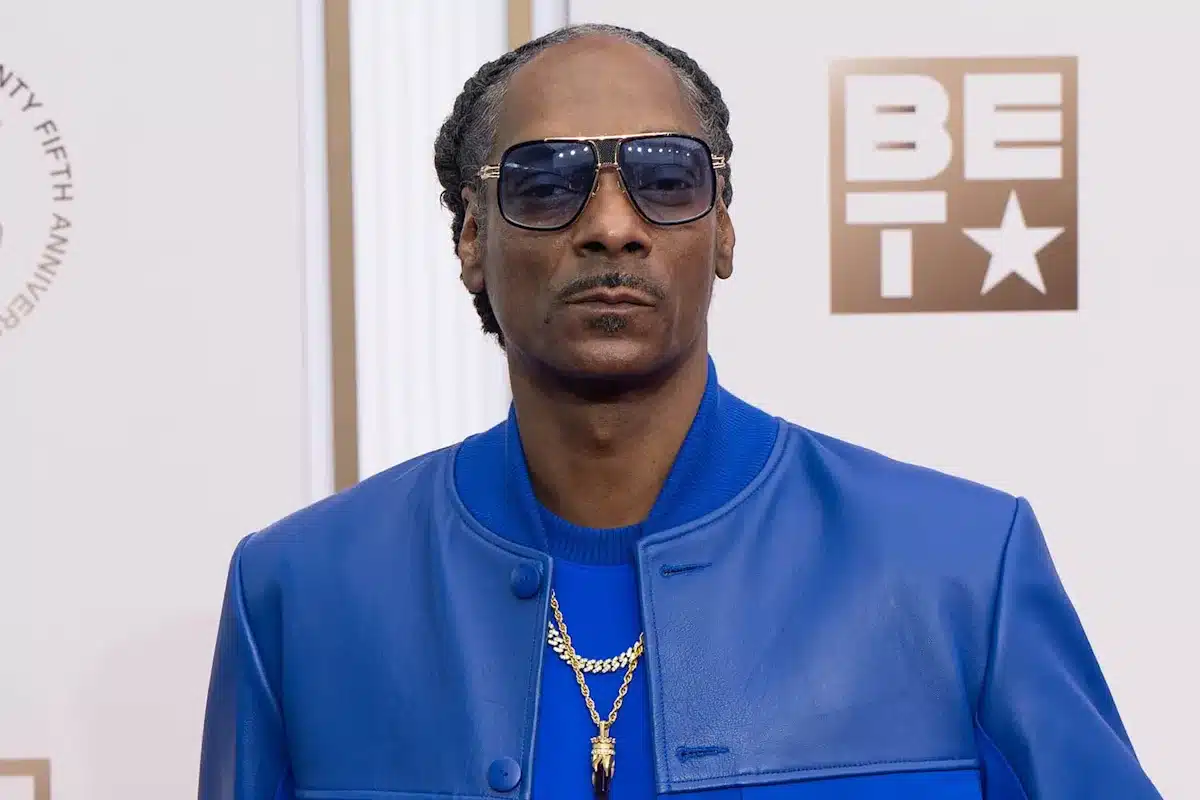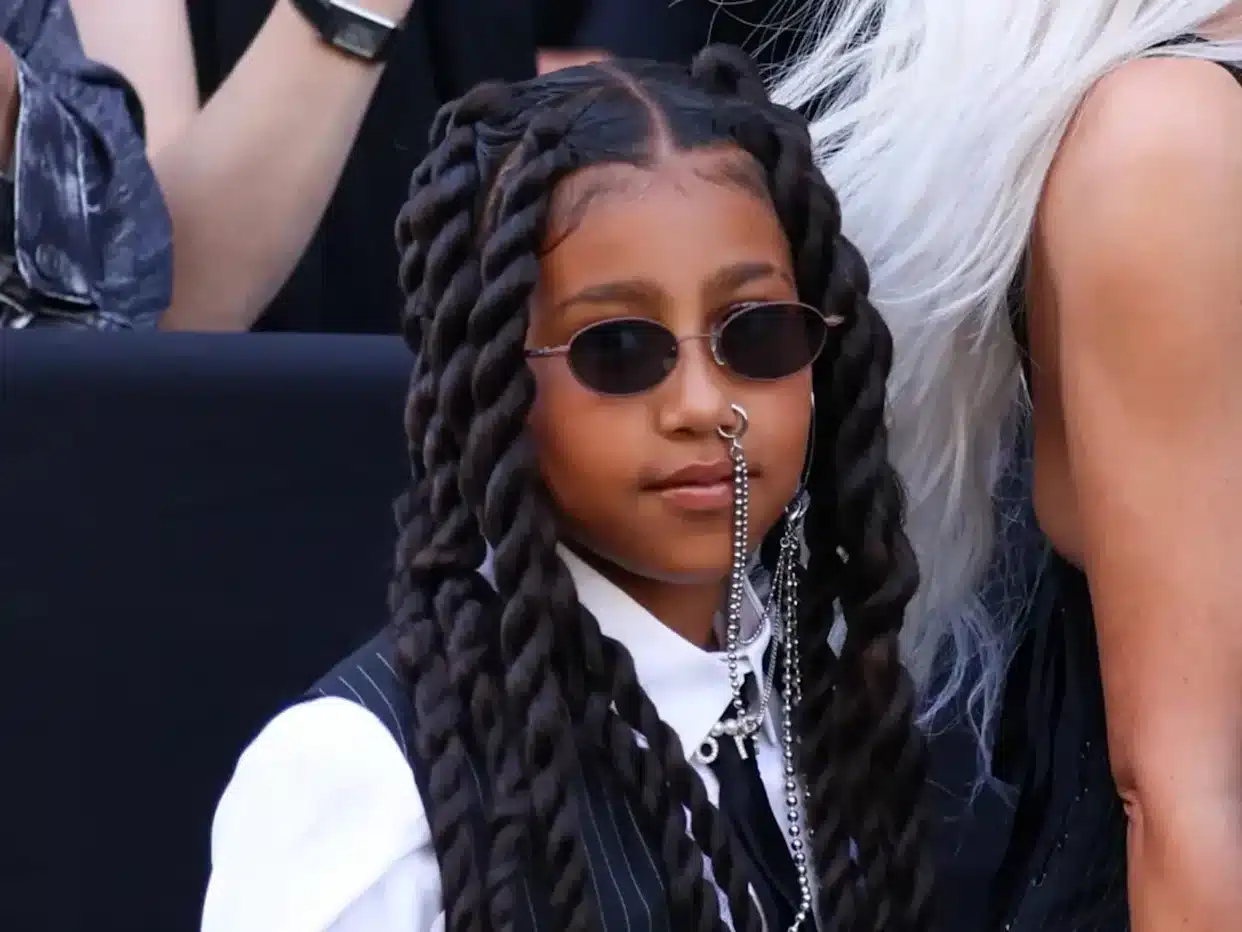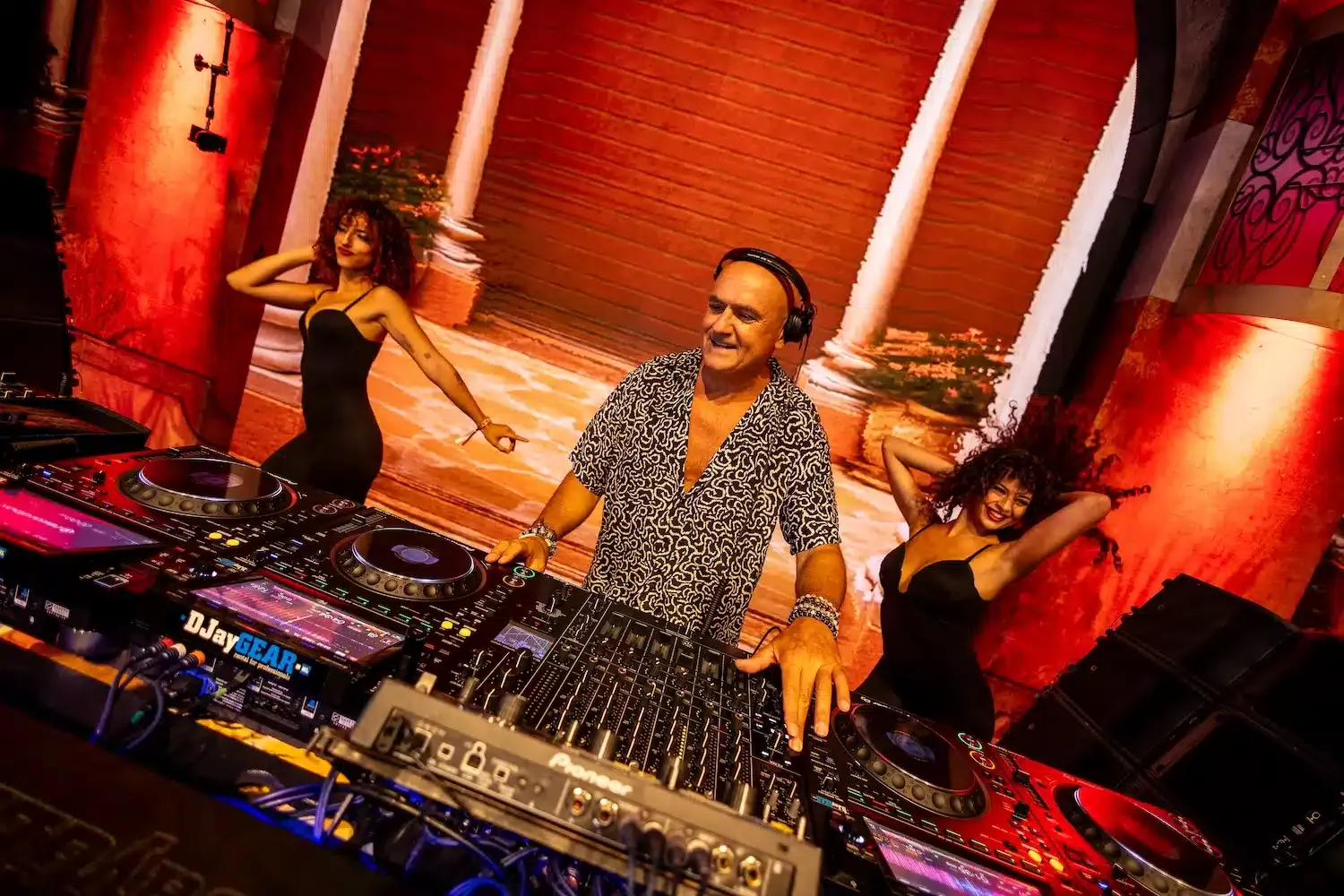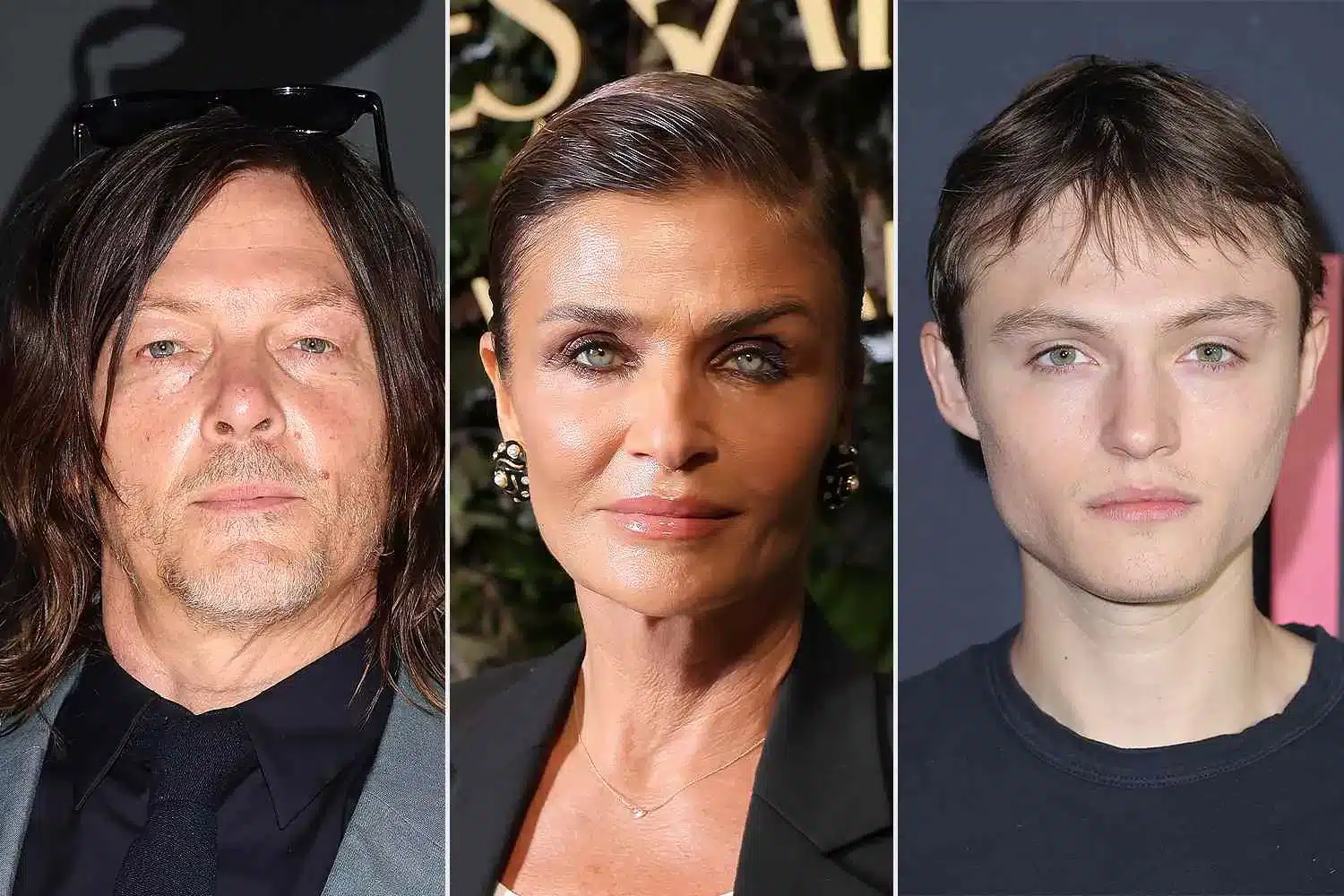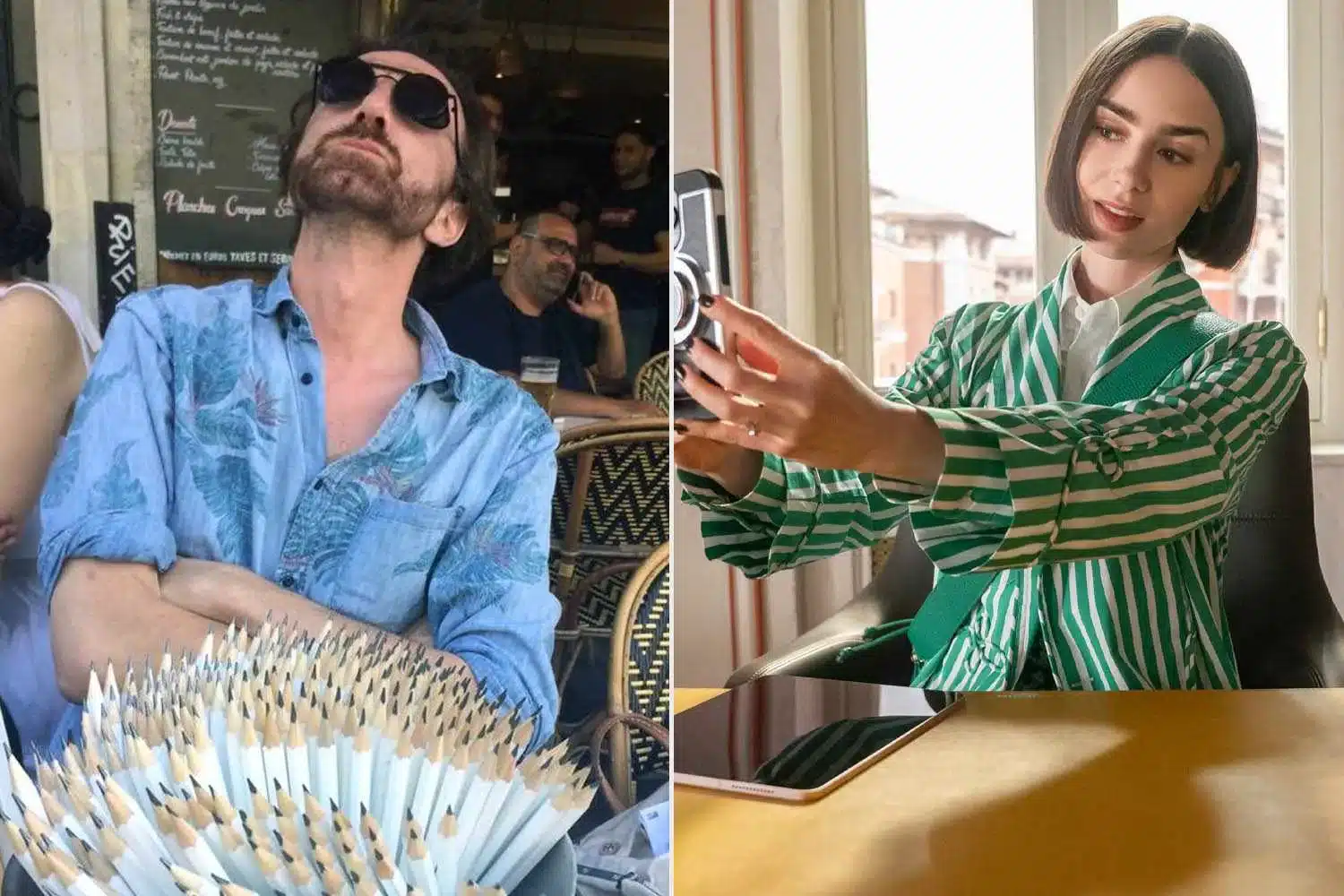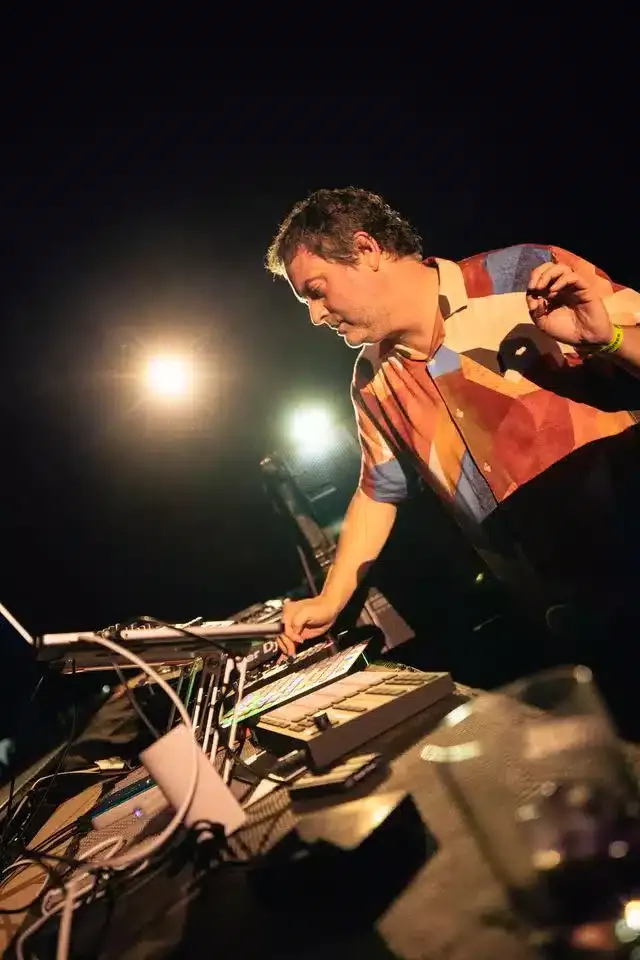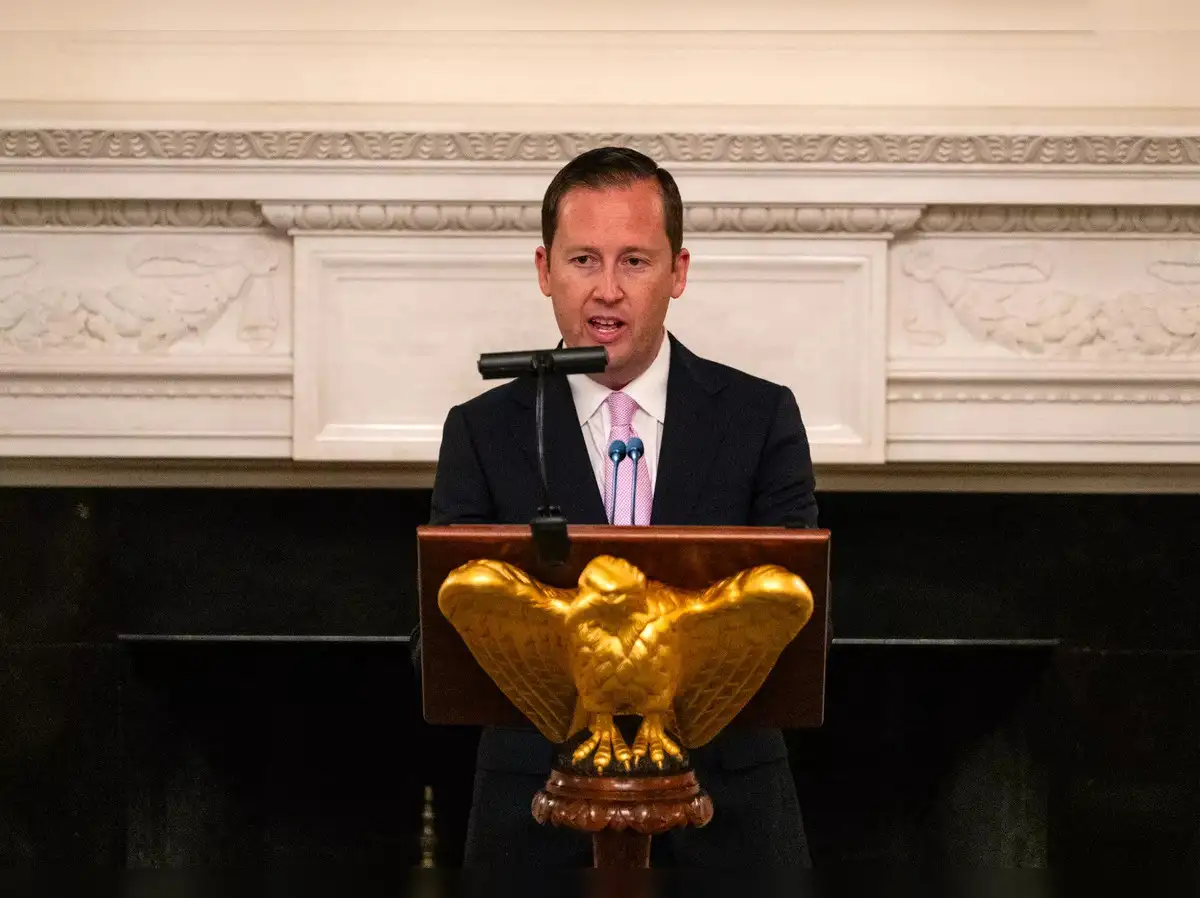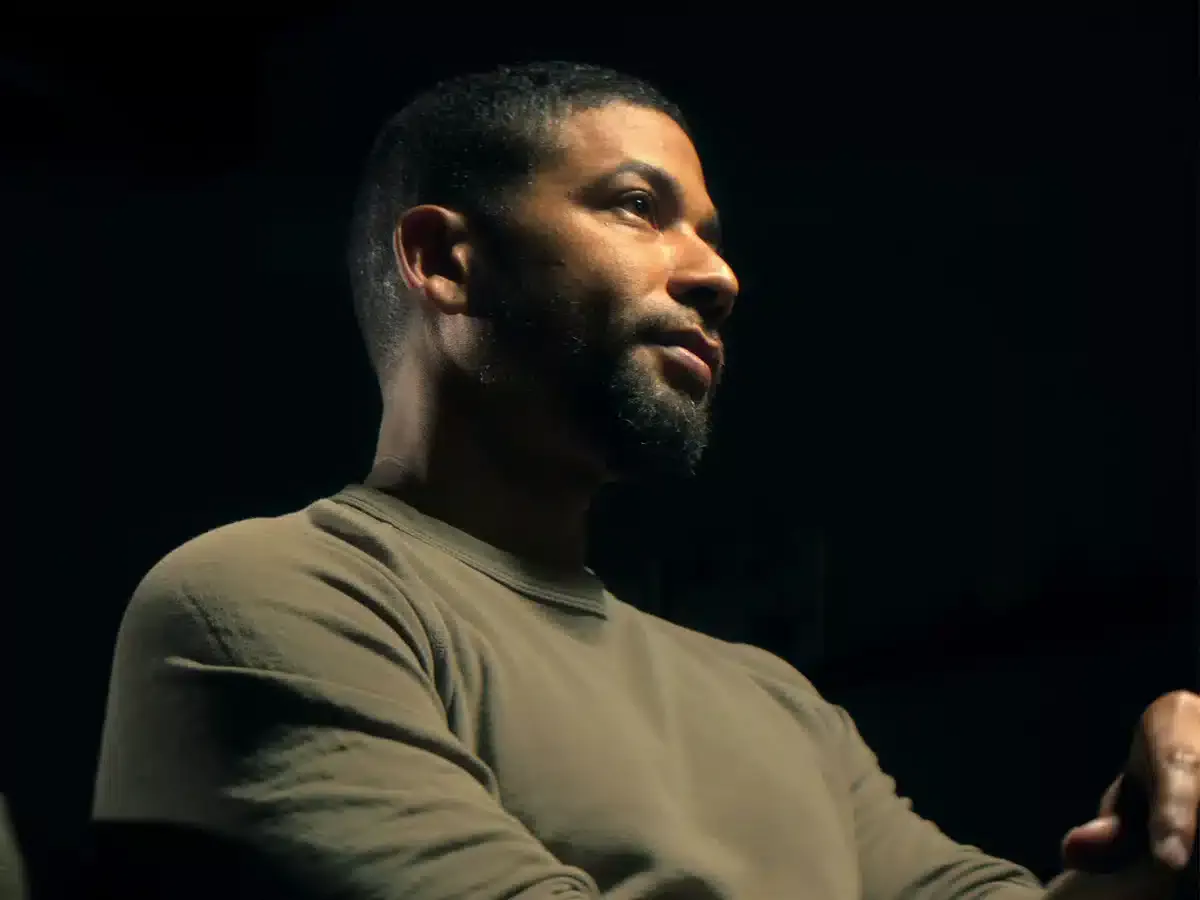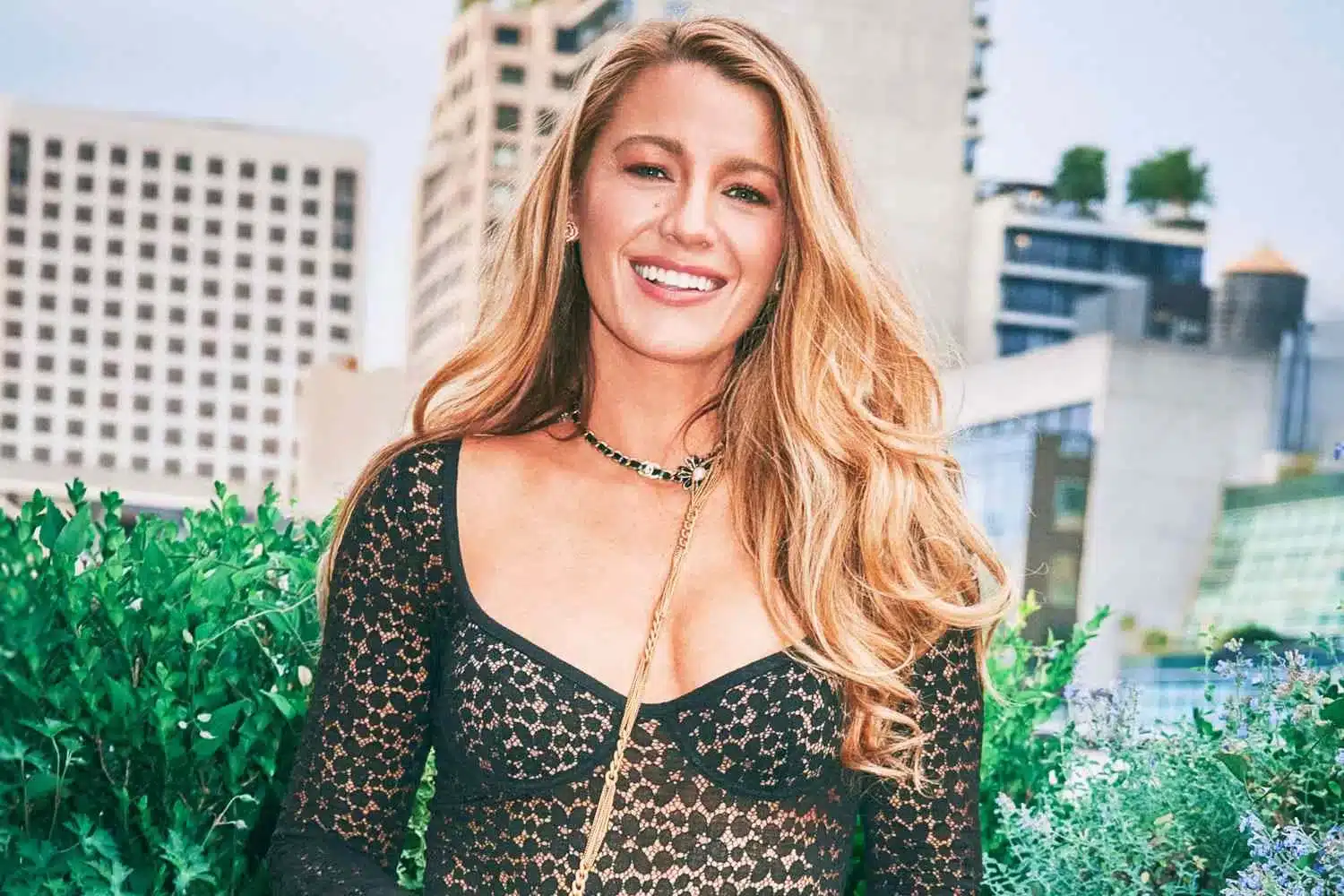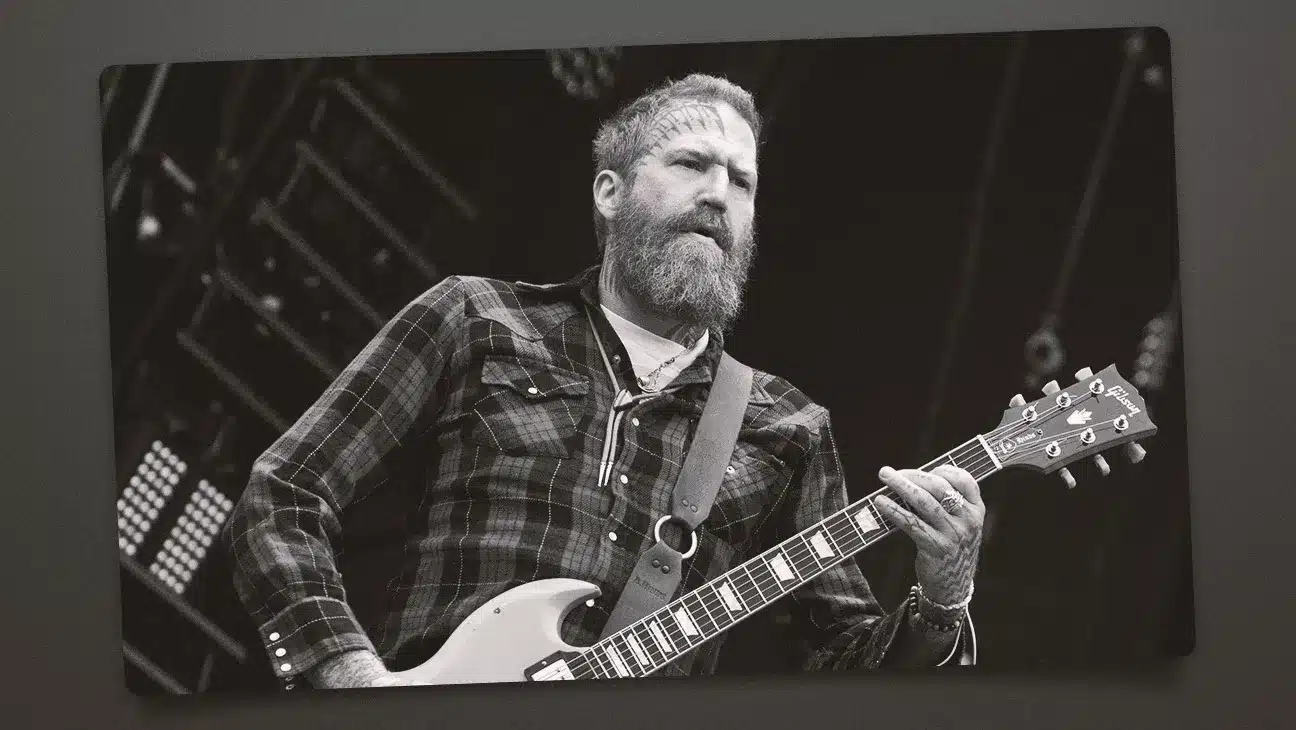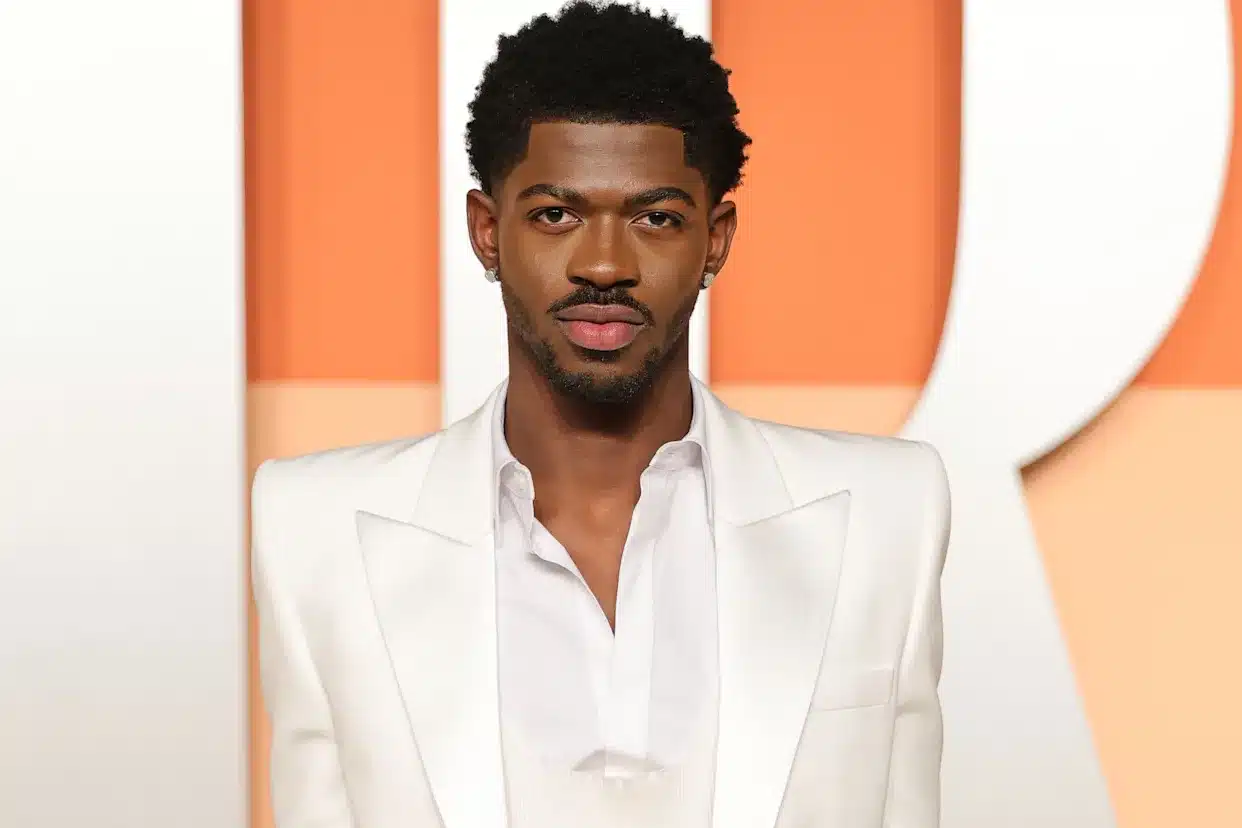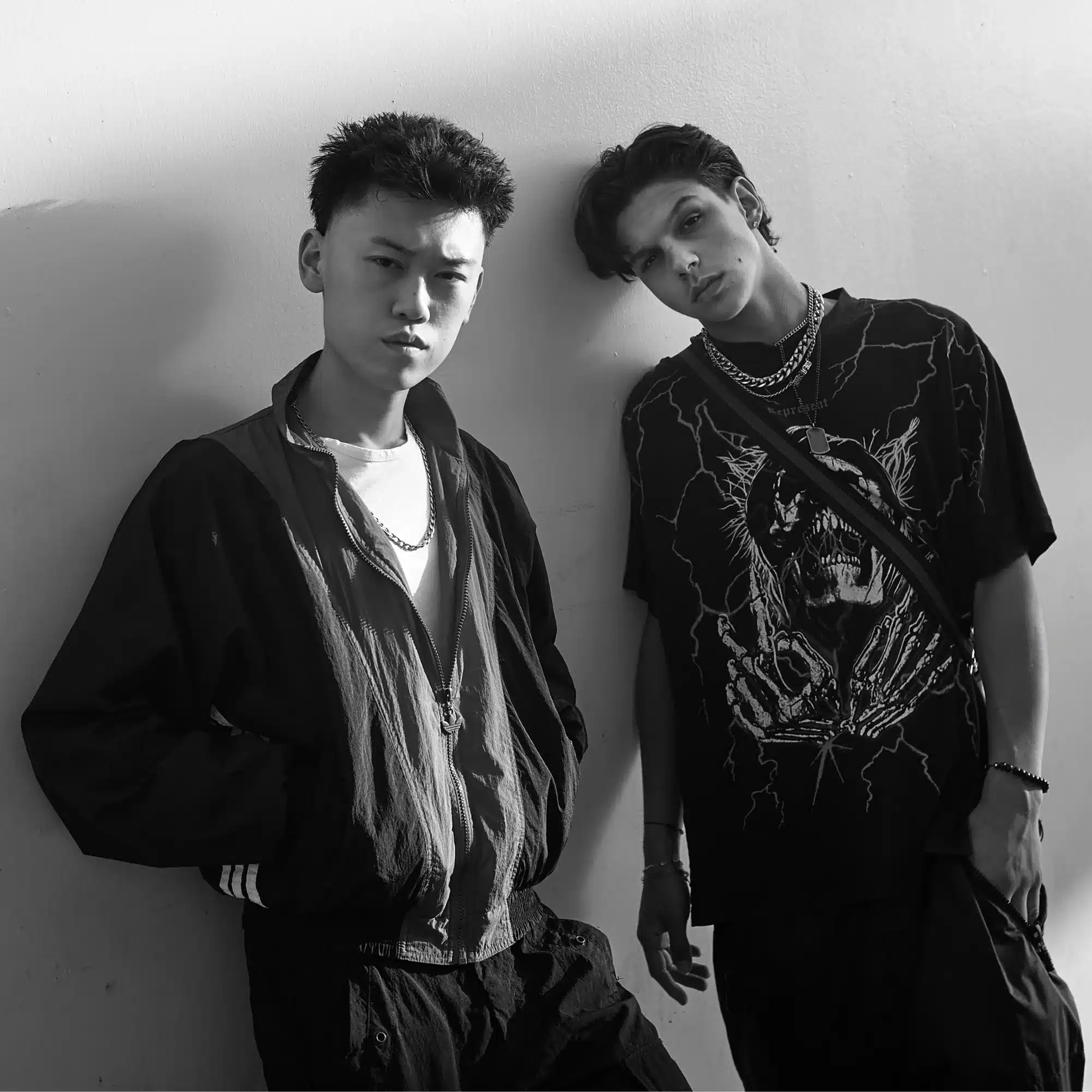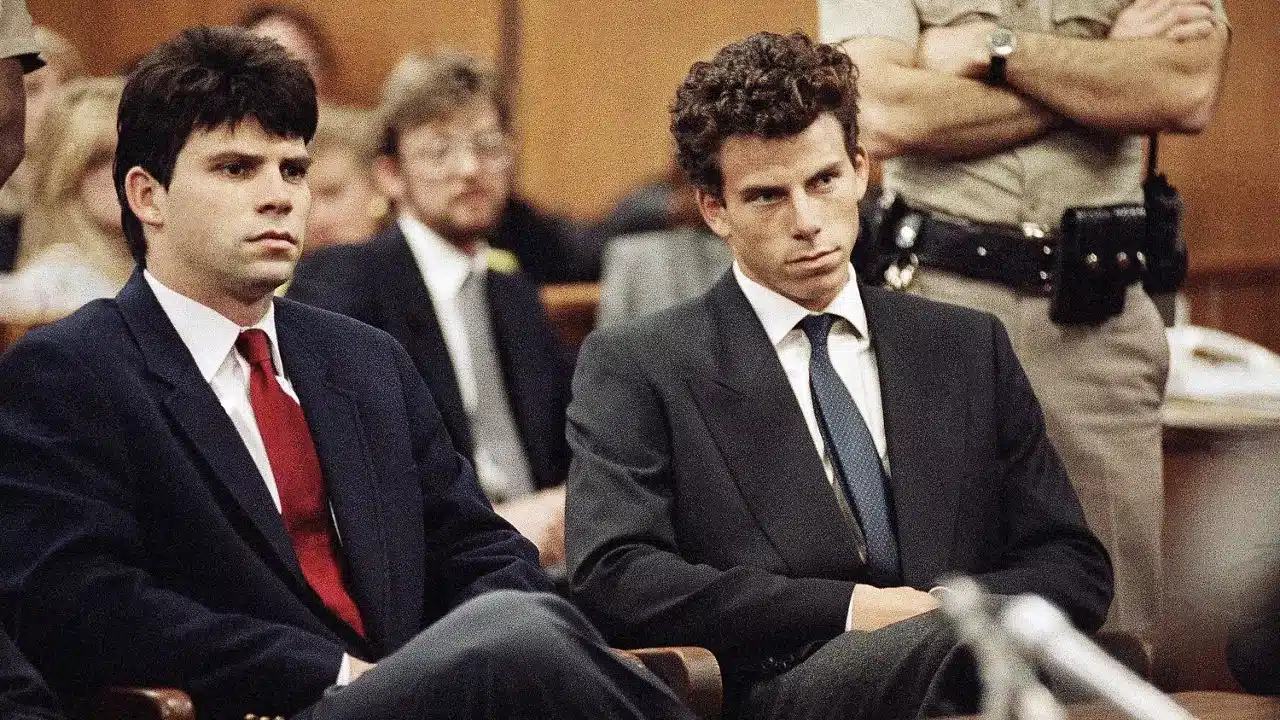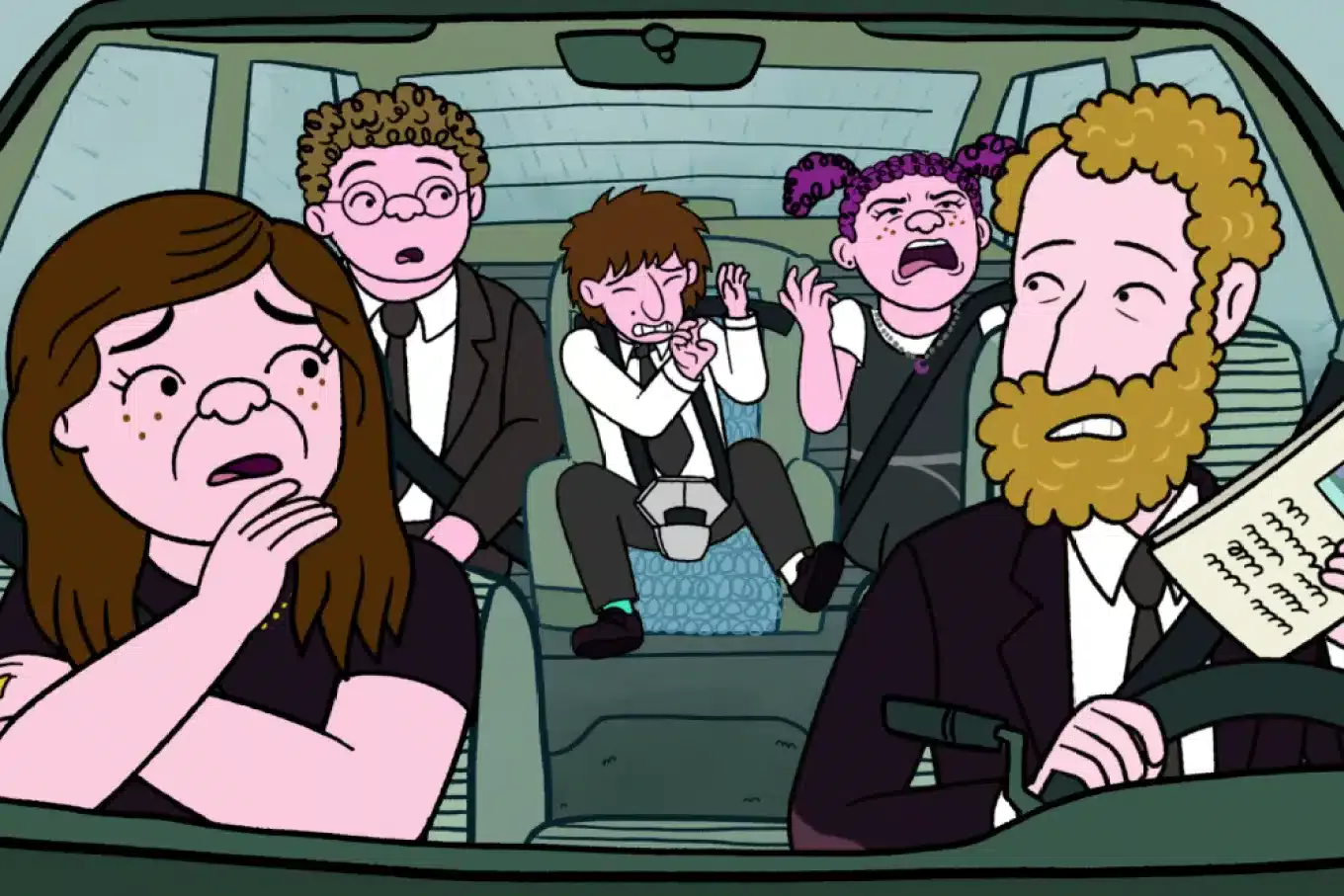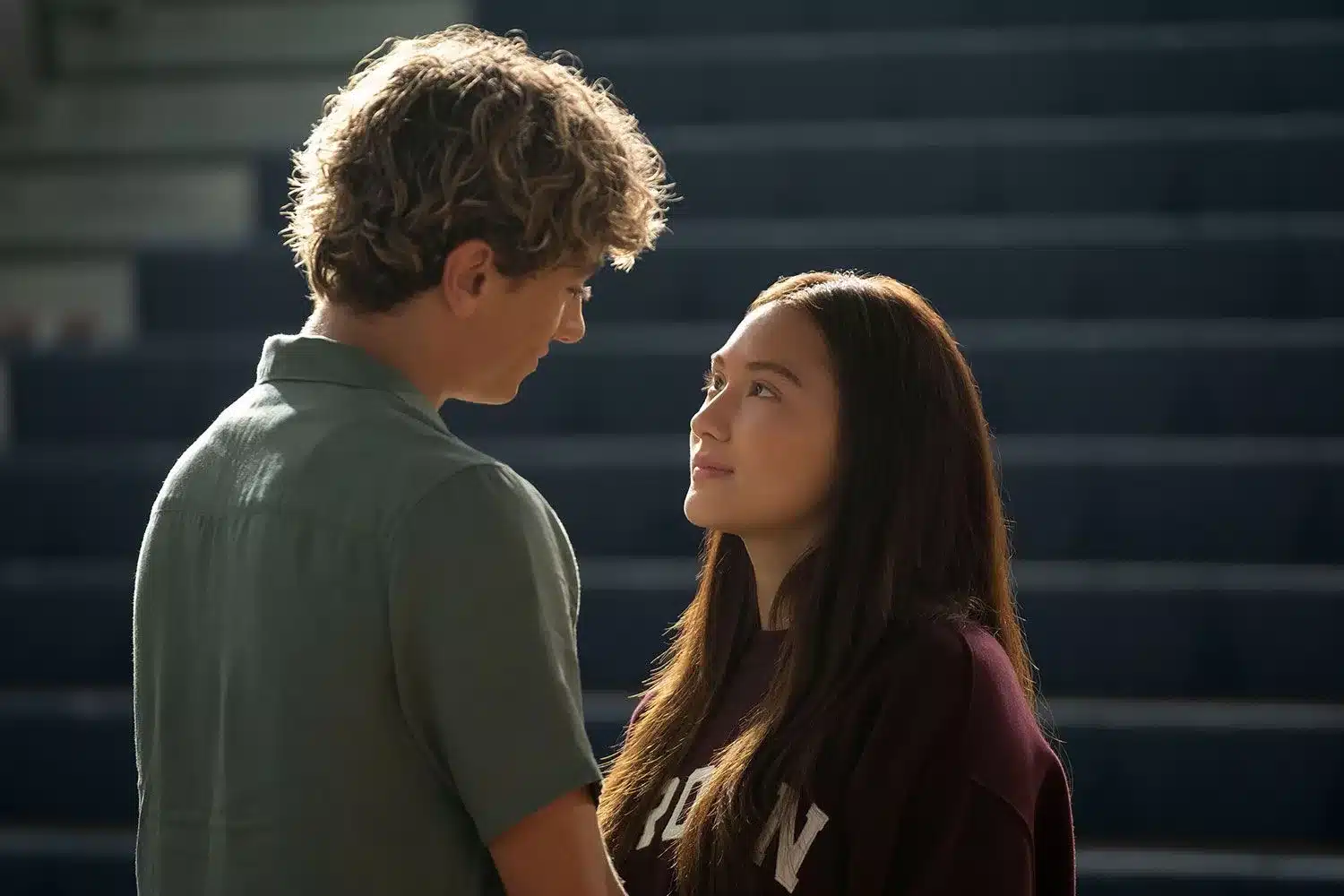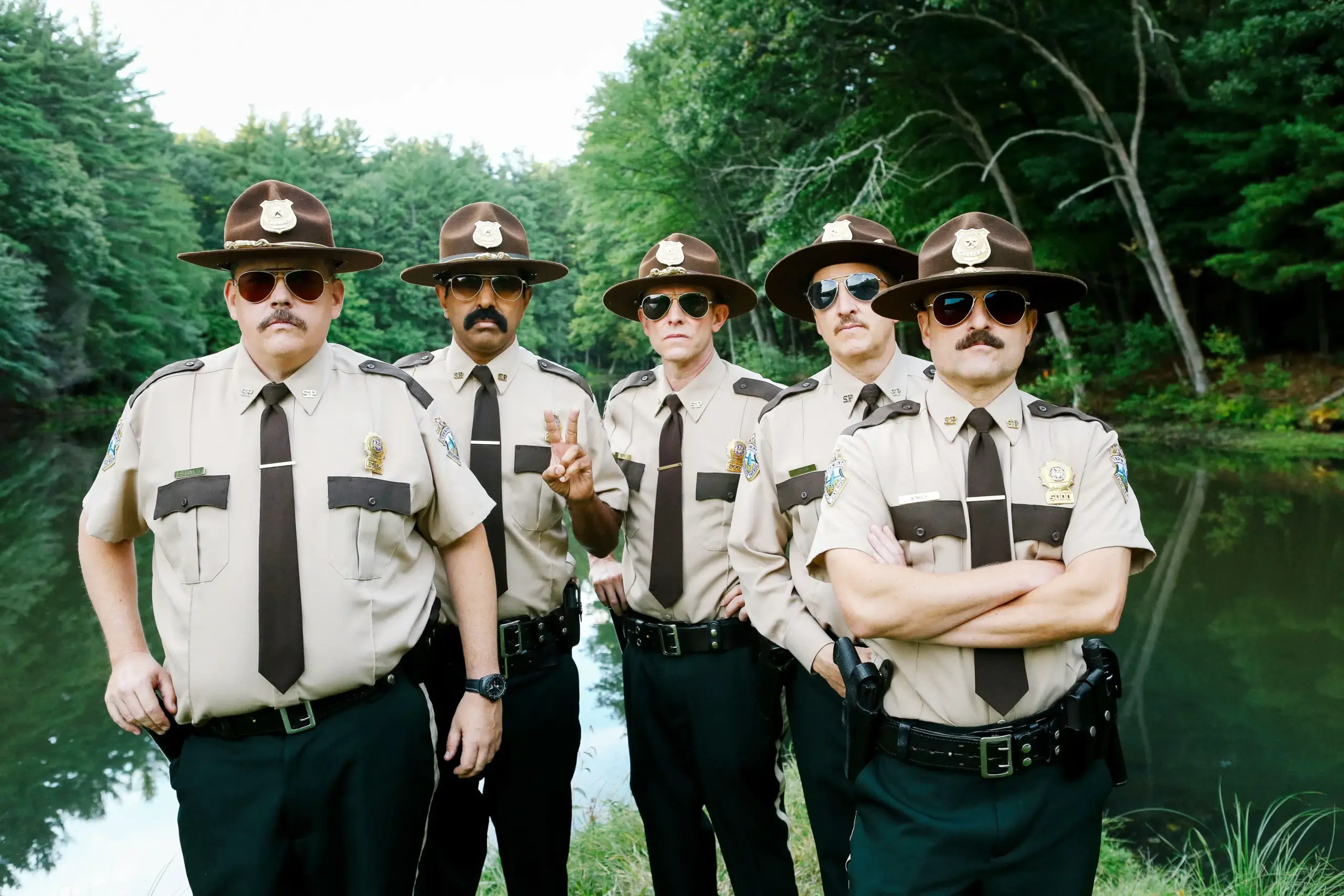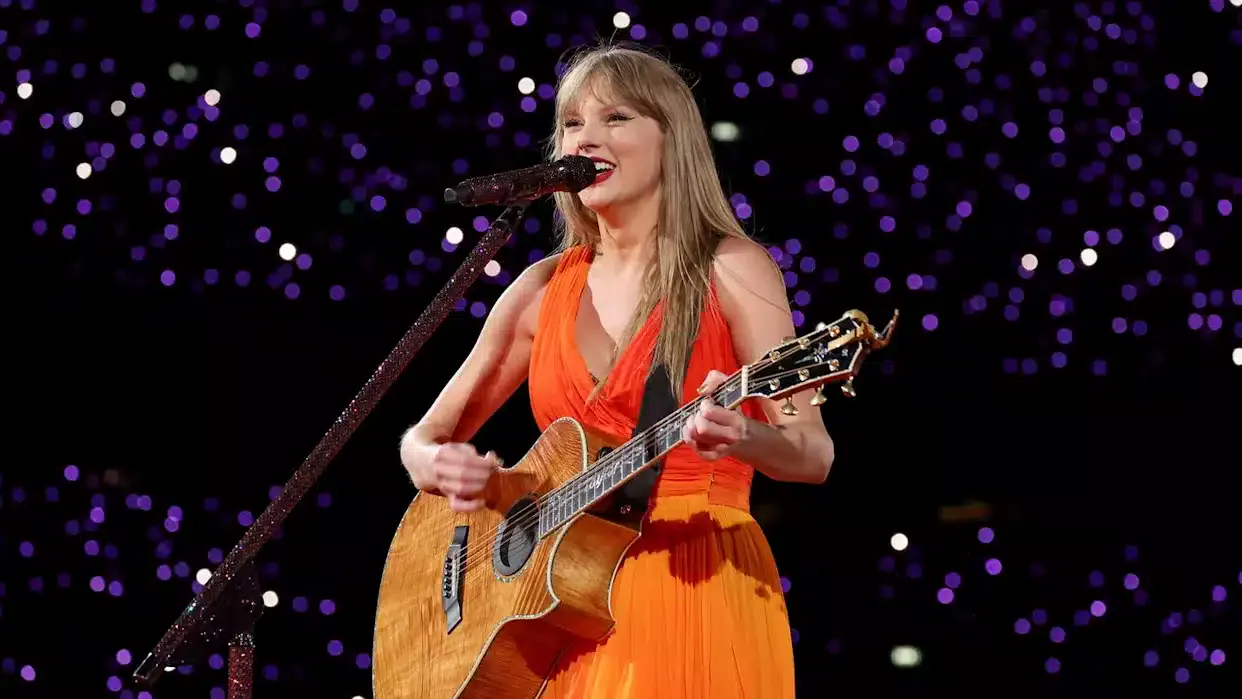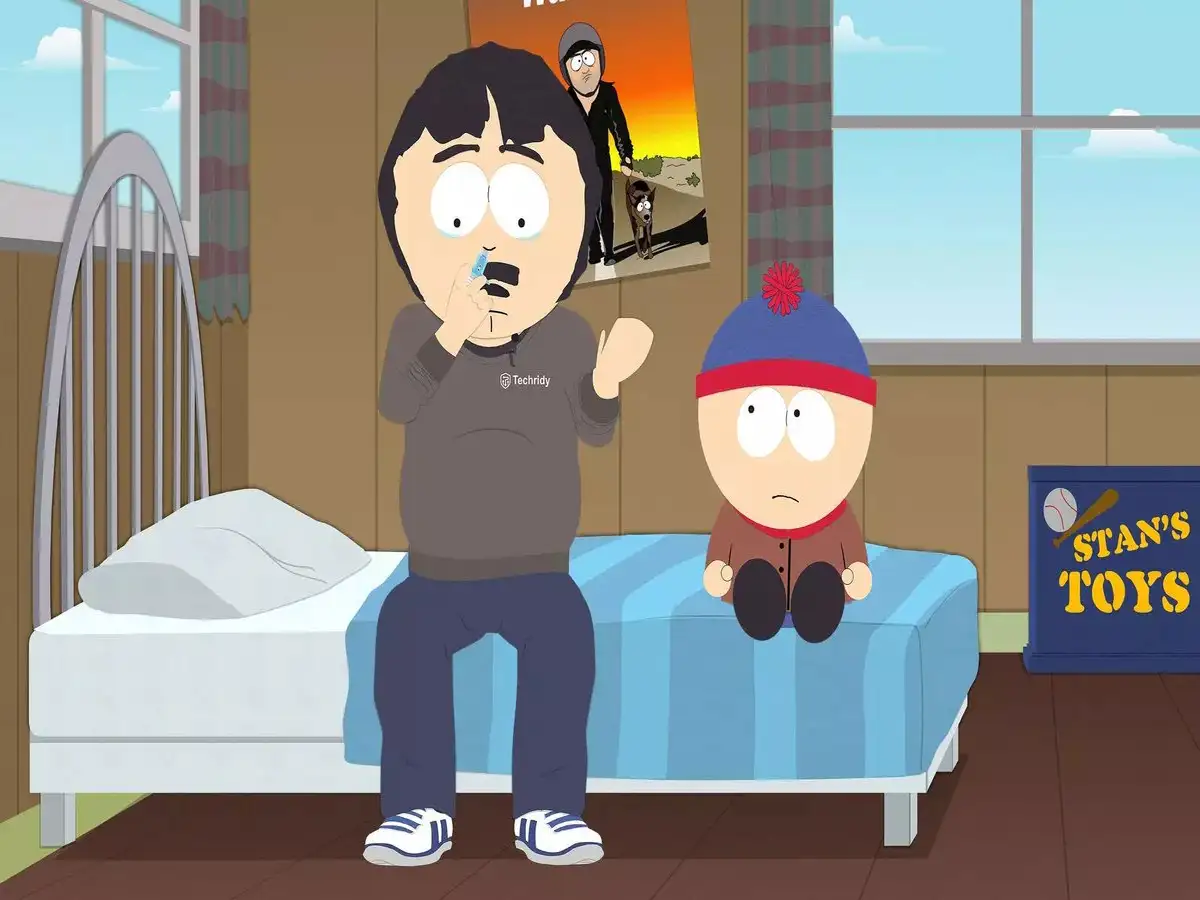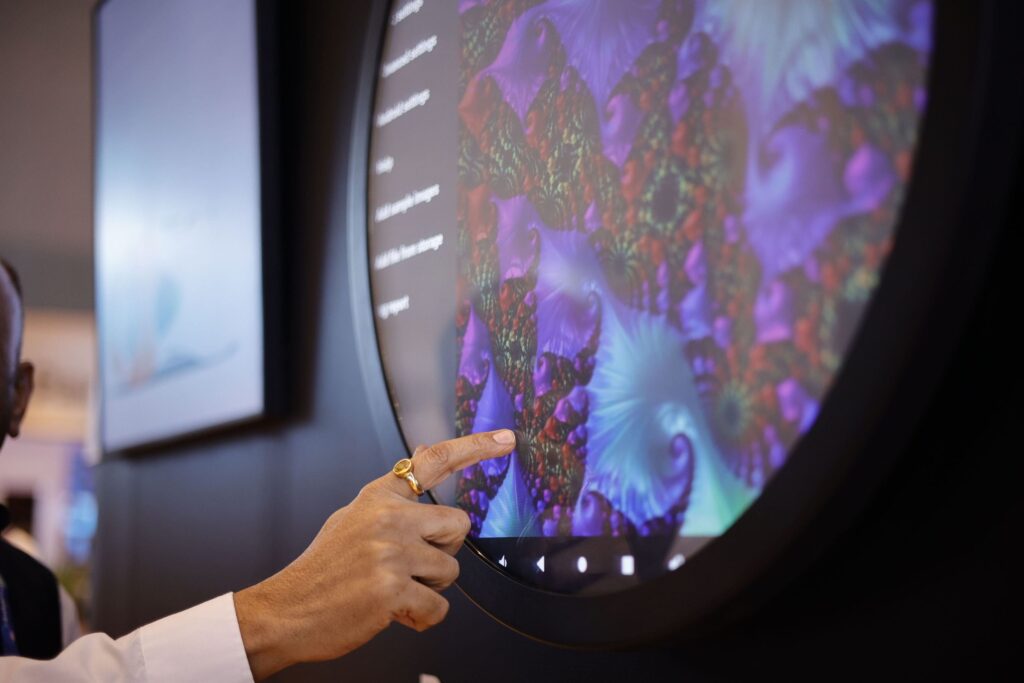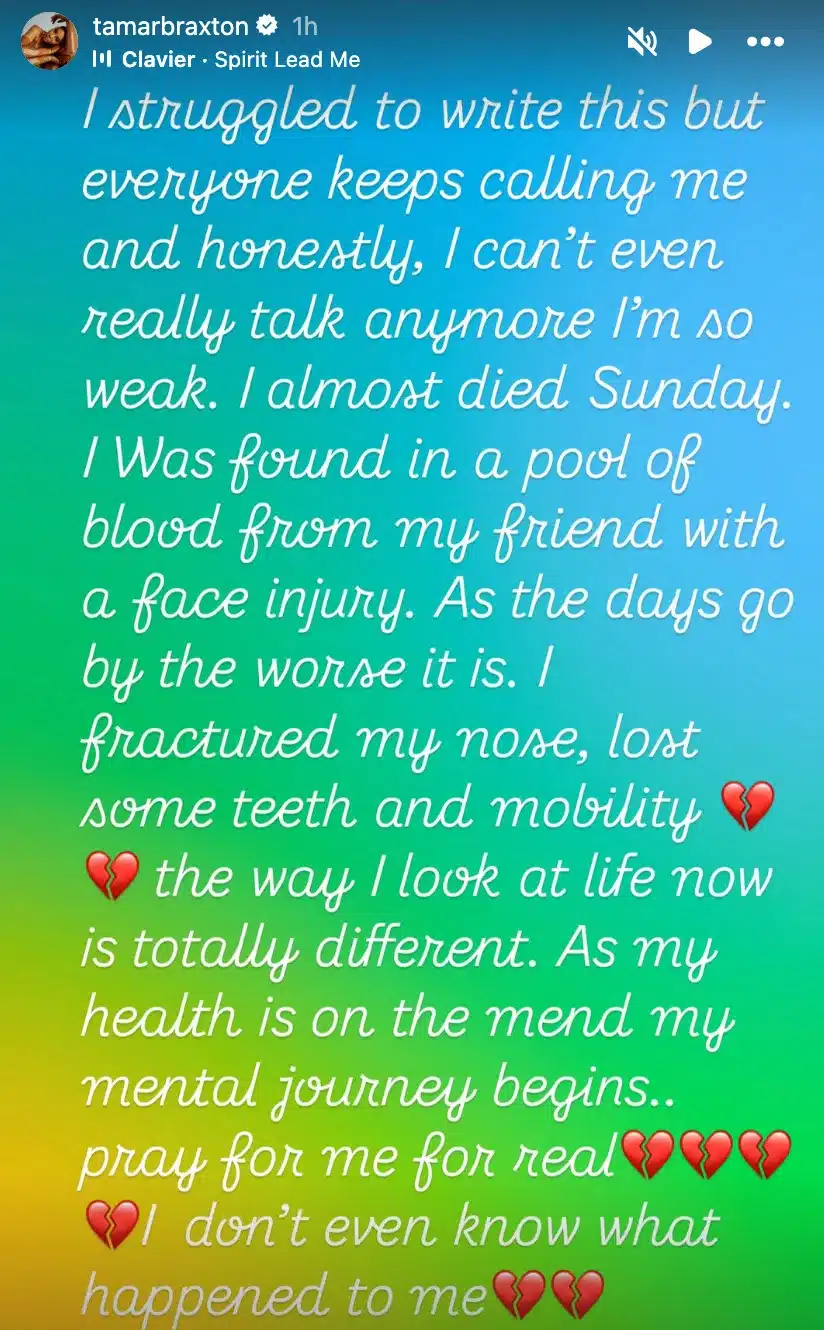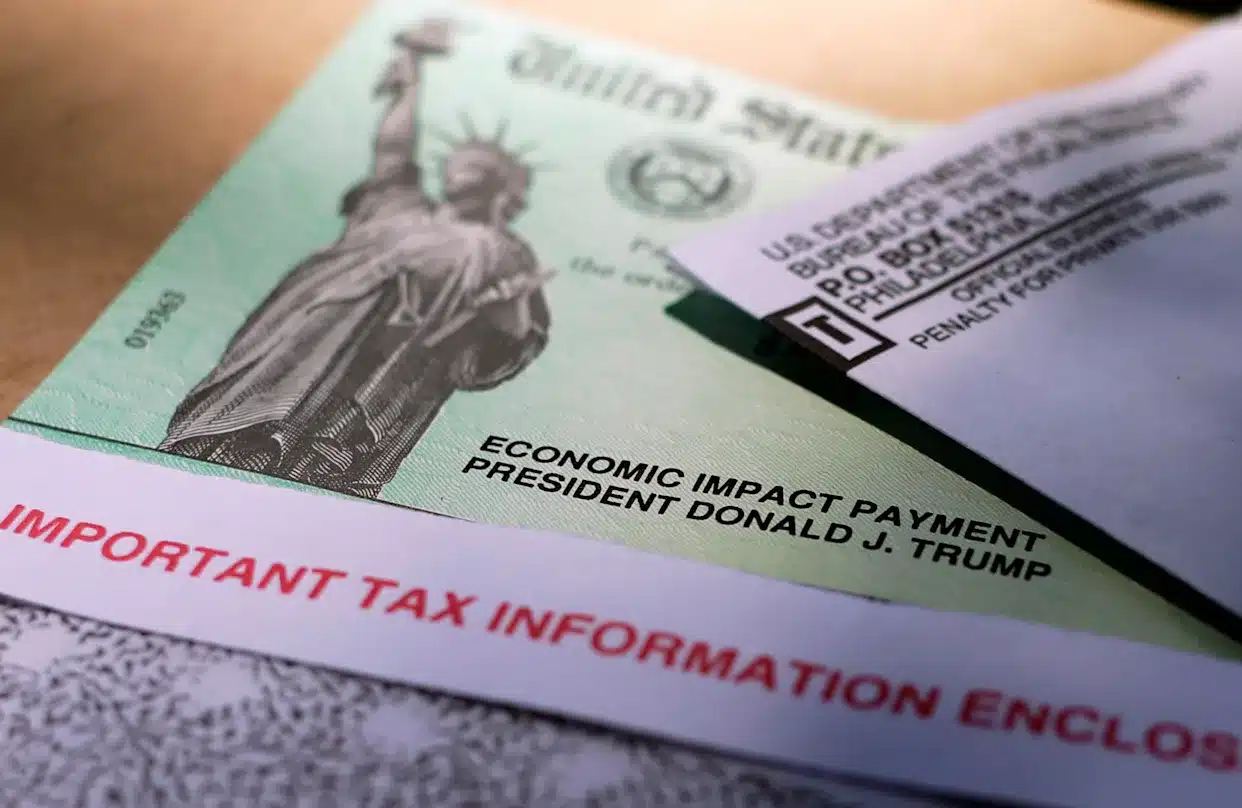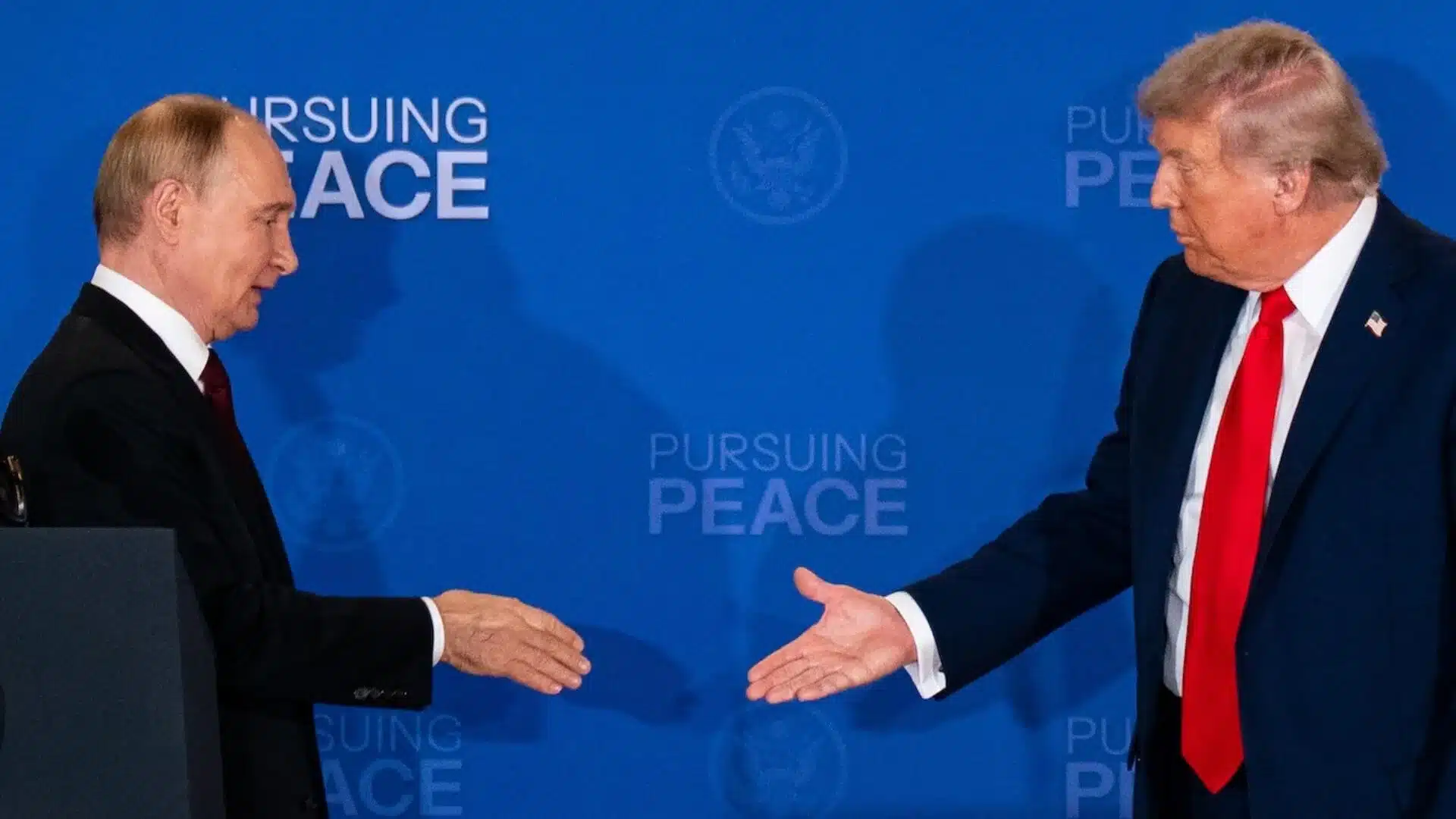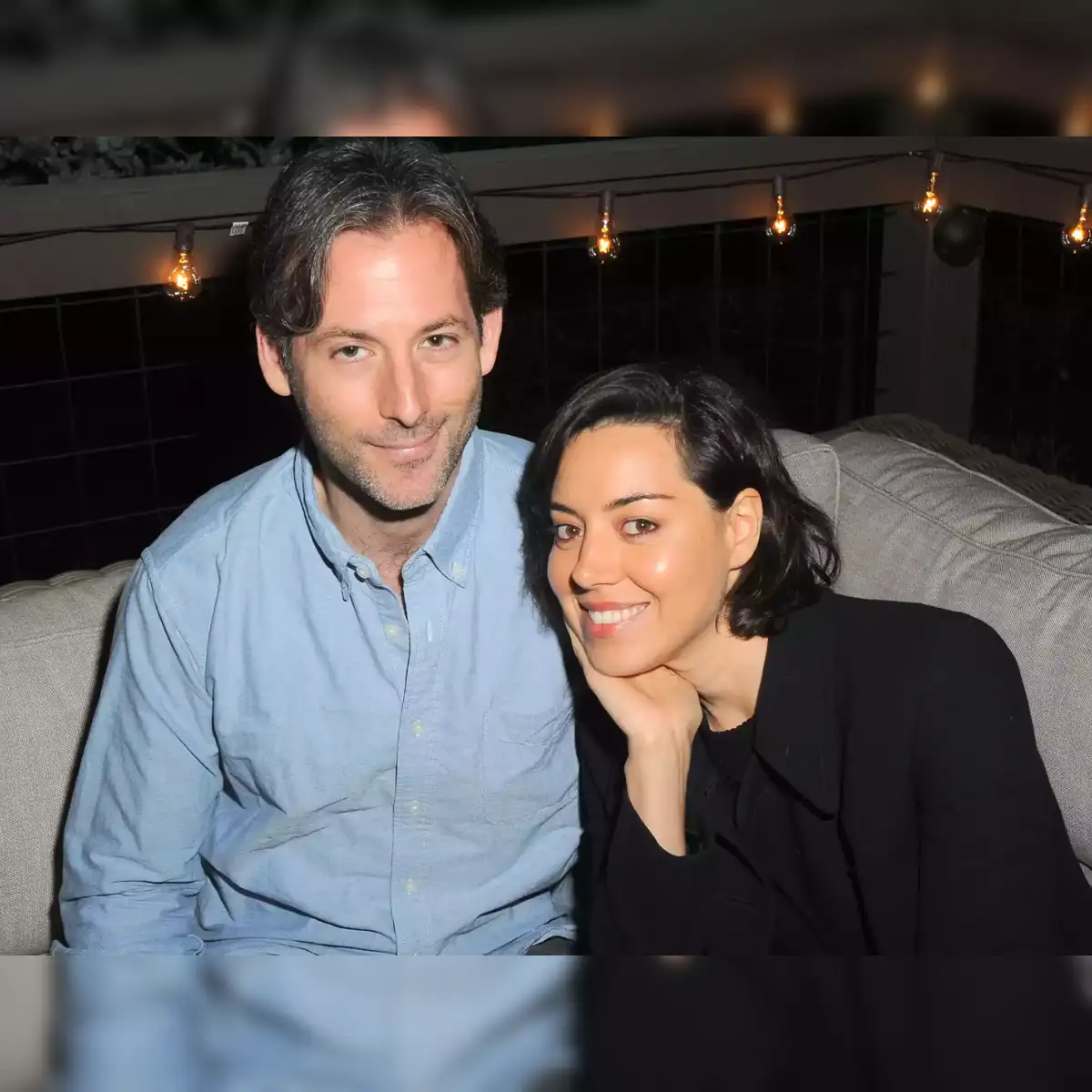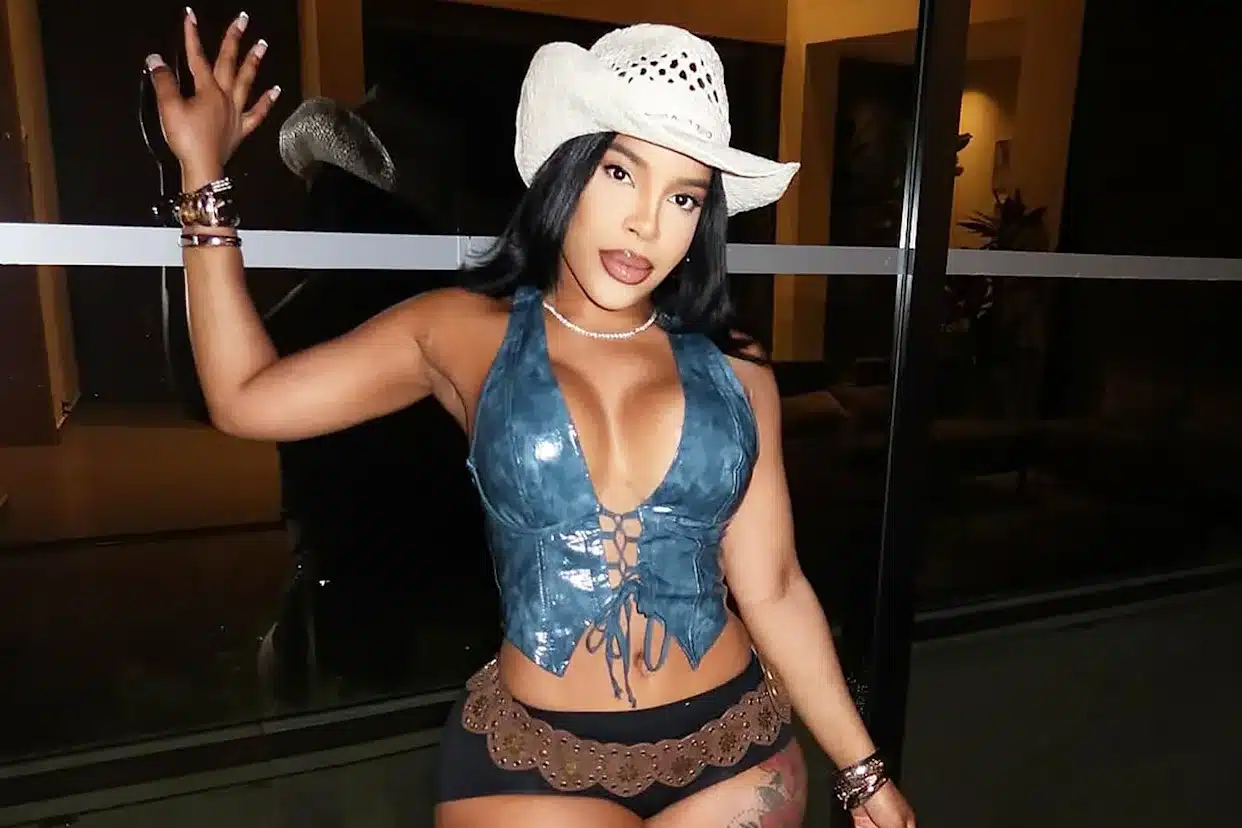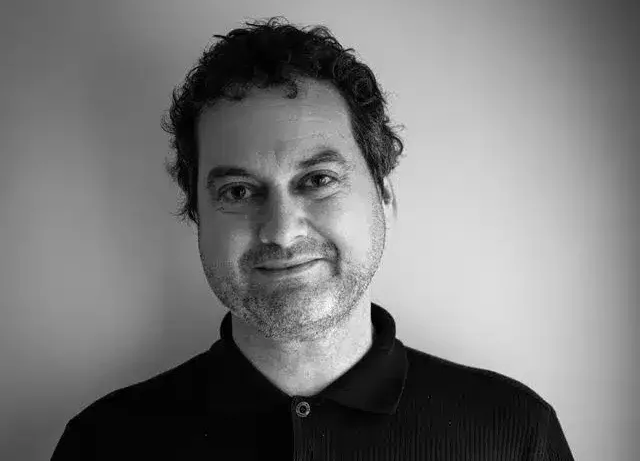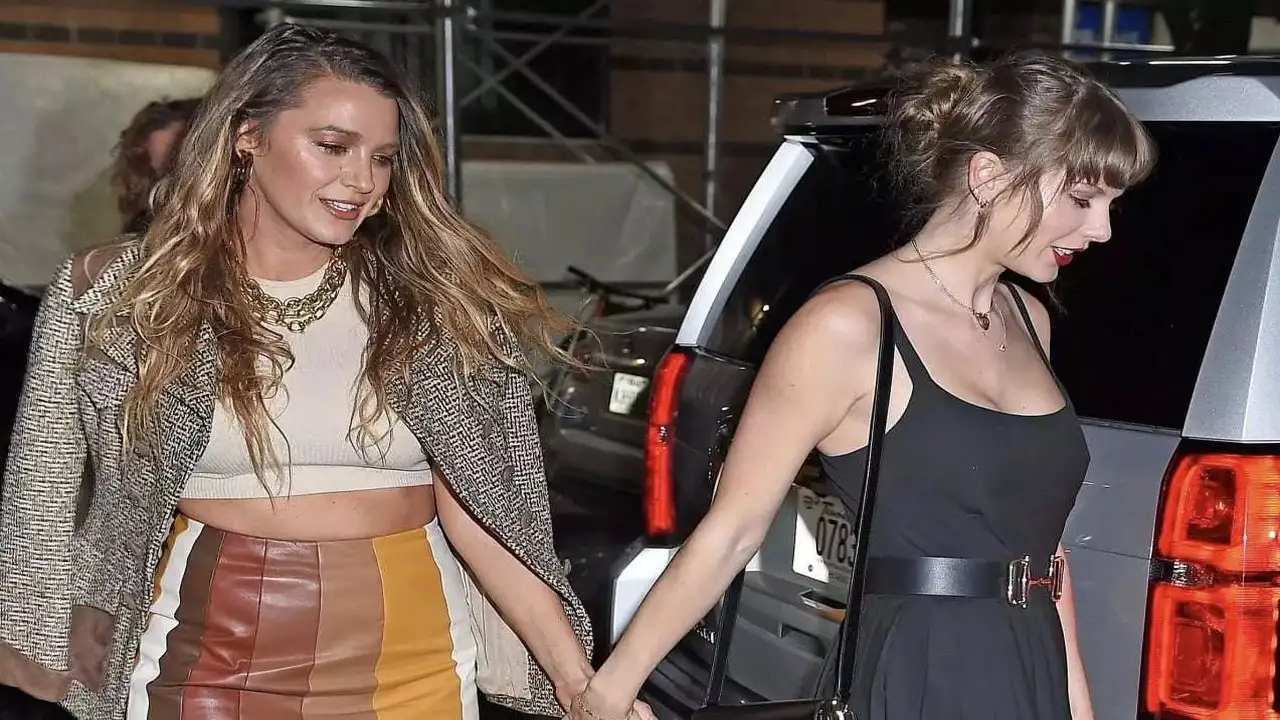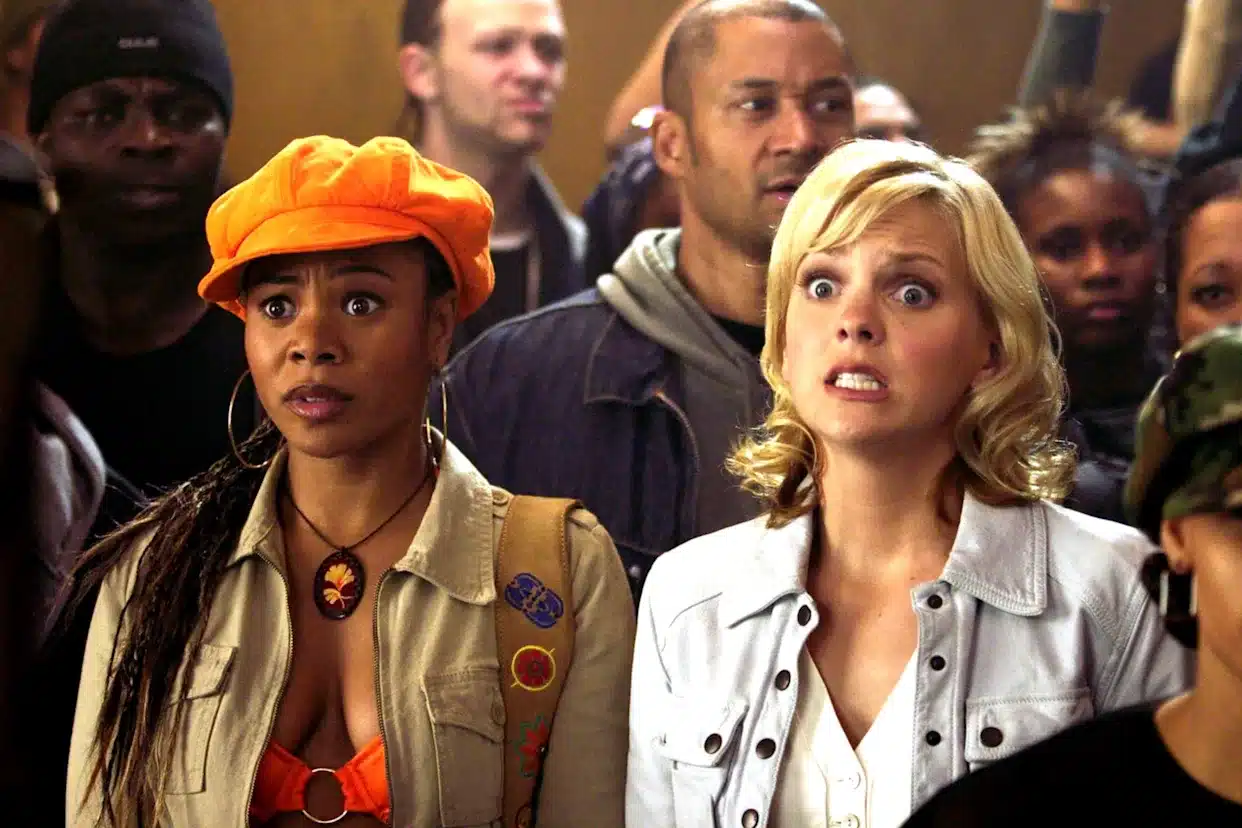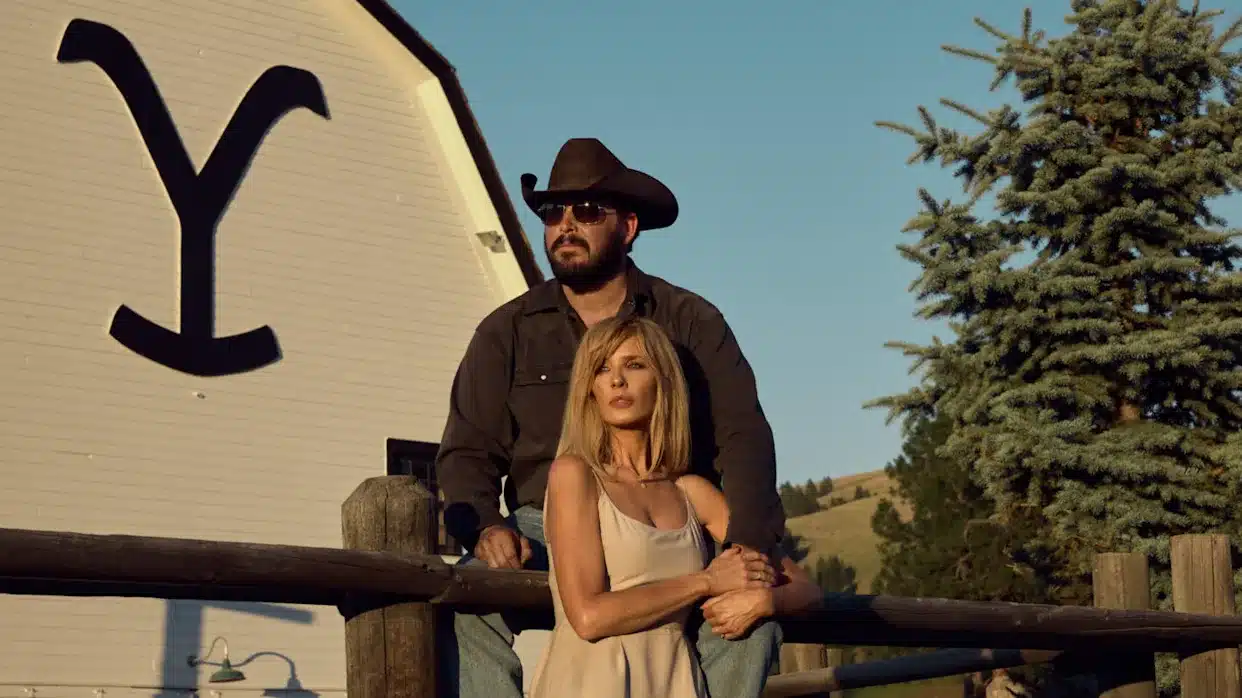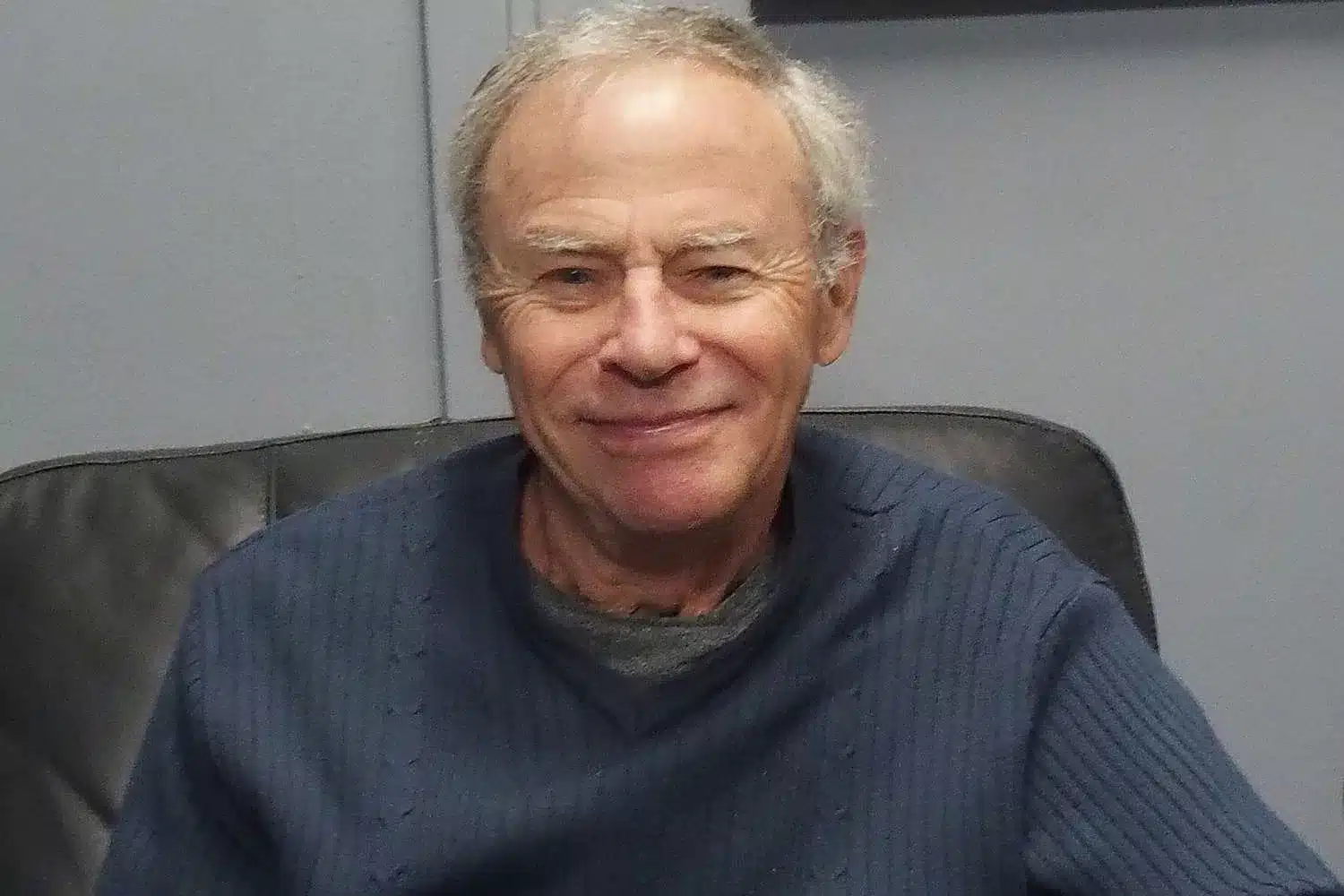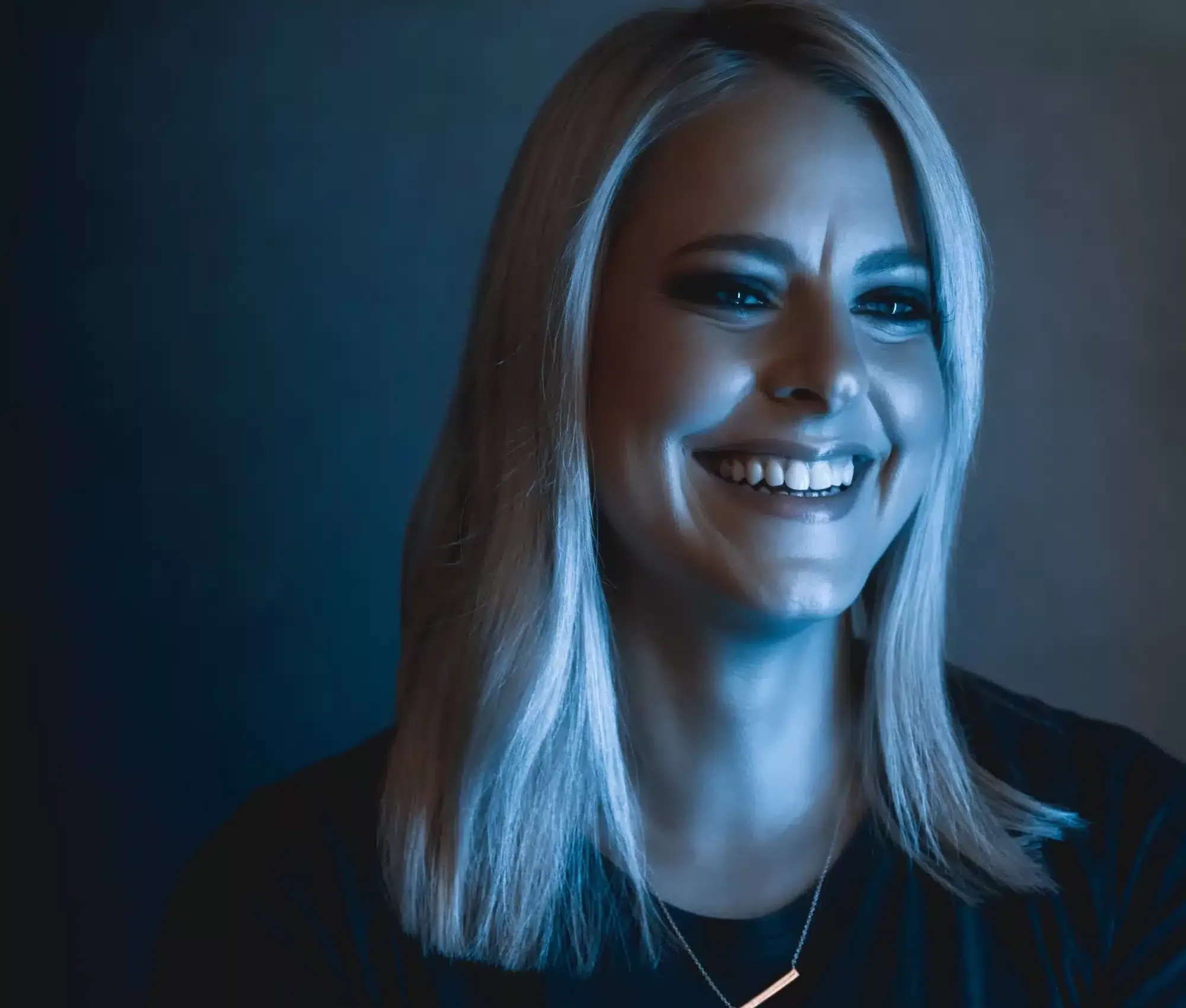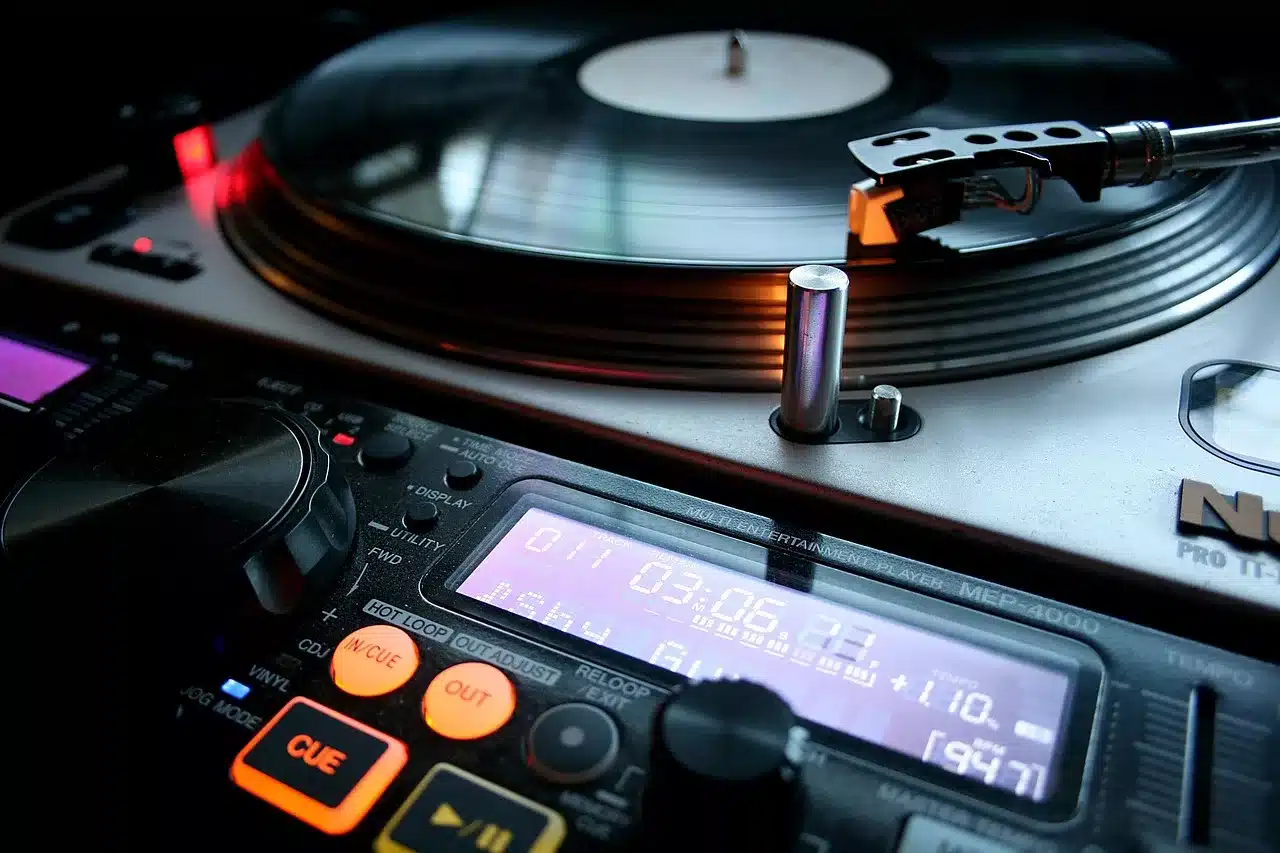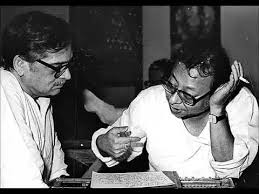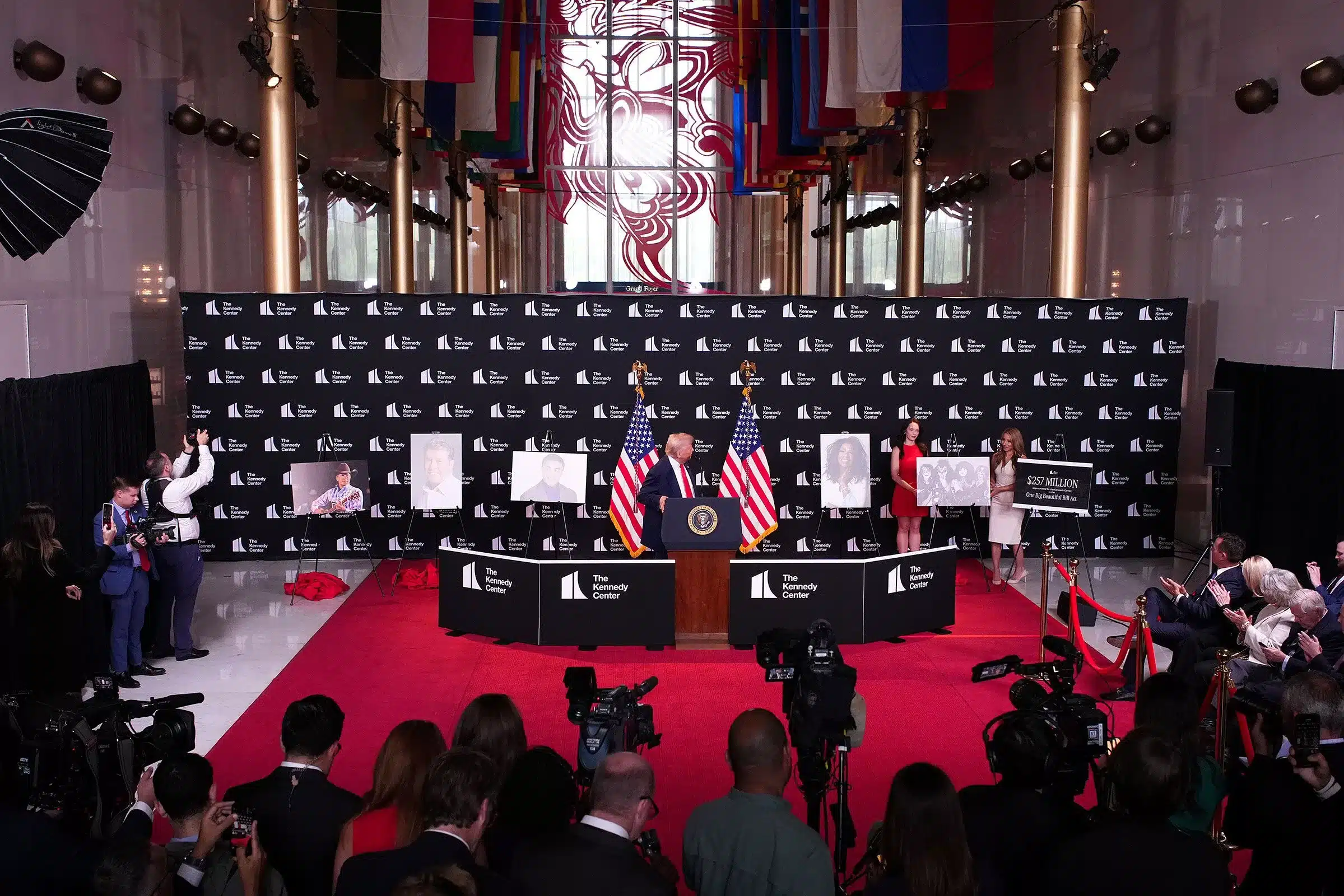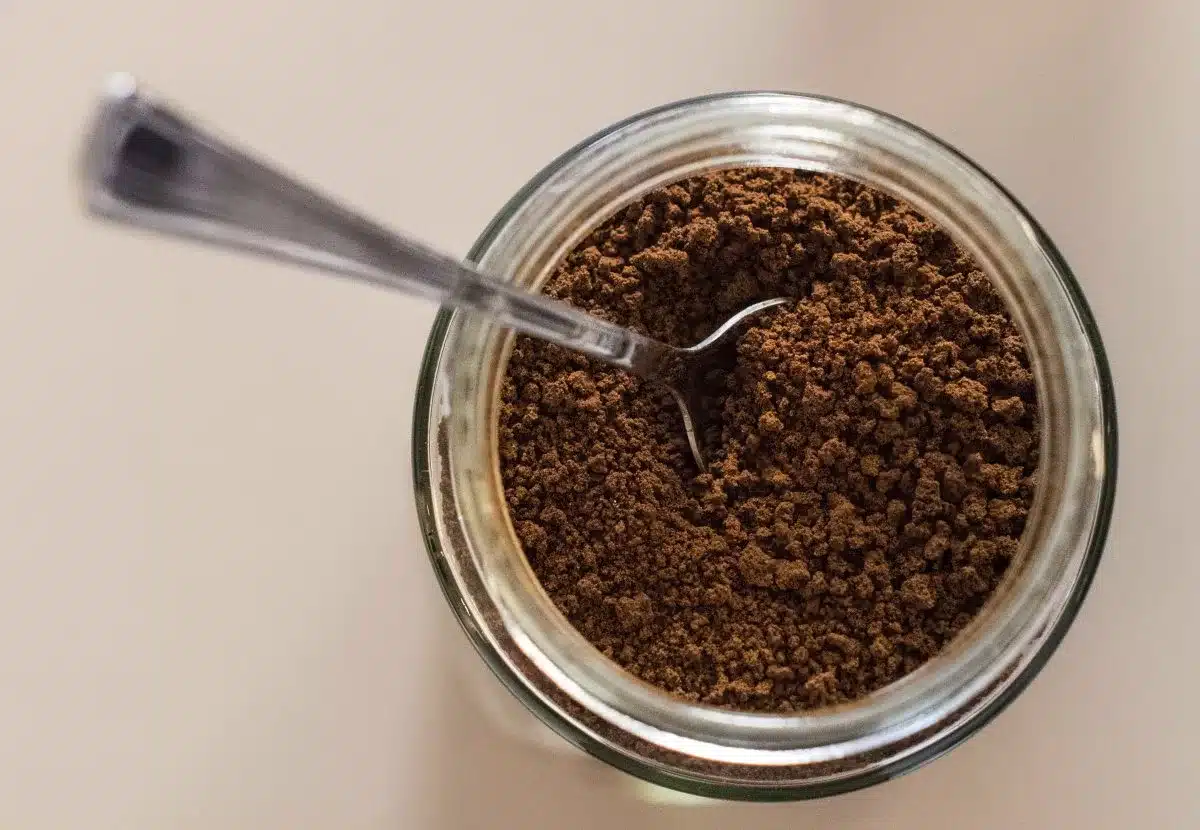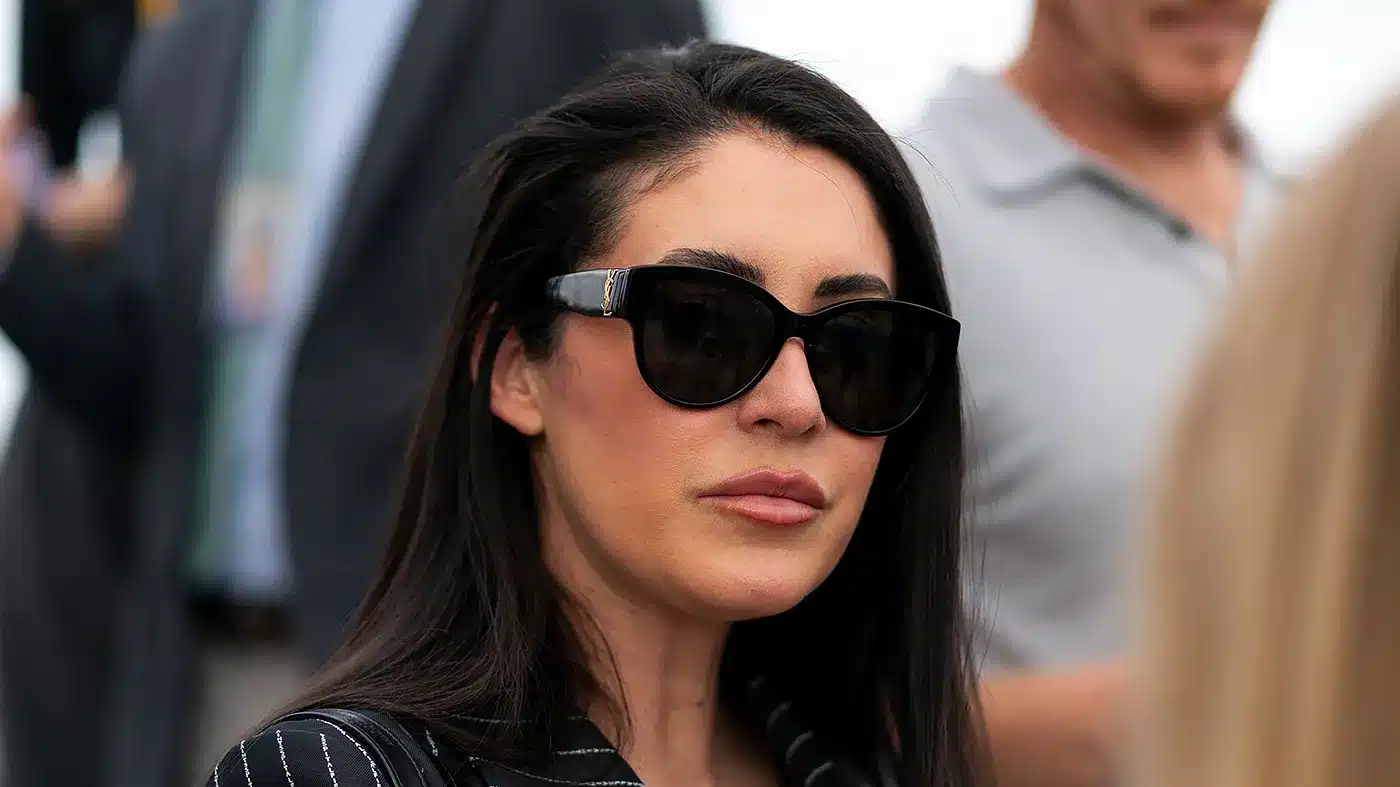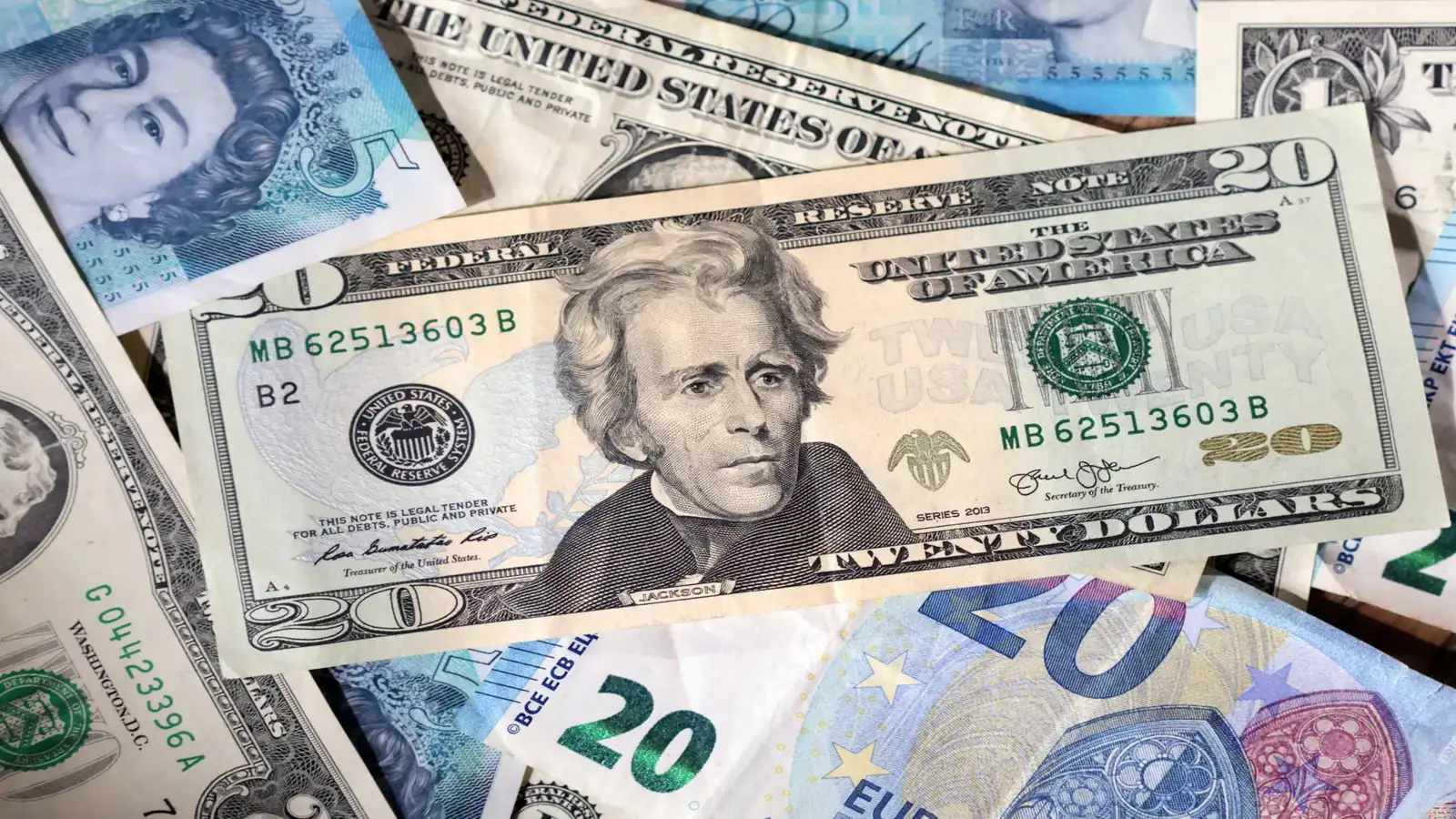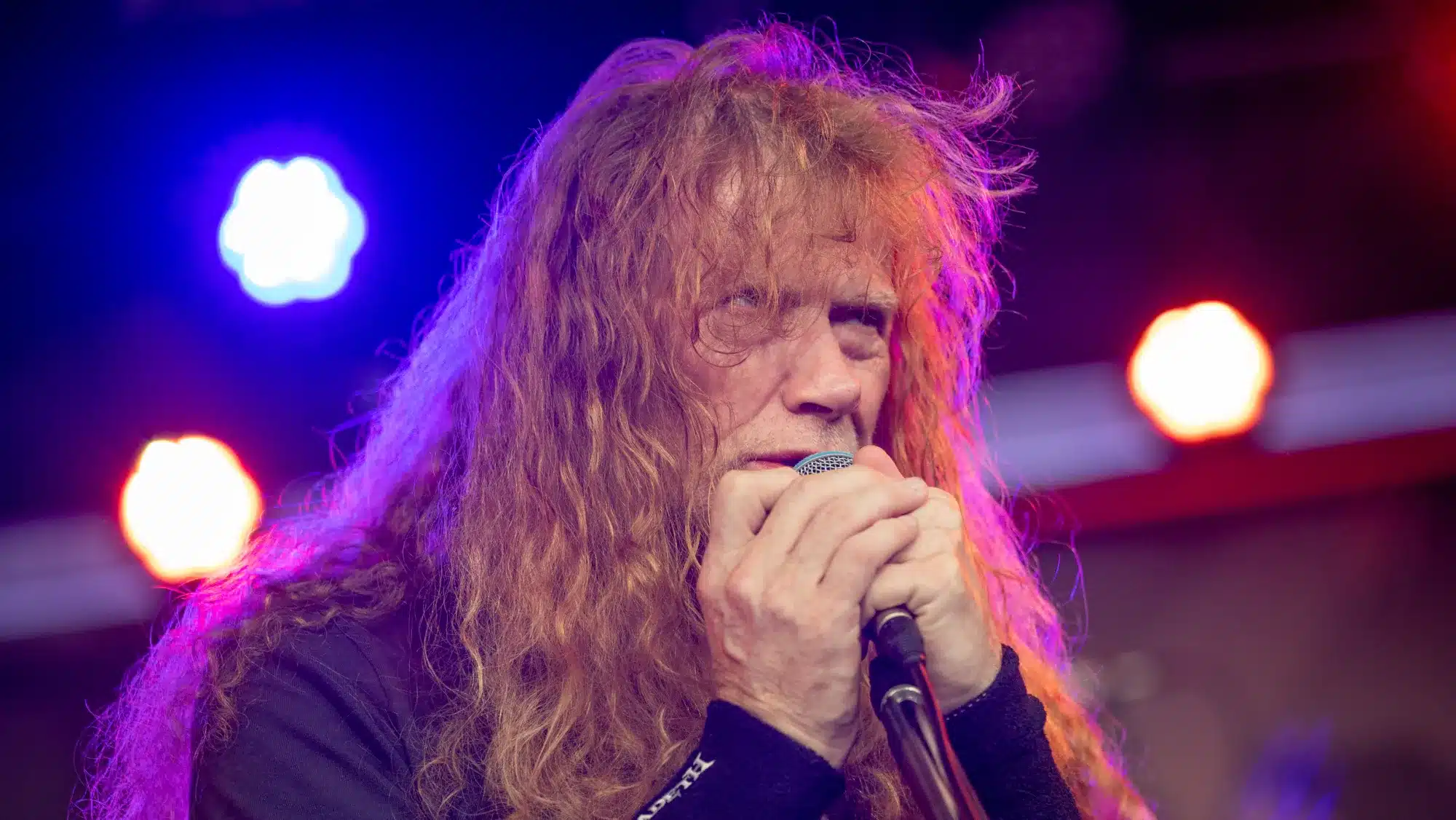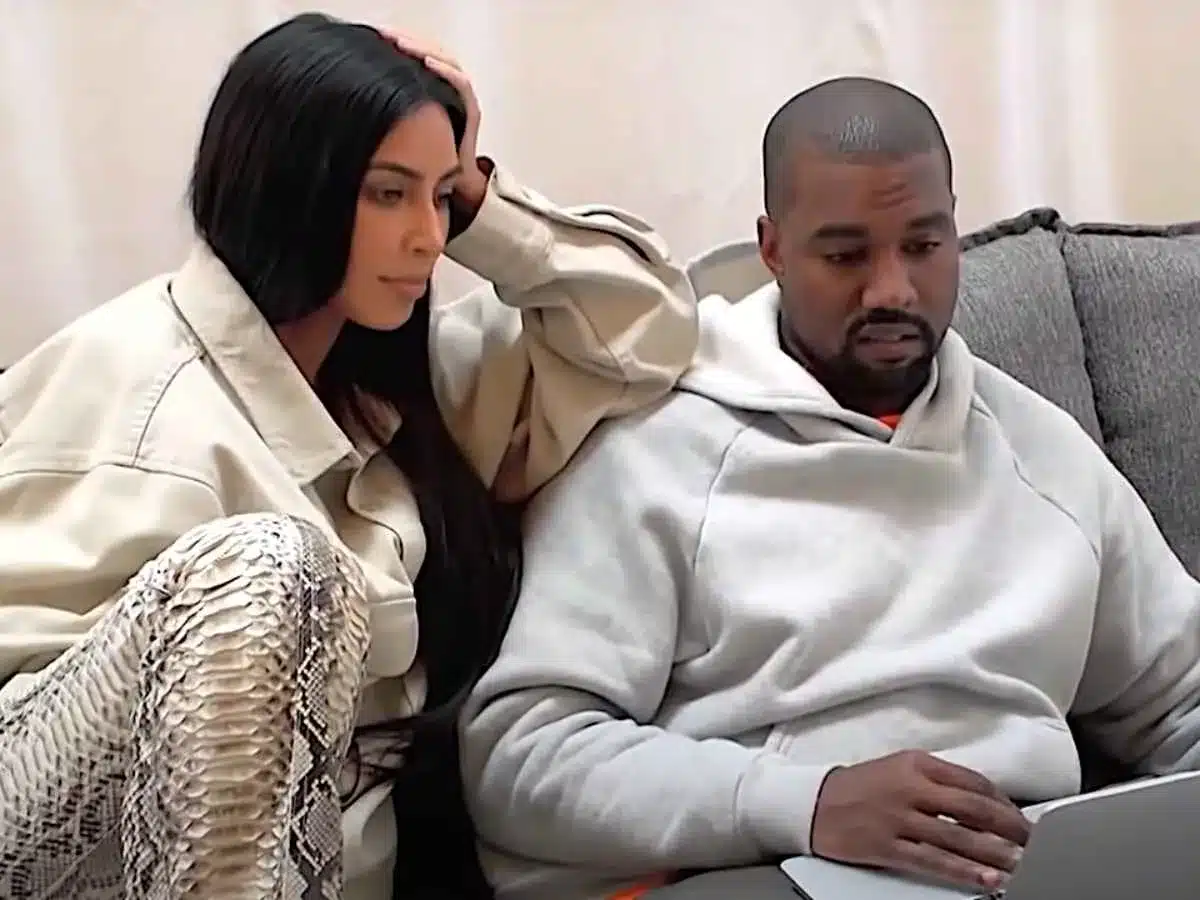
Haar Jeet, Sukh Dukh, Kabhi Khushi Kabhi Gham – the two opposite feelings, sometimes simultaneously, sometimes alternately are so common in real life, we don’t give much thought to it. Even major disasters, terrorist acts do not move us, they are some statistics in news. Except that something so horrific happens that it hits you personally, even though your no near or dear one was affected. Pahalgam was one such incident. One moment you see honeymooning couples taking selfies in different poses, families with small children engaged in fun, frolic and laughter, and the other moment some terrorists swoop down, identify people by their religion, and shoot the menfolk. To the women’s entreaties to kill them also as nothing was left to live for, they said there is no such mercy, go and tell Modi. Our Armed Forces’ retaliatory strike two weeks later gave the victims’ families some solace, but Pakistan chose to escalate. This soon threatened to spiral out of control with geostrategic ramifications till we entered a phase of now-ceasefire, now no-ceasefire.
Our family events like weddings etc are occasions for simultaneous उत्सव and अवसाद. I am not referring to beti ki vidaai. These events are so momentous, I have not seen a parent who is not overwhelmed by myriad emotions and tries his/her best to hide her tears. Karan Johar’s Kabhi Khushi Kabhi Gham was a bit stretched but he was hinting at this phenomena. All the self-help books preach equanimity in joy and sorrow, Geeta is oft-quoted सुख दुःखे समाचरेत्. It is easy to quote but difficult to follow.
SD Burman was a great master of singing philosophical songs. I start this post by his song.
1. Zindagi ai zindagi, zindagi tere hain do roop by SD Burman from Zindagi Zindagi (1972), lyrics Anand Bakshi, music SD Burman
2. Sukh ke sab saathi dukh mein na koi by Rafi from Gopi (1970), lyrics Rajendra Krishna, music Kalyanji-Anandji
The poet Rahim hit the nail on the head when he said don’t share your sorrows with anyone, they will only amuse themselves, and do nothing to alleviate your suffering. Rajendra Krishna paraphrases the same maxim in this beautiful song. Dilip Kumar and Rafi were still the tops, but now Naushad was on decline and this movie falls into Kalyanji-Anandji’s lap for composing.
3. Suhaag ki raat aayi sajni kaahe bhare tore naina by Pahadi Sanyal from Adhikaar (1938), music Timir Baran
I mentioned simultaneous interplay of उत्सव and अवसाद in our weddings. I like this song tremendously for catching the mixed emotions in our wedding celebrations. In New Theatres stable, KL Sigal, Pankaj Mullick and KC Dey are more celebrated but Pahadi Sanyal, their fourth great singer has sung some outstanding songs, this one being among his best.
4. Barkha ki raat aayi manwa har le man ka bhaar by Pankaj Mullick from Adhikar (1938), music Timir Baran
This film had another great song by the doyen of the New Theatres Pankaj Mullick, not exactly wedding, but rains evoke a feeling of sadness.
5. Hain sabse madhur wo geet jinhein dard ke sur mein gaate hain by Talat Mahmood from Patita (1953), lyrics Shailendra, Shankar-Jaikishan
If you are no social media, it seems that the entire endeavour of life is how to remain happy forever. Sounds logical. But in a great puzzle Shelly said “Our sweetest songs are those that tell of saddest thoughts.” Shailendra expresses the same thoughts in this sweet song by Talat Mahmood.
6. Dukh bhare din beete re bhiya sab sukh aayo re, rang jeevan mein naya laayo re by Manna Dey, Rafi, Shamshad Begum, Asha Bhosle and chorus from Mother India (1957), lyrics Shakeel Badayuni
Mehboob Khan’s magnum opus Mother India depicts the waxing and waning fortunes of farmers, tied to their lands, vagaries of weather, and illiteracy and an evil moneylender. One moment you are rejoicing at the luxuriant crops, and planning to harvest it the next day, and in the night hailstorm and unseasonal rains destroy the standing crop. The movie itself starts with a sad-happy wedding song Pi ke ghar aaj pyari dulhaniya chali. It starts with Nargis’s vidaai from her parental home – Royein mata pita unki duniya chali, and ends at her marital home – Torey sang main jeevan bhar ko sajna chali – where Raj Kumar is impatient to meet the dulhan, and is jumping around in a flippant manner, much to the playful disapproval of his mother and other women. After some more happy and alternating sad songs, comes this song of joy at the prospects of a good crop. The readers might remember Manek Premchand had pointed out a technical flaw in this song – In the first part Raj Kumar lip-synchs both Rafi and Manna Dey, and Nargis both Asha Bhosle and Shamshad Begum. Similarly, in the second part of the song Rajendra Kumar and his lover Kumkum, get to lip-synch the same two singers.
7. Betab hai dil dard-e-mohabbat ke asar se by Uma Devi and Suraiya from Dard (1947), lyrics Shakeel Badayuni, music Naushad
Naushad was a master of composing sad-happy songs – the same song evoking both sad and happy feelings alternatively. Before, Mehboob Khan took Naushad in a big way, Naushad was tied to AR Kardar on a fixed salary in the Studio Era, until he realised his real worth and broke free from him. Munawwar Sultana is obviously sad, perhaps because her love for the hero is on a downswing, whereas Suraiya’s is on the uptick.
8. Ai shamma tu bata tera parwana kaun hai by Suraiya from Dastaan (1950), lyrics Shakeel Badayuni, music Naushad
This film carries forward the same core team of Kardar, Shakeel Badayuni, Suraiya and Naushad. Suraiya had three suitors: Raj Kapoor shows casual confidence of knowing that he is the object of attention of Suraiya, by eating banana and munching on peanuts. Shekhar does not want to leave Suraiya for a moment, so he sticks to the piano like a limpet. For a fleeting second the third suitor Al Nasir comes in view who is a little morose.
9. Dil ko haaye dil ko teri tasveer se bahlaye huye hain by Rafi and Suraiya from Dastaan (1950), lyrics Shakeel Badayuni, music Naushad
The equation is more clear now. Shekhar is not seen in the video, Raj Kapoor sings the mukhada in a chirpy voice, by this time it is clear to the guy # 3 Al Nasir that he stands no chance in the race with Raj Kapoor. He also sings in the voice of Rafi, now evoking the image of sorrow.
10. Dekh liya maine kismet ka tamasha dekh liya by Rafi and Lata Mangeshkar from Deedar (1951), lyrics Shakeel Badayuni, music Naushad
Dilip Kumar is singing this song in the drawing room of Ashok Kumar. He has realised that Nargis is the girl with whom he sang in the childhood, Bachpan ke din bula na dena, but she gives a bewildered smile that she can’t figure out what is going on. Later Nimmi came into his life and she is doing what she does best – singing a weeping song in the voice of Lata Mangeshkar. Ashok Kumar, who is now betrothed to Nargis, gives quizzical smile that all the subtle attempts to jog her memory has failed.
11. Kabhi khushi kabhi gham by Lata Mangeshkar from Kabhi Khushi Kabhi Gham (2001), lyrics Sameer Anjan, music Jatin-Lalit
From Naushad overdose let us move to the modern era. Now film idiom got diversified. One of the pioneers of the modern era, Karan Johar, can be credited with the creation NRI genre with opulent houses, lavish life-style, designer ethnic dresses, family values and dance songs. This was a nostalgia trip to our desi firangis. In this title song the songster, the music director and the producer-director convey the fundamental message of life in a flashy wrapping that sometimes there is happiness, and sometimes sadness, but finally there is happy ending.
Acknowledgement and Disclaimer
The song links have been embedded from the YouTube only for the listening pleasure of music lovers. This blog and the writer do not have any commercial interest and claim or suggest no copyright over these songs which vests with the respective rights owners.




